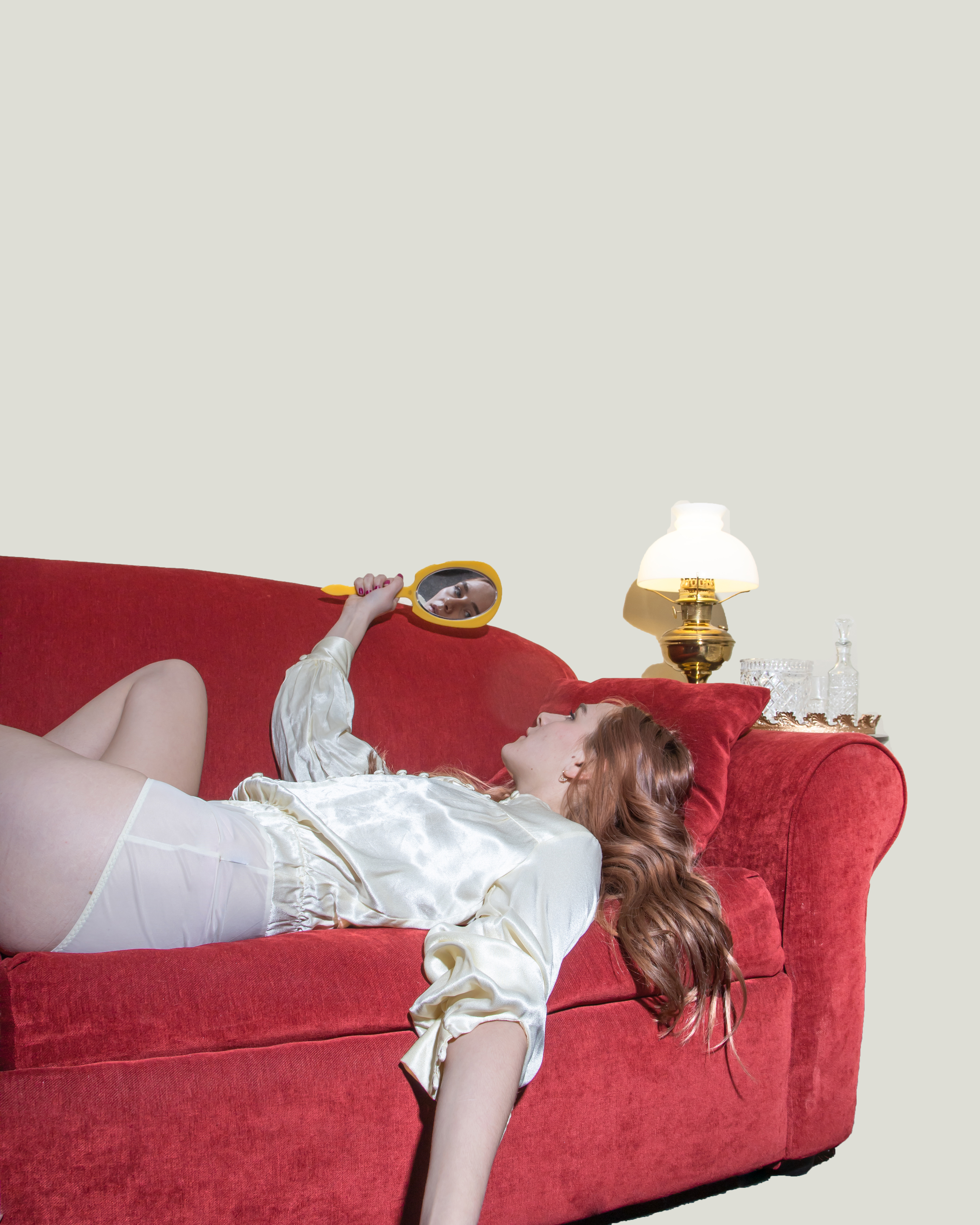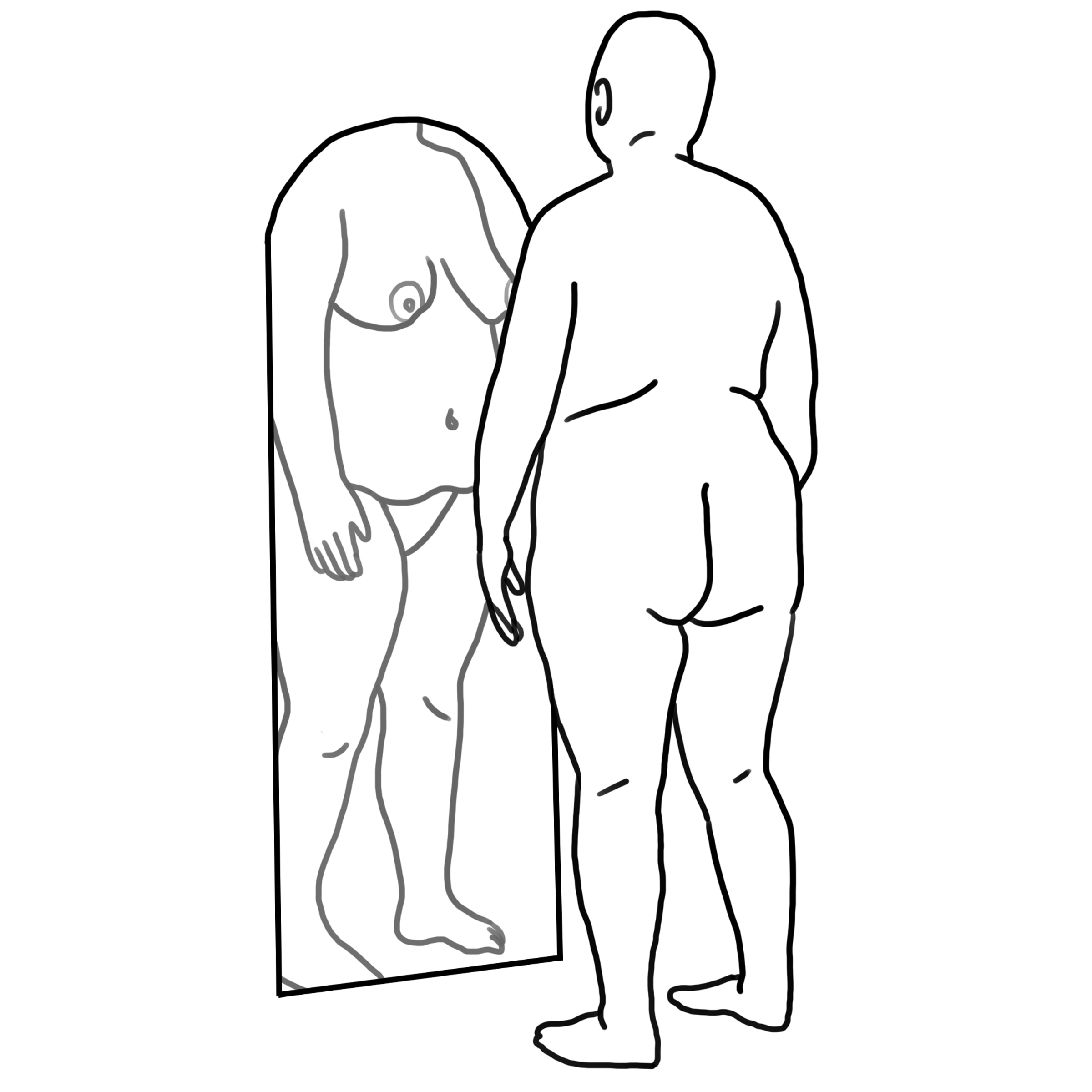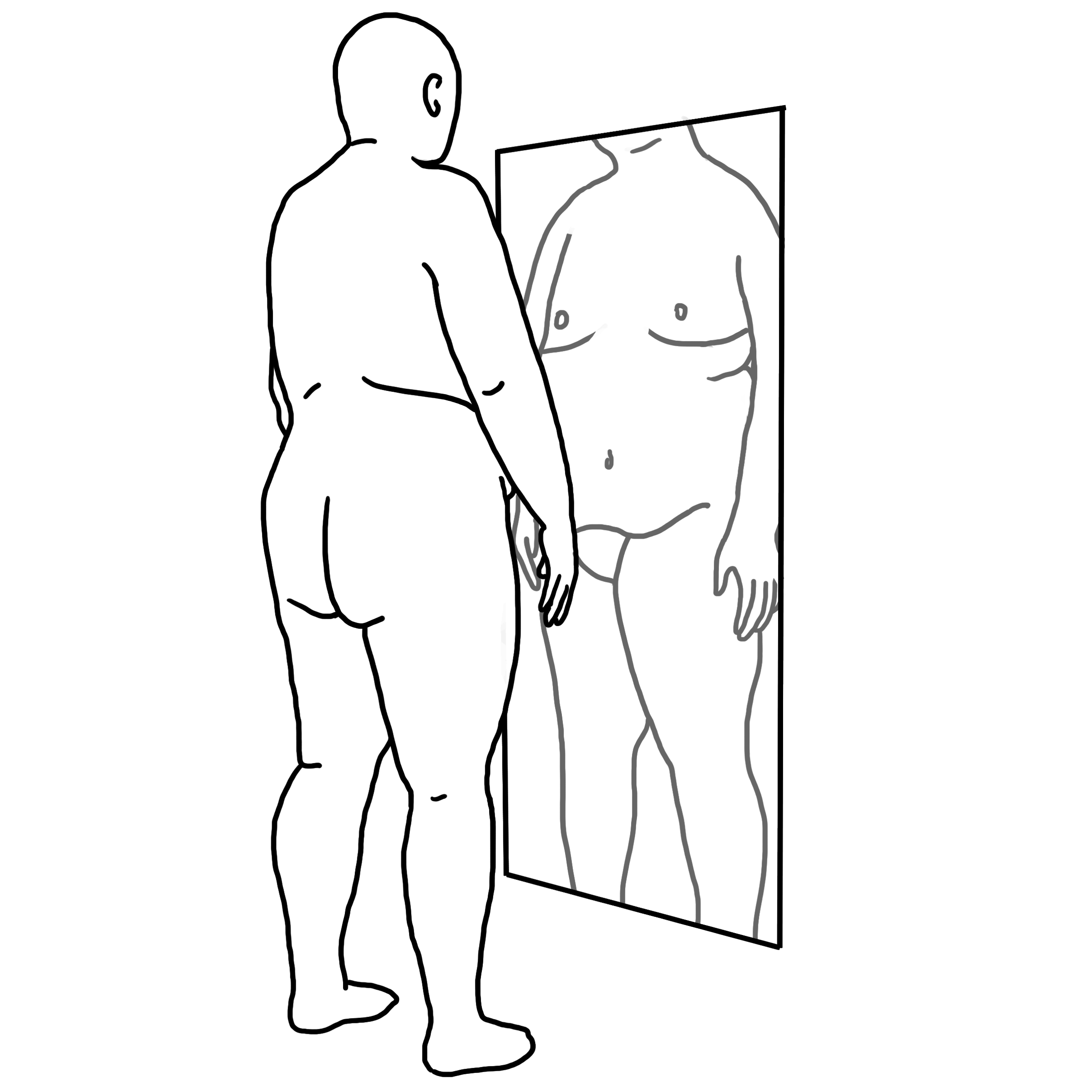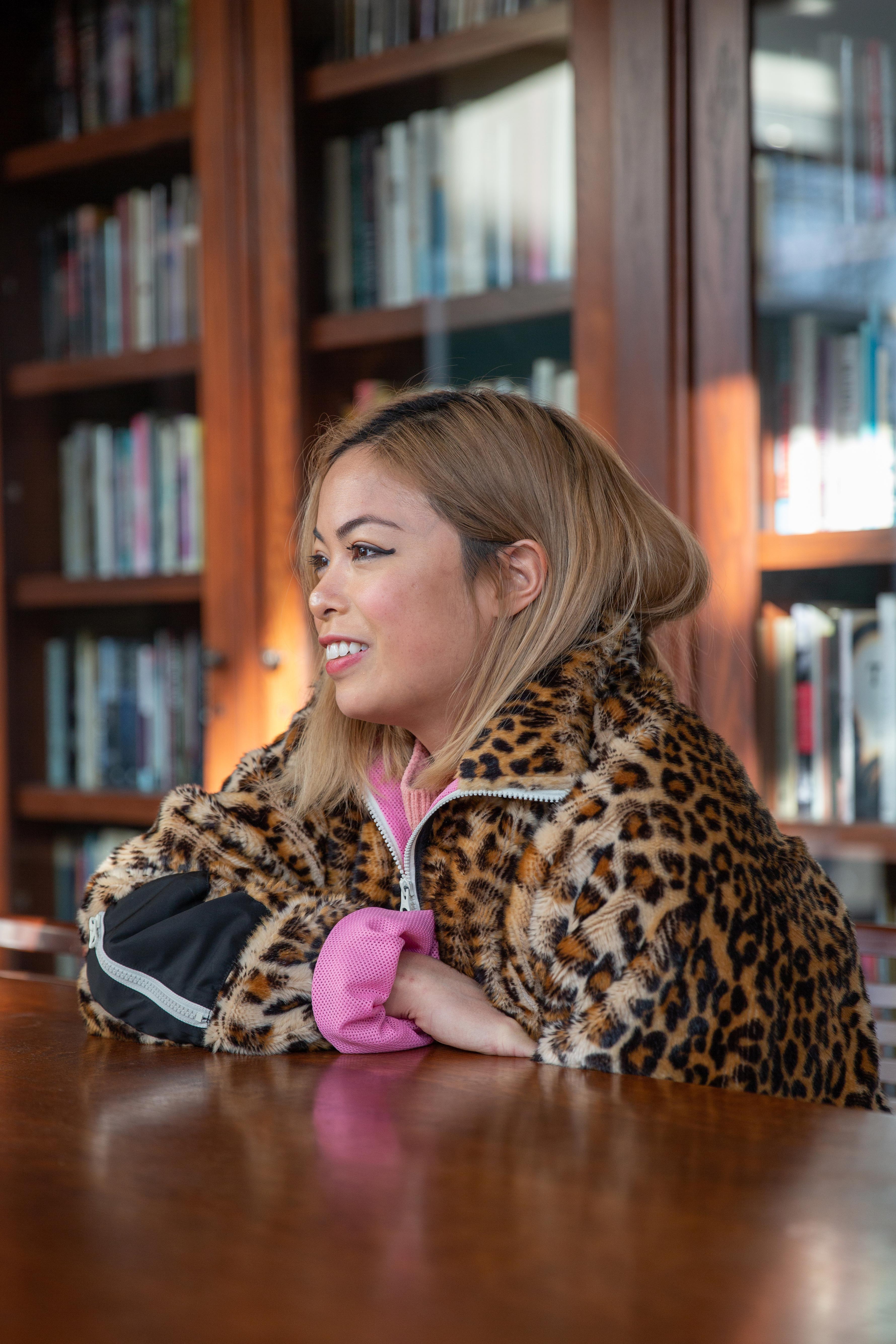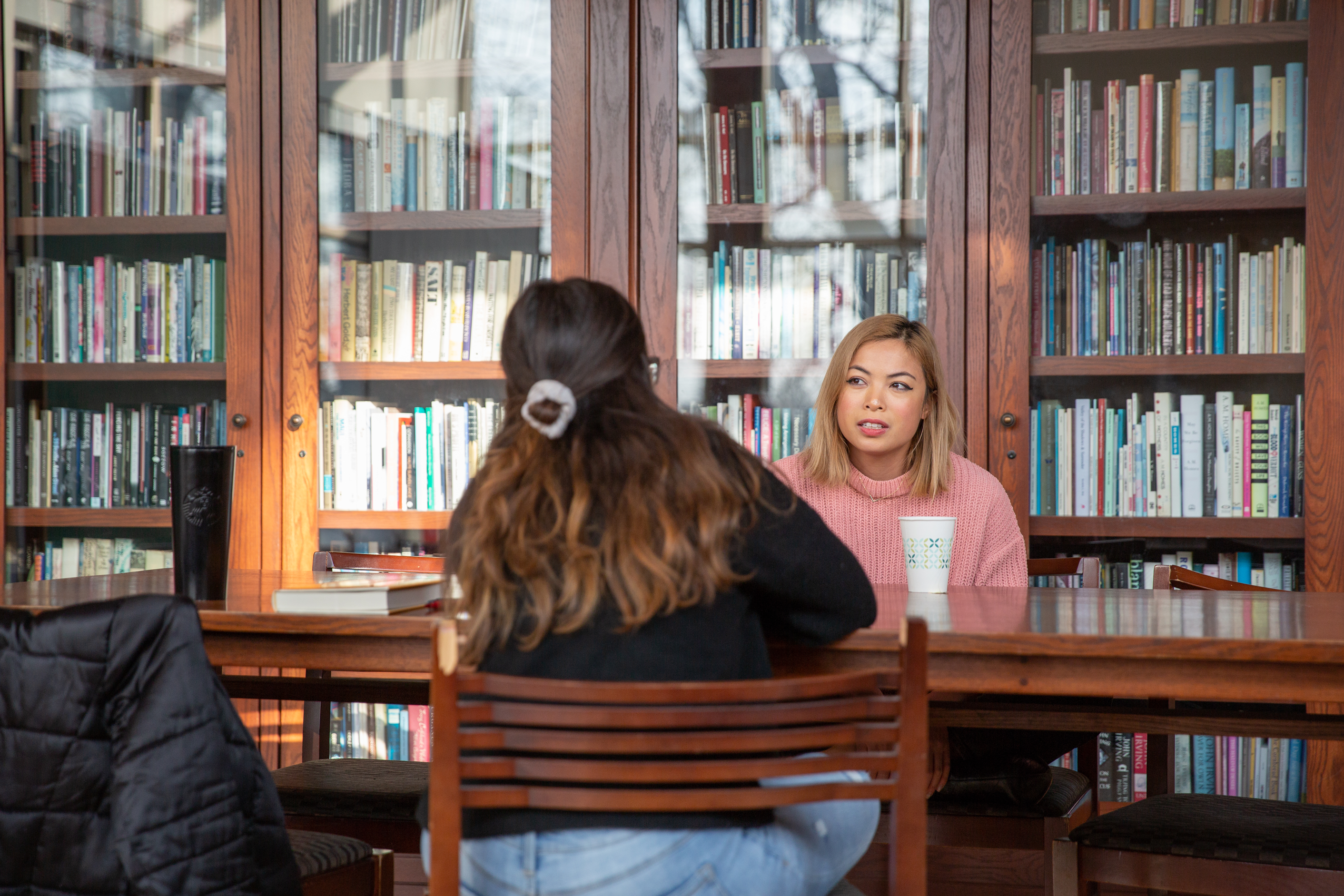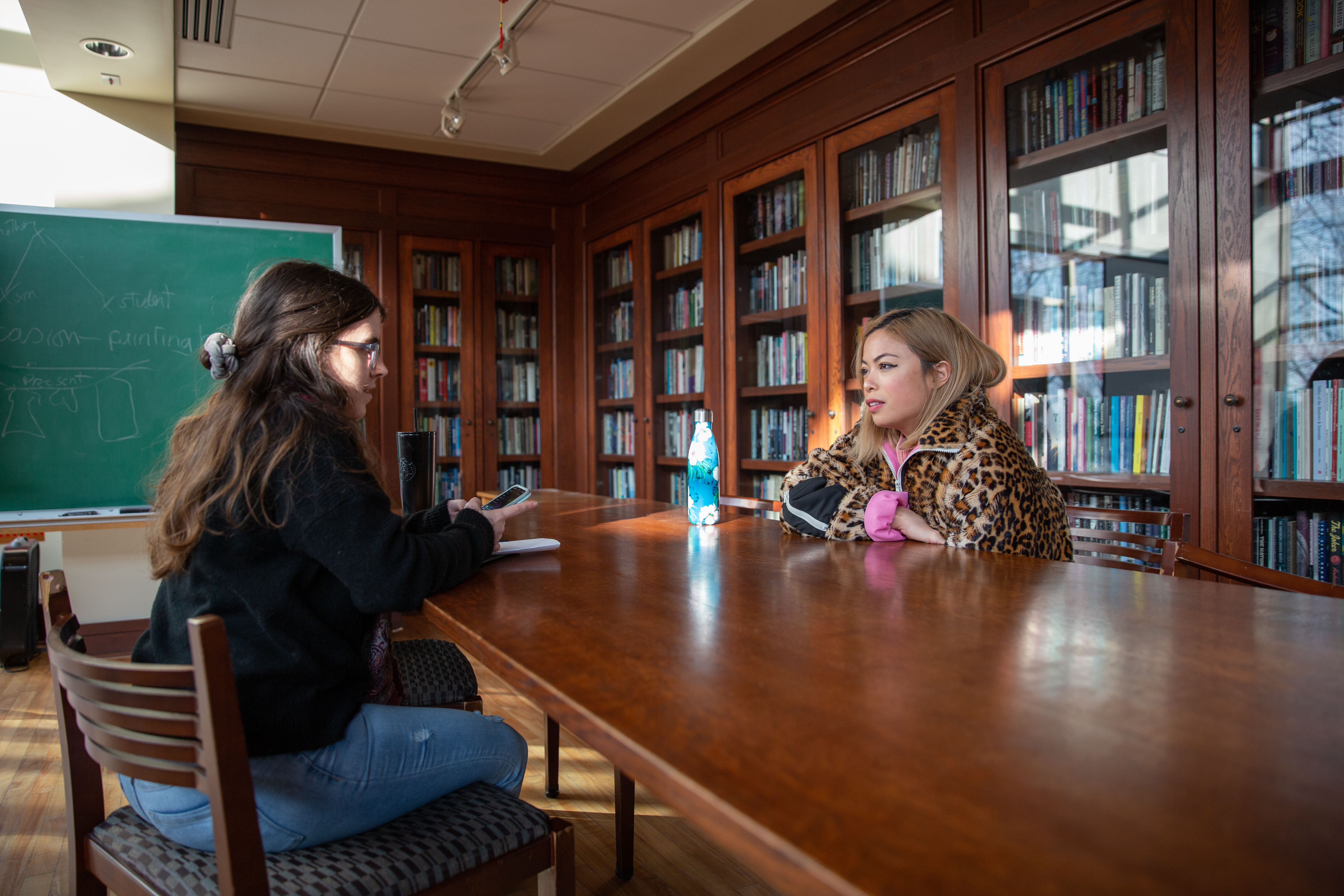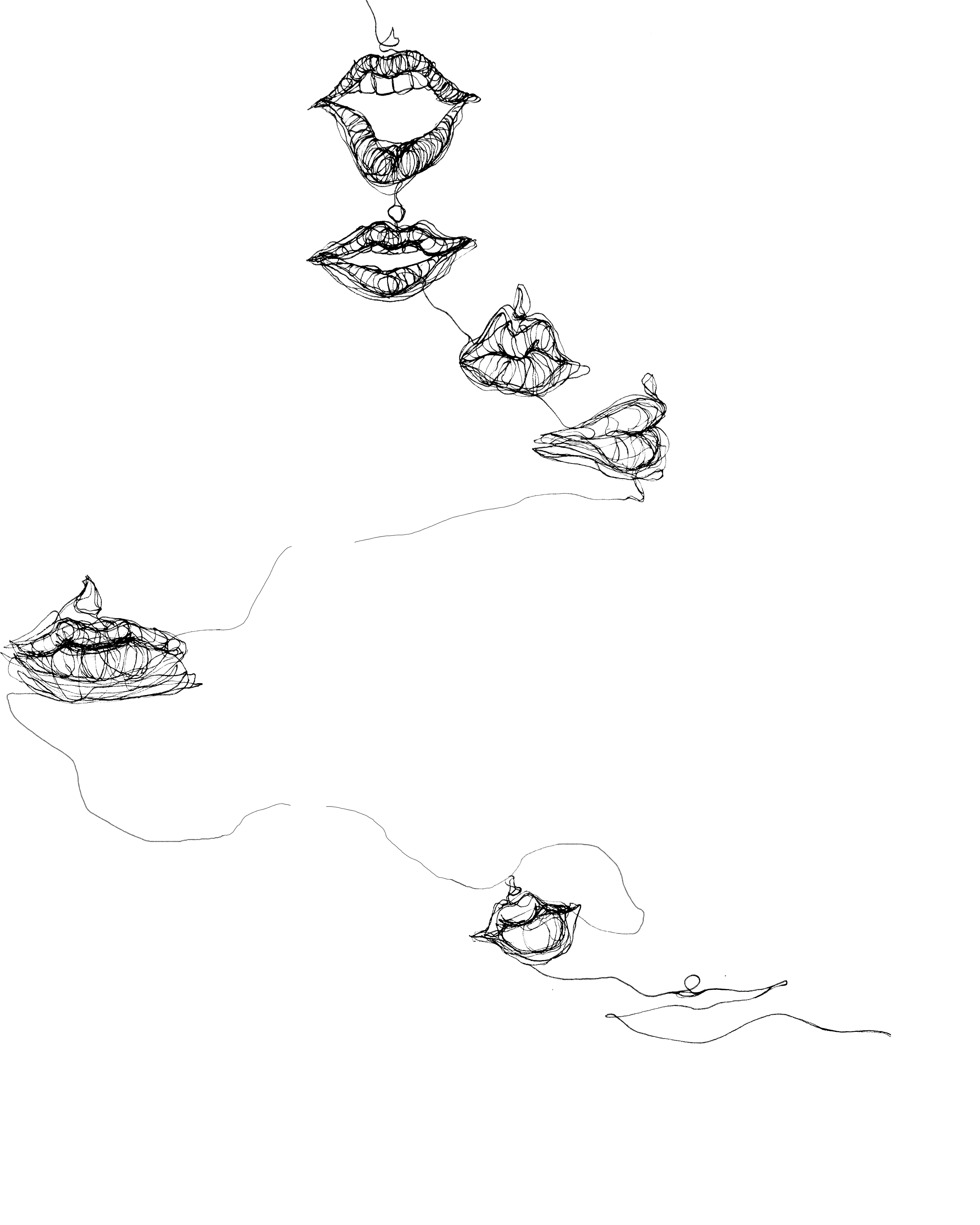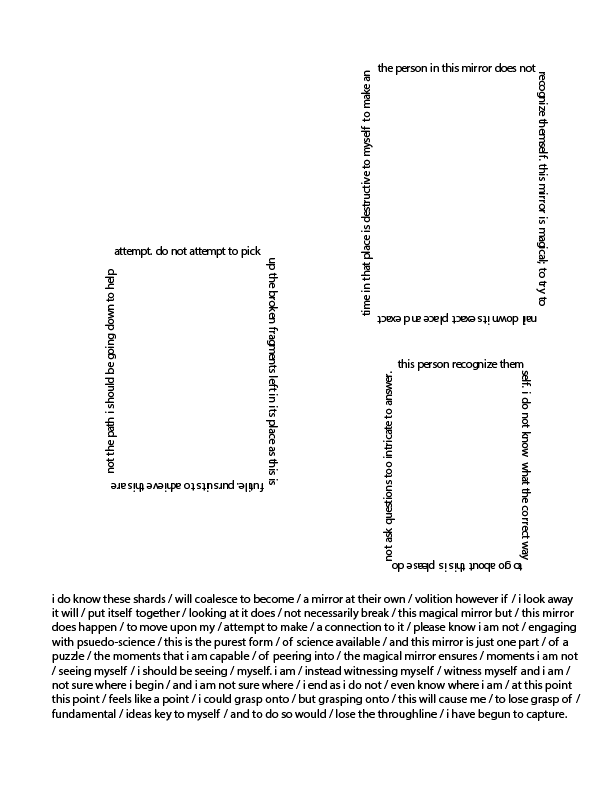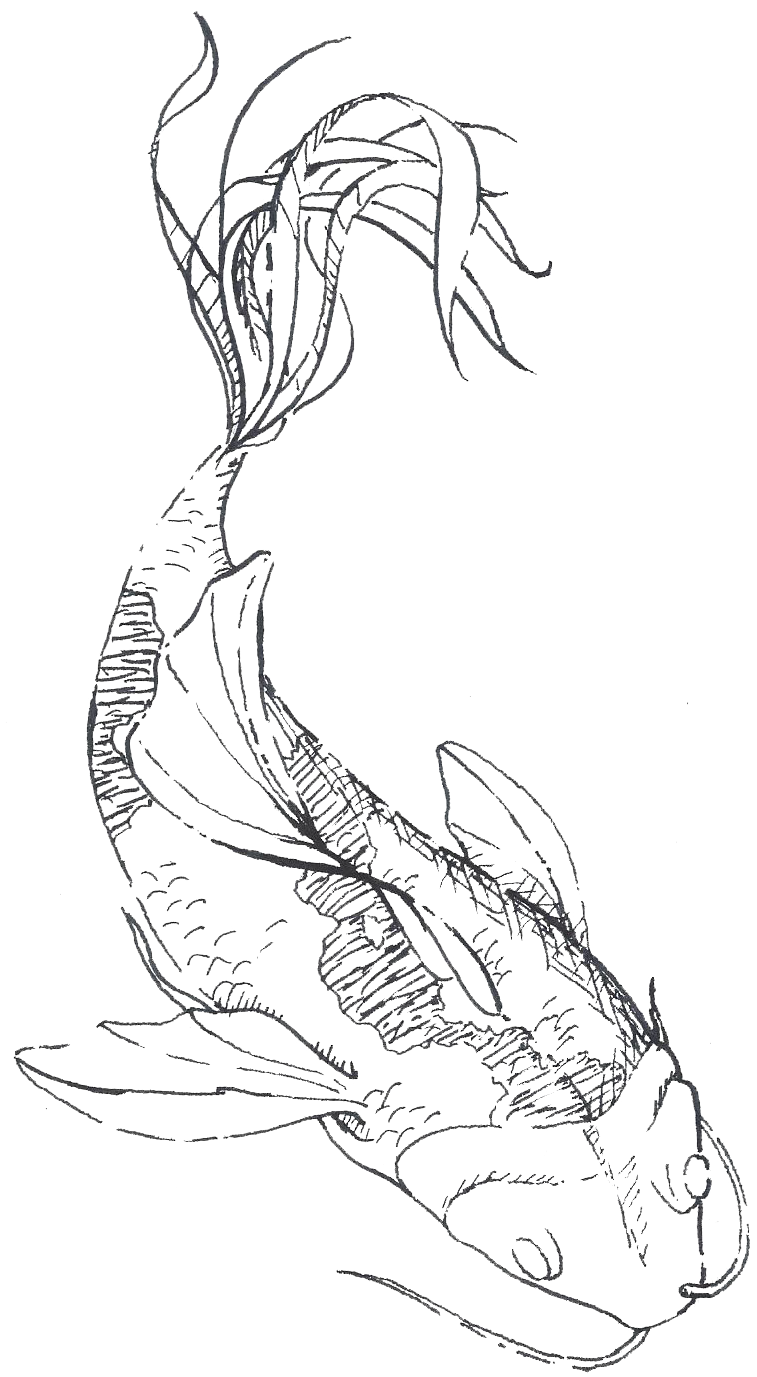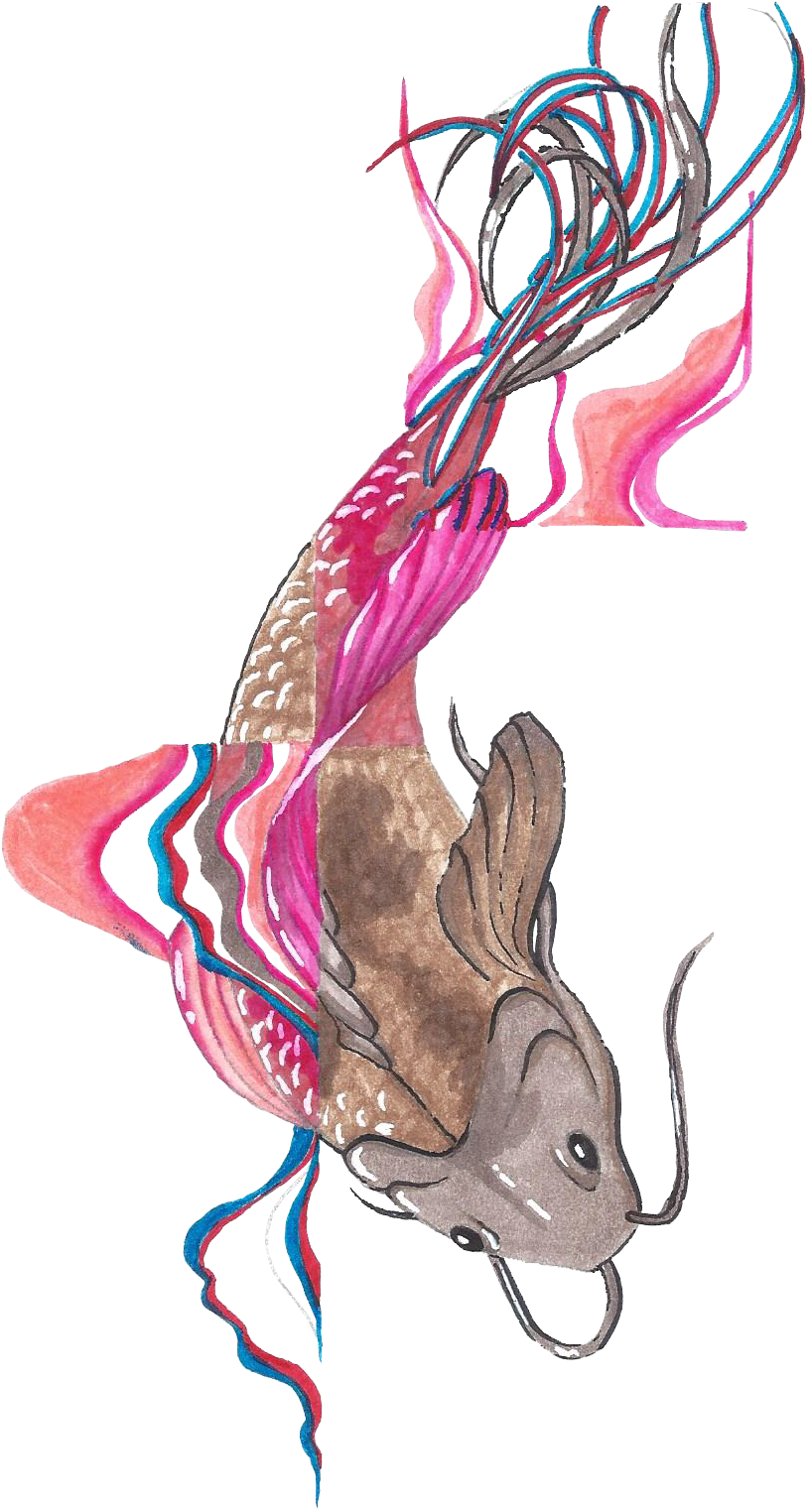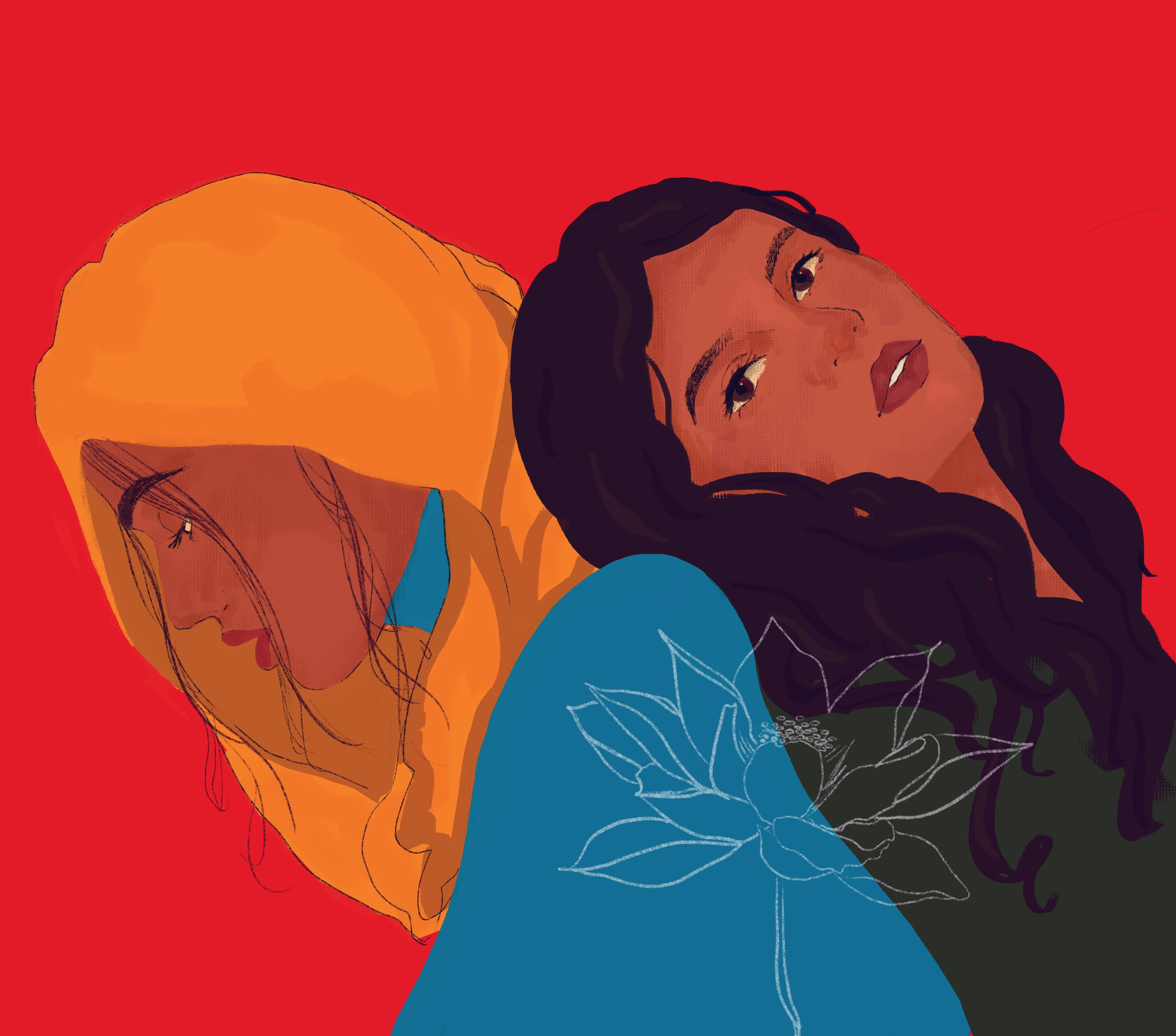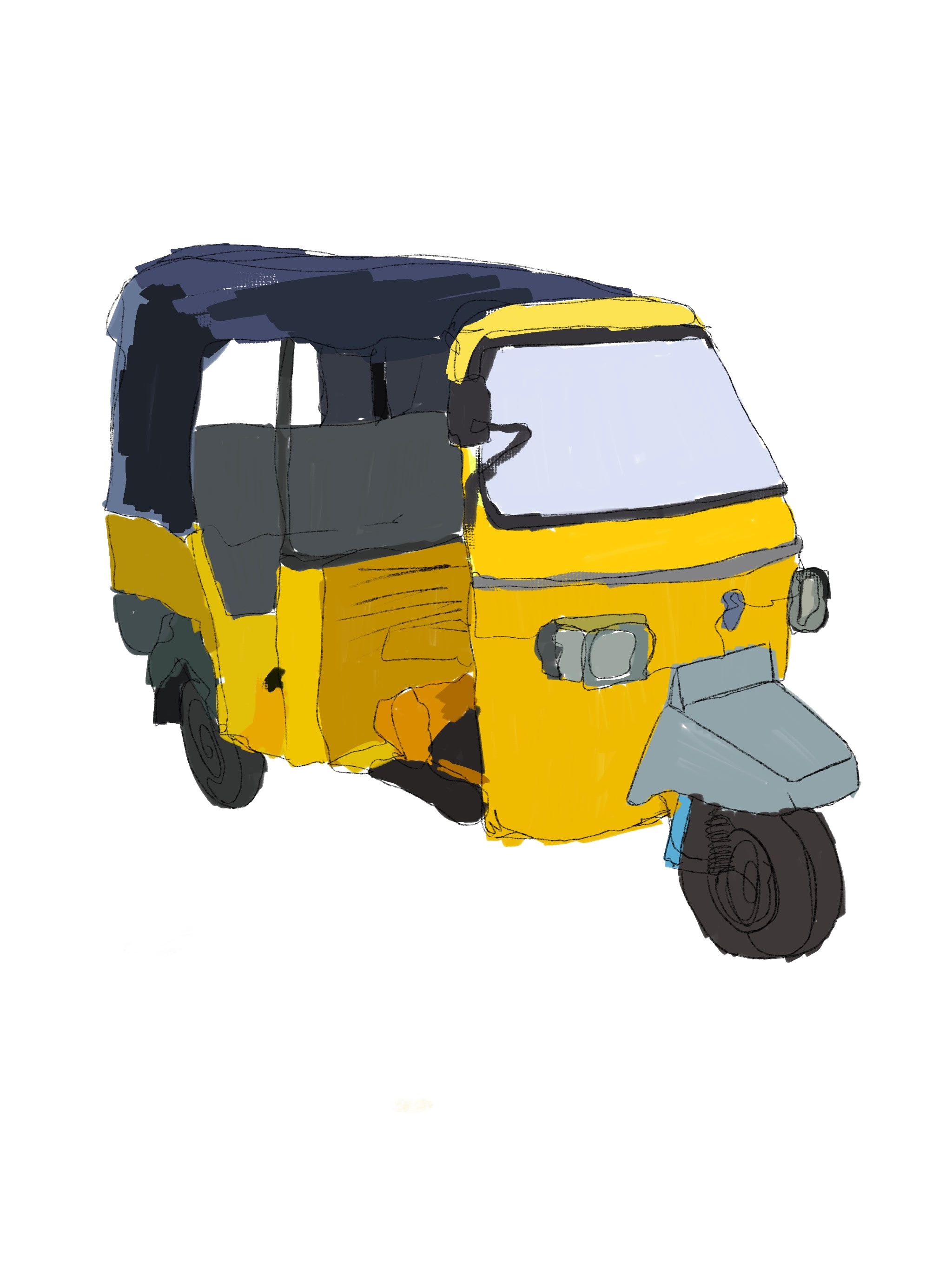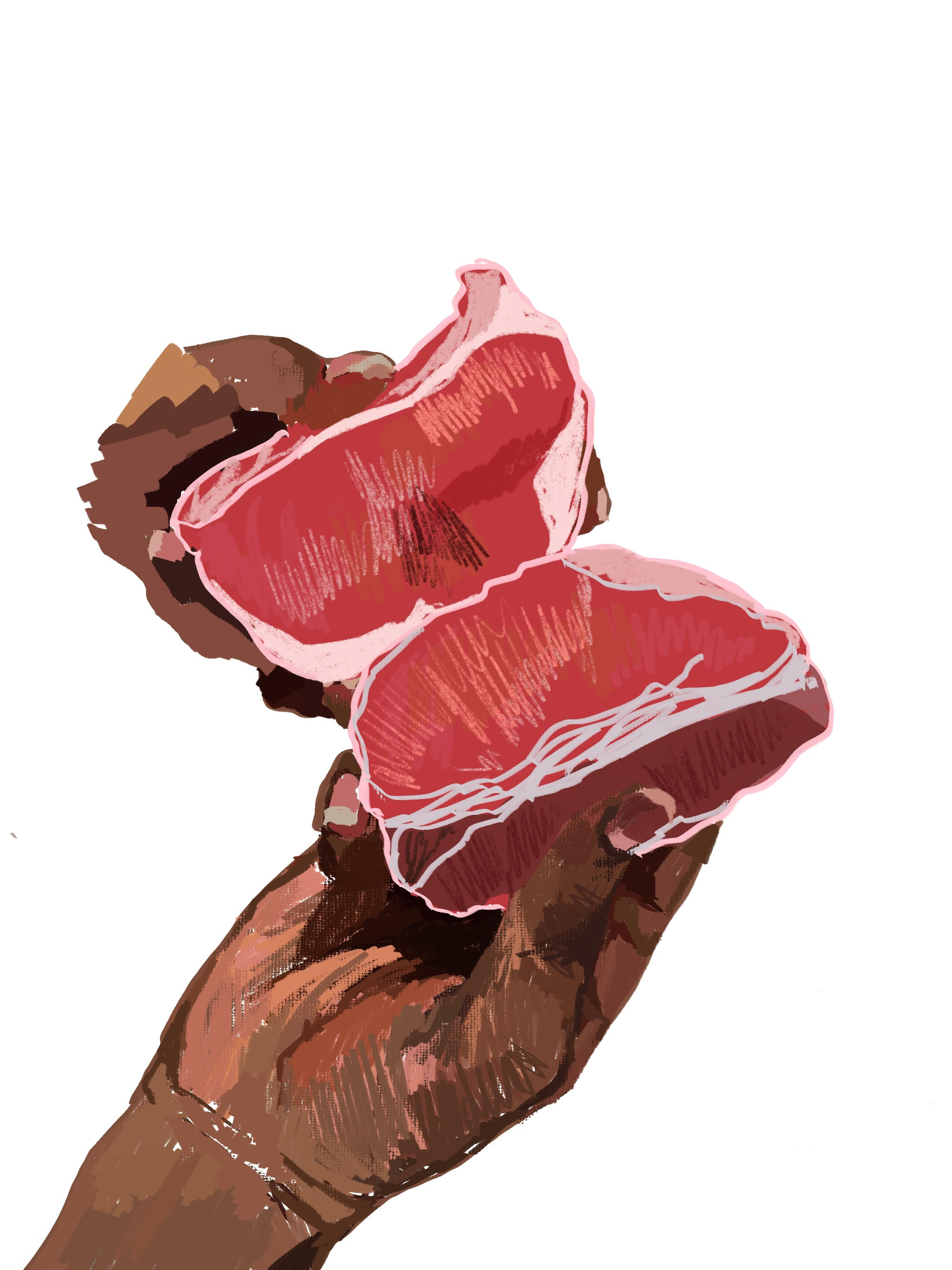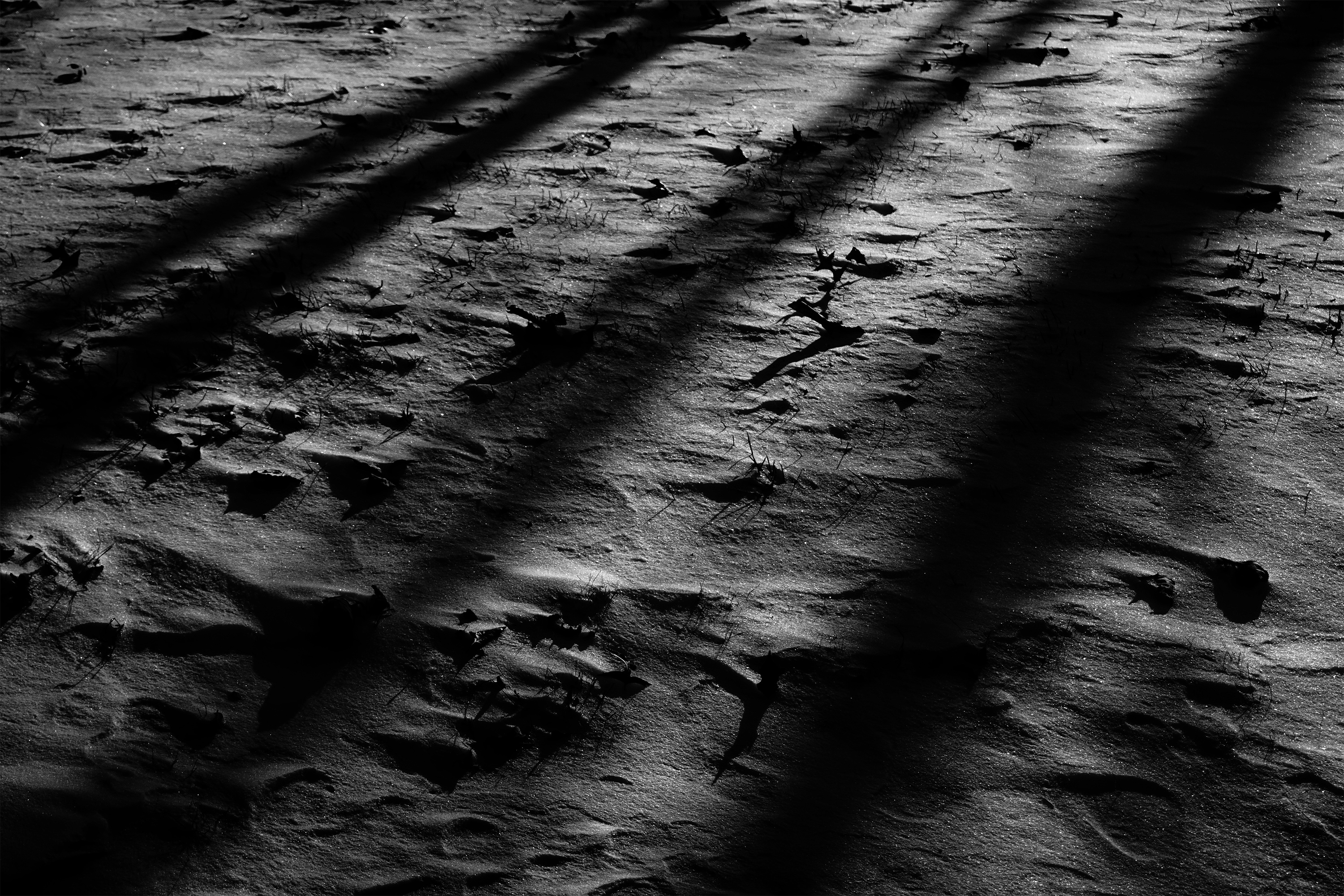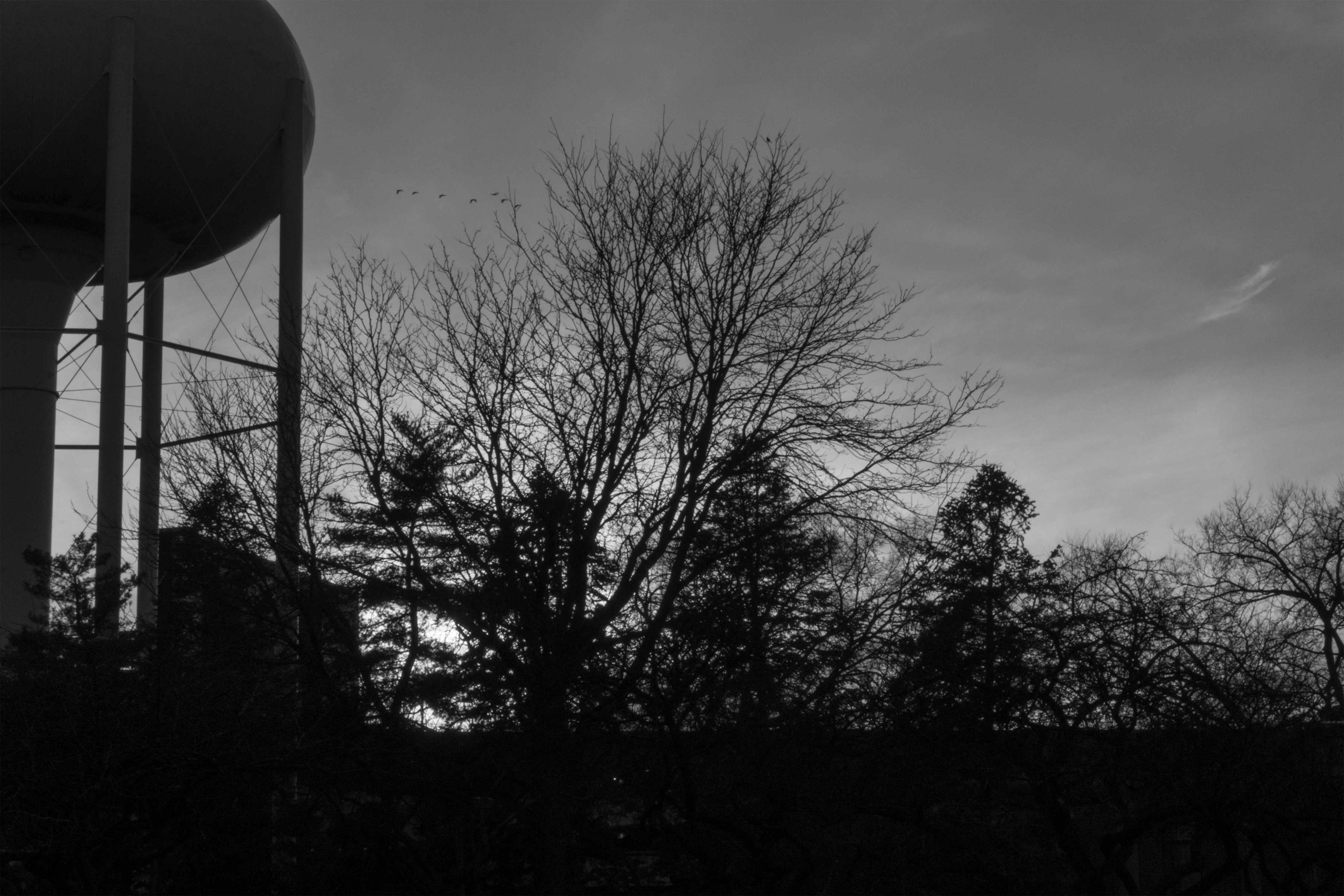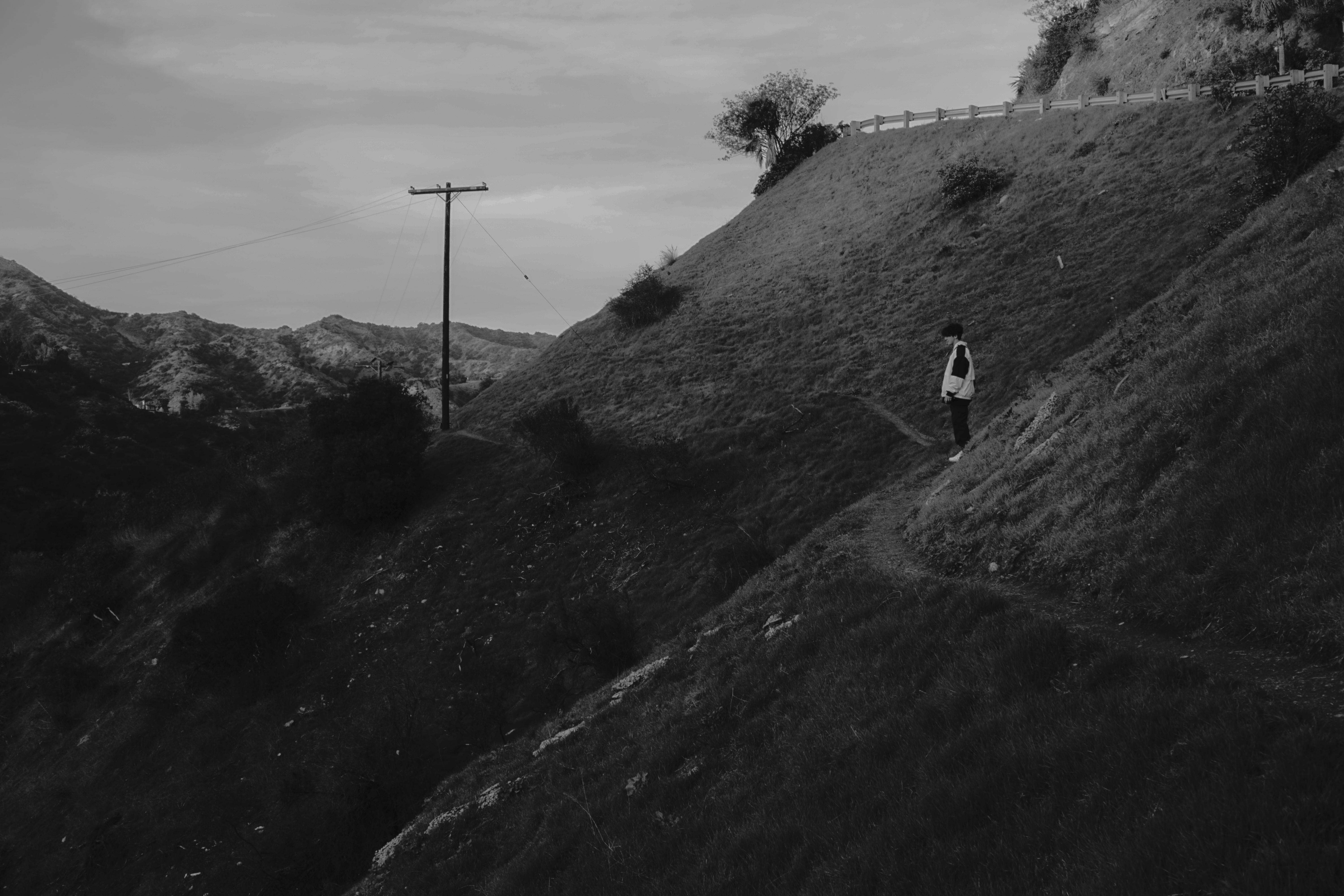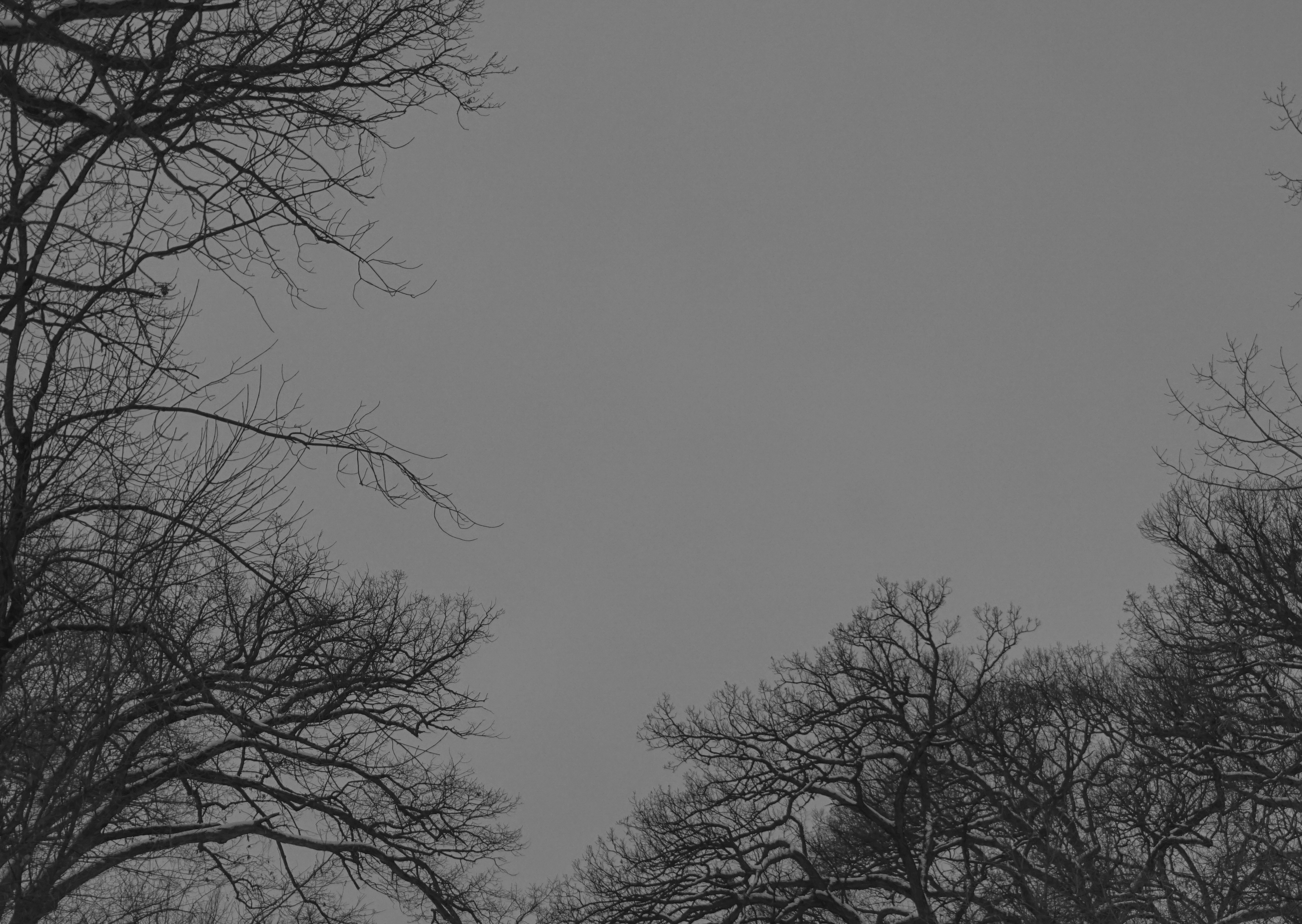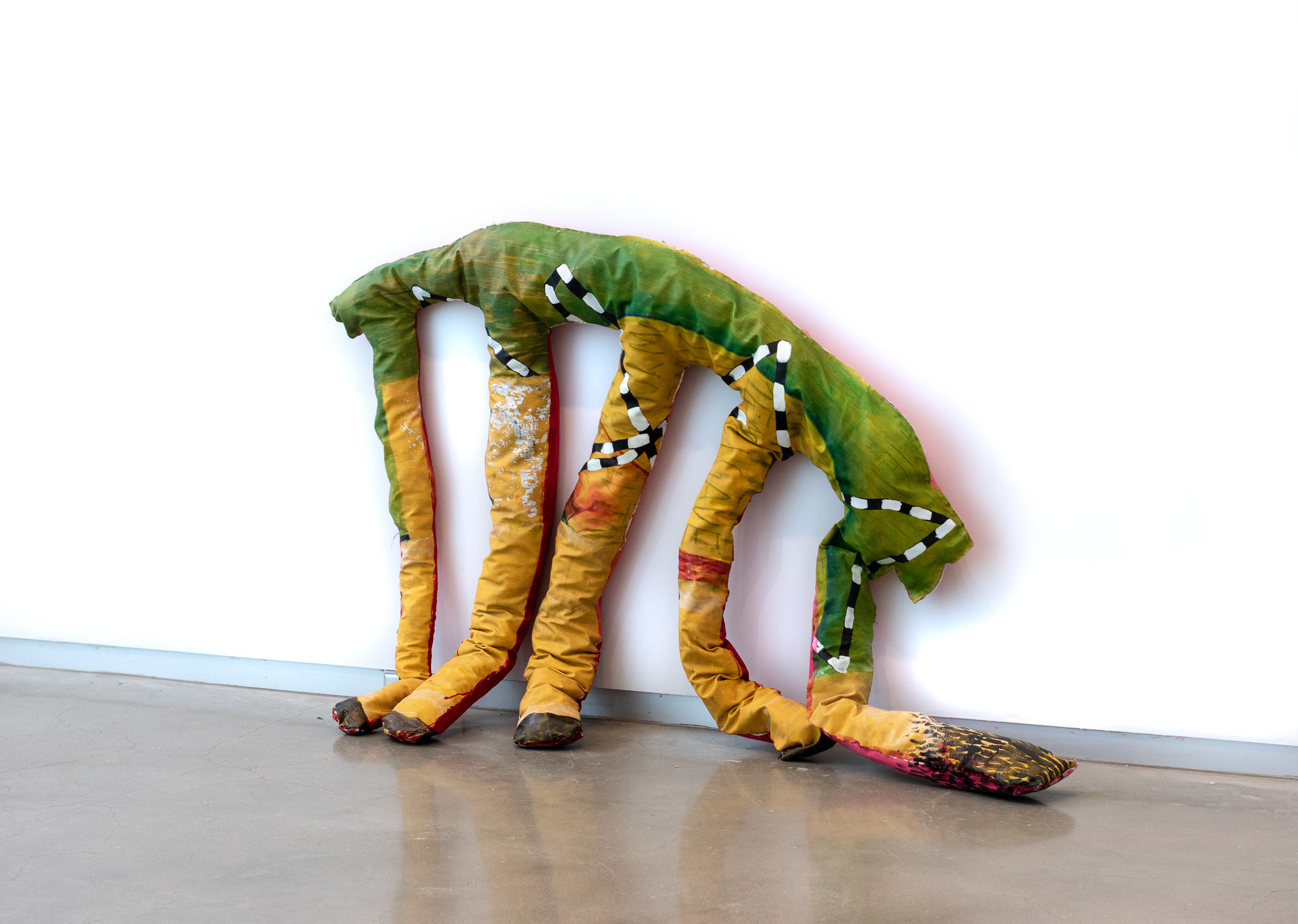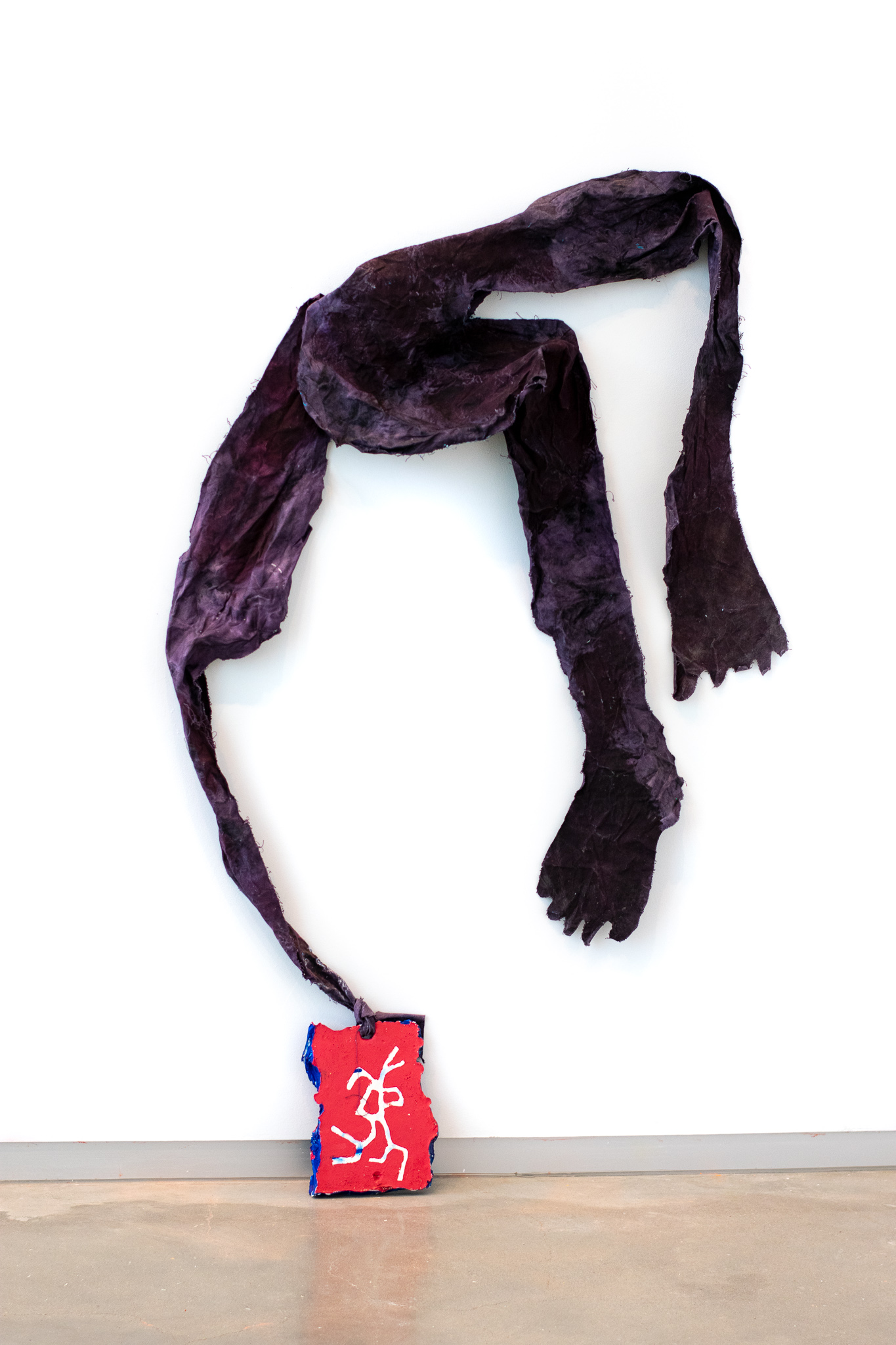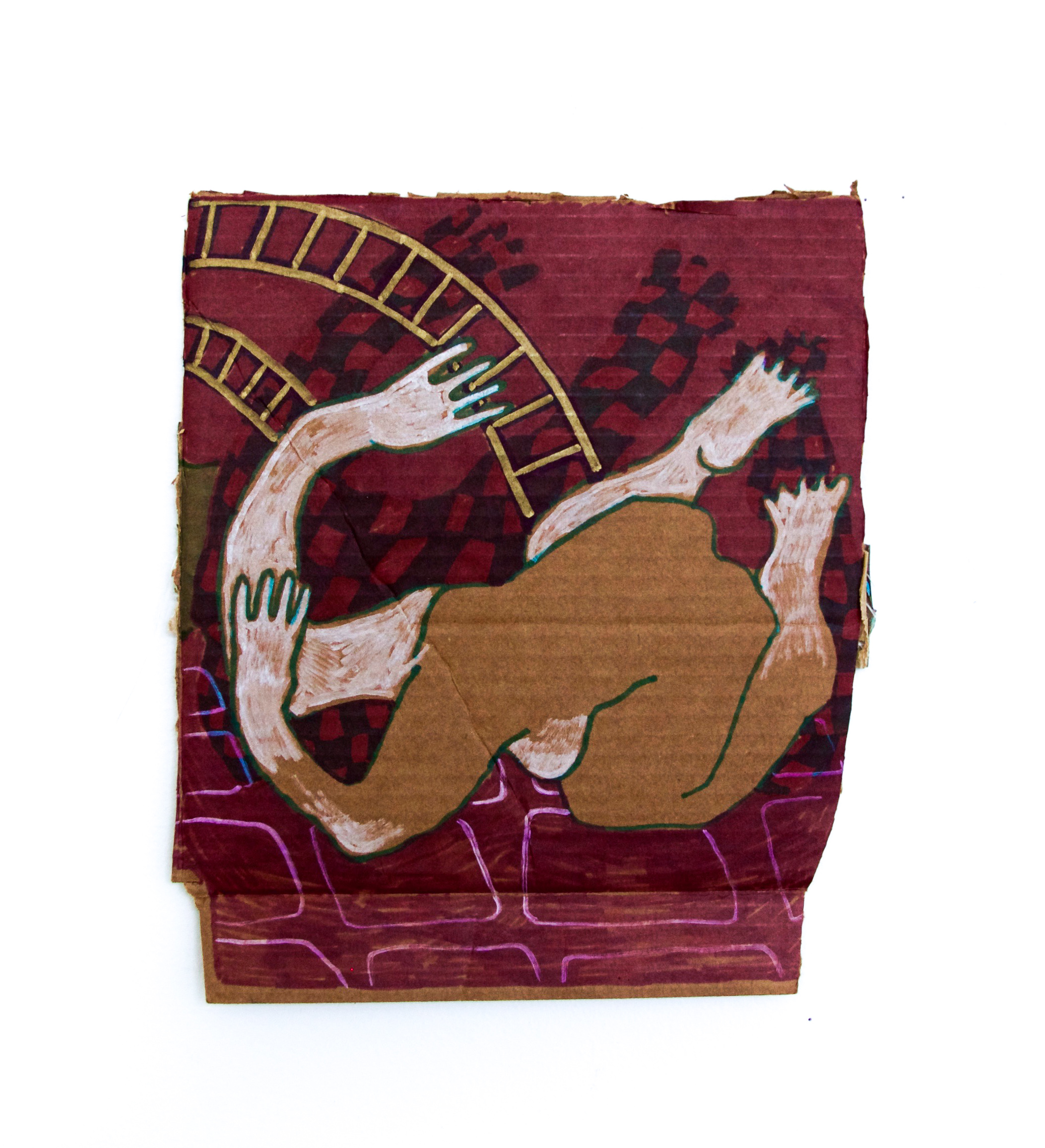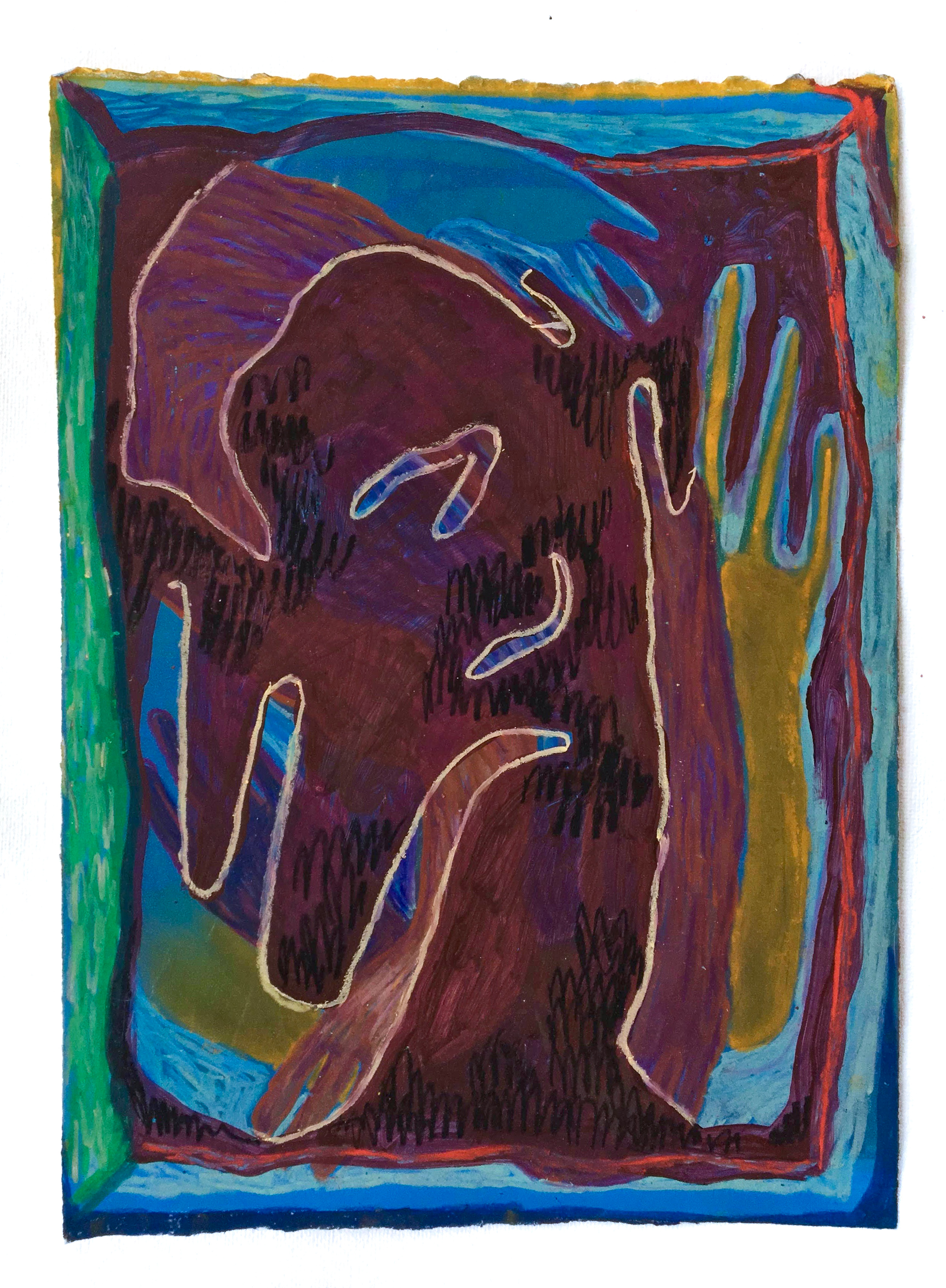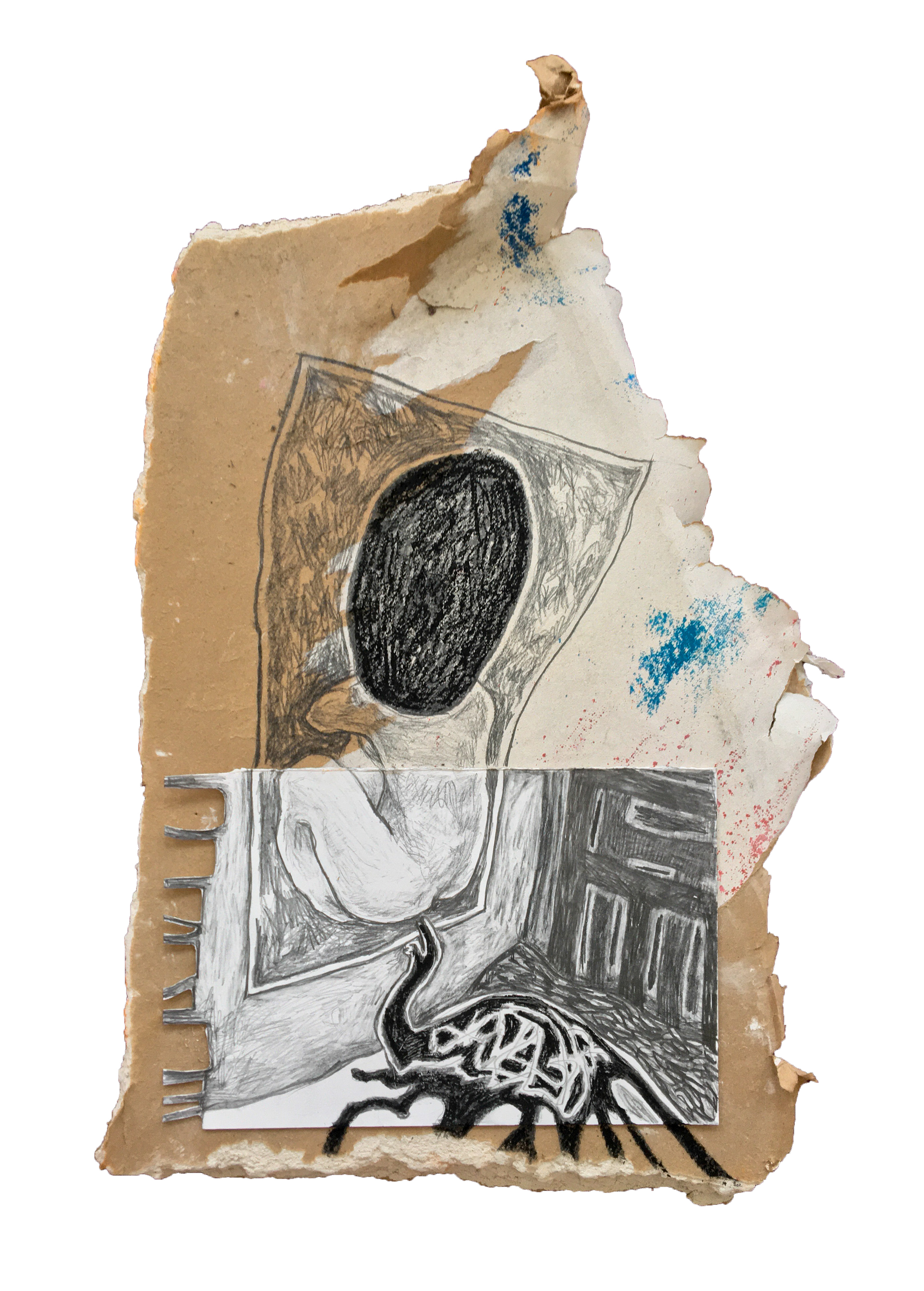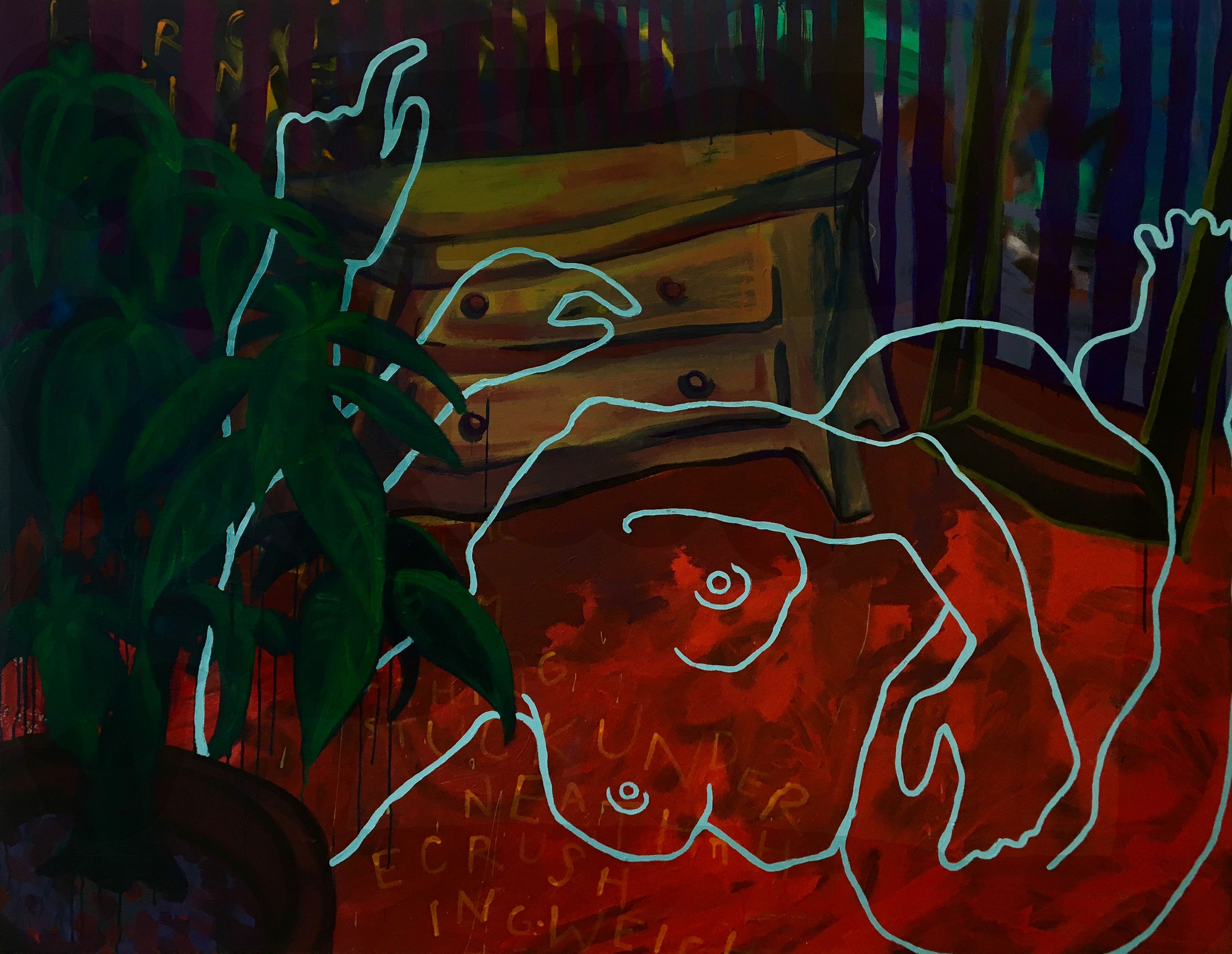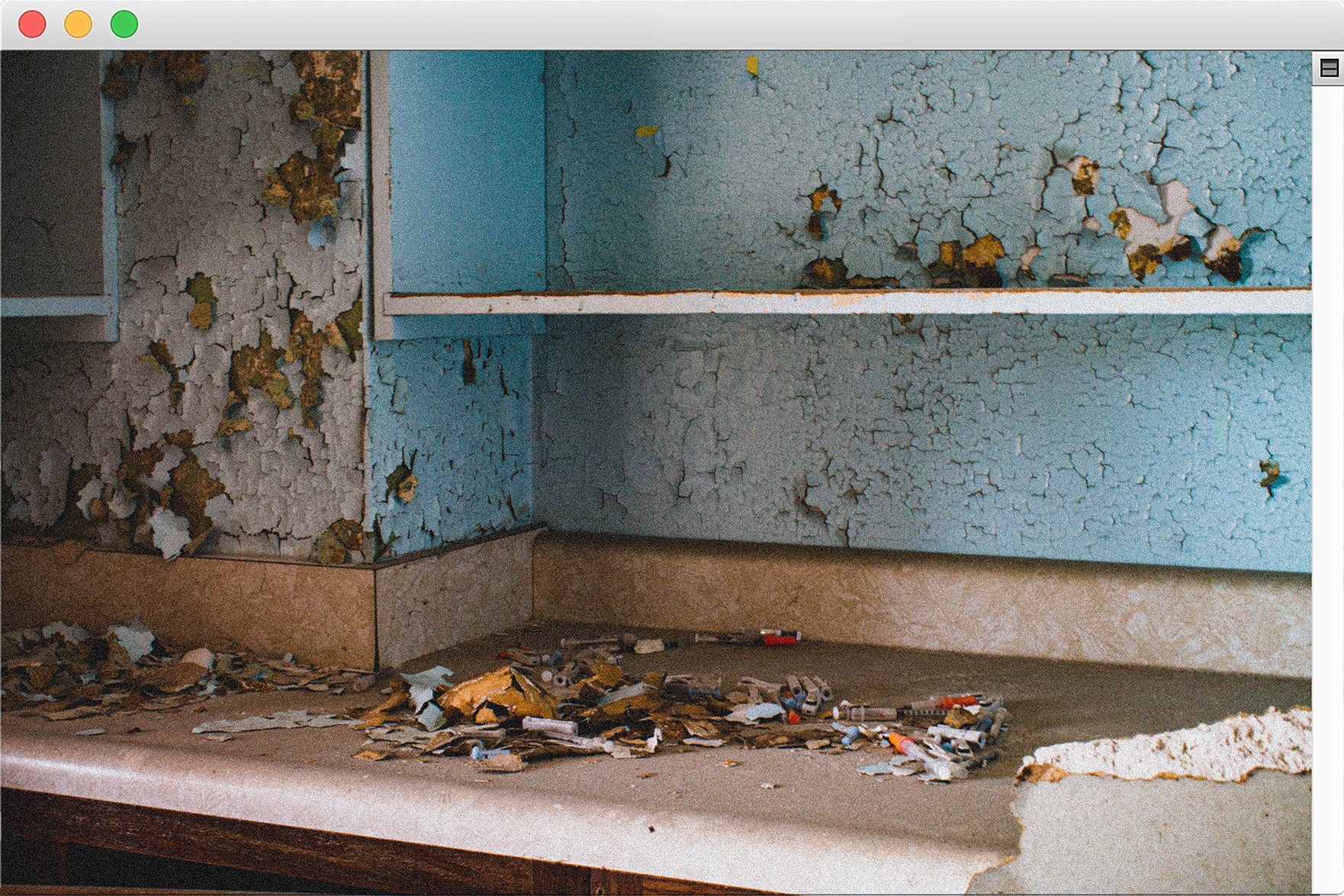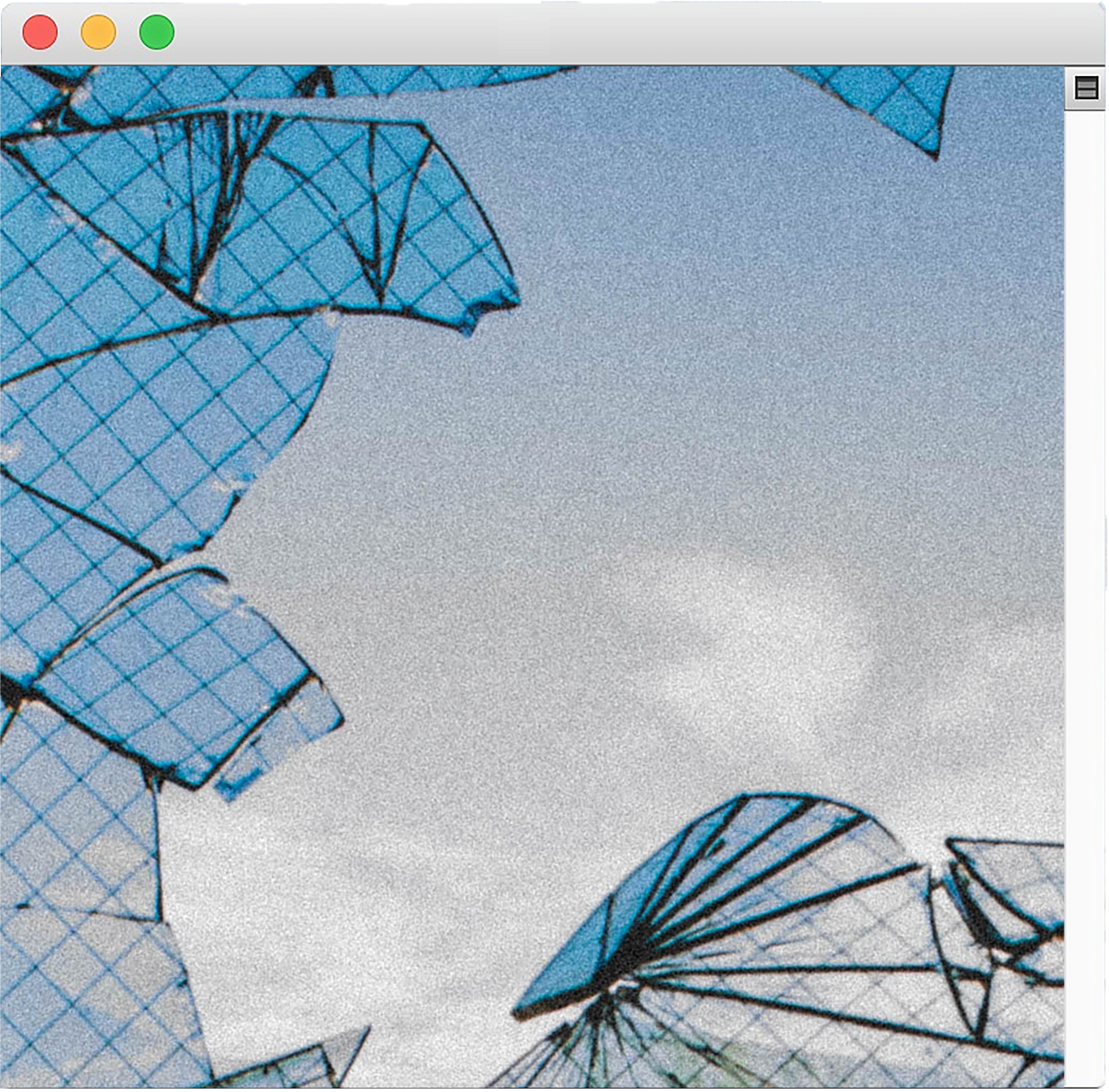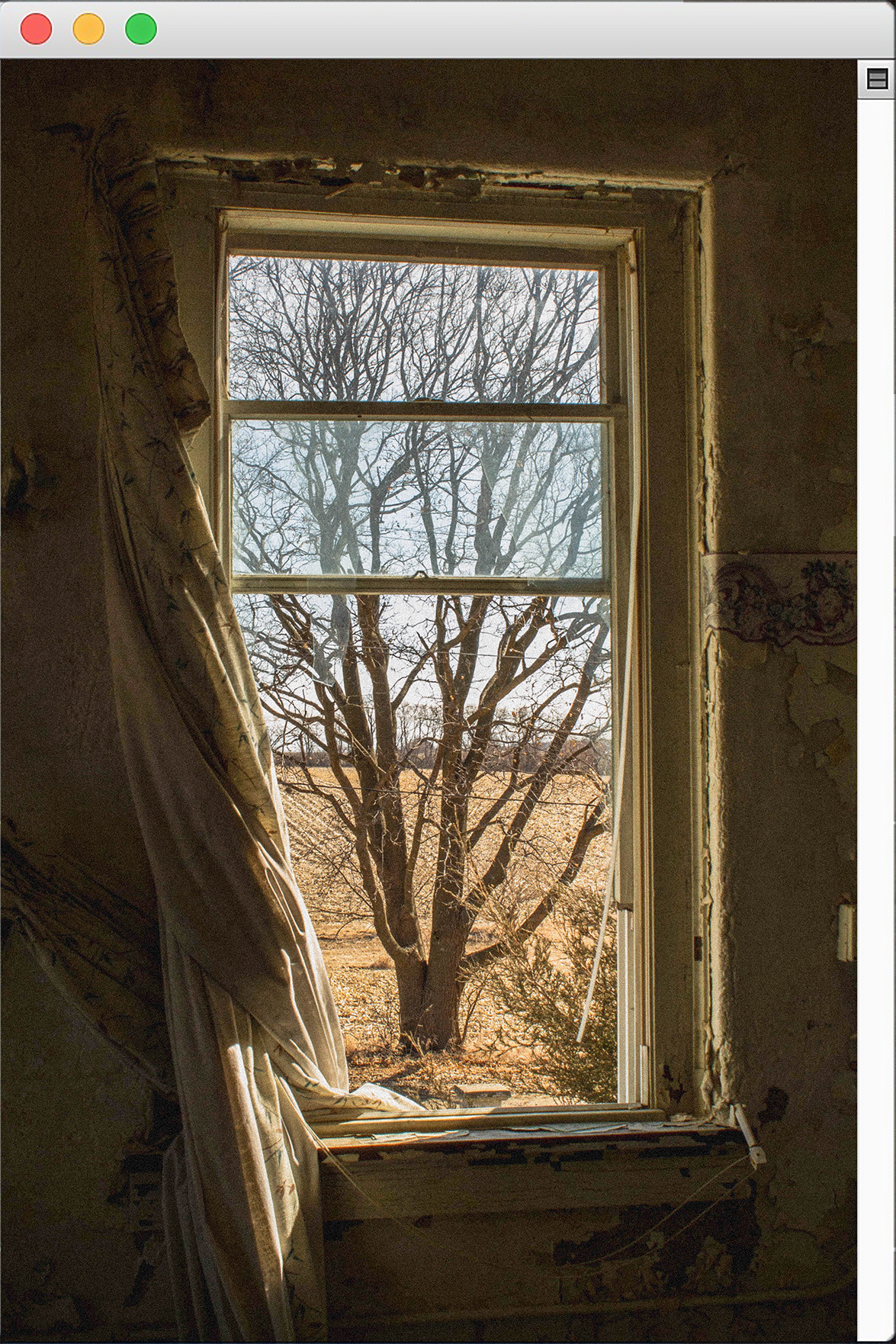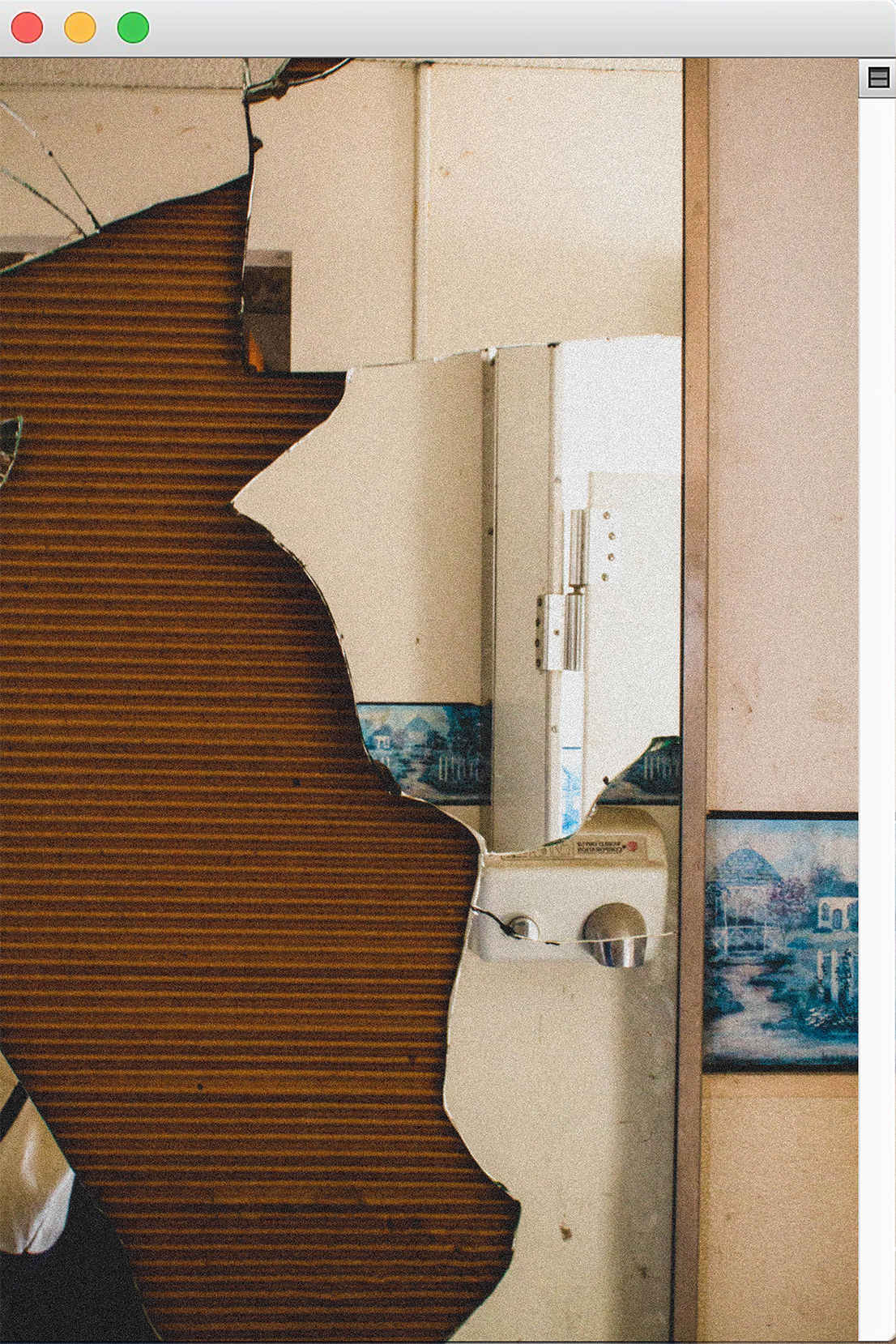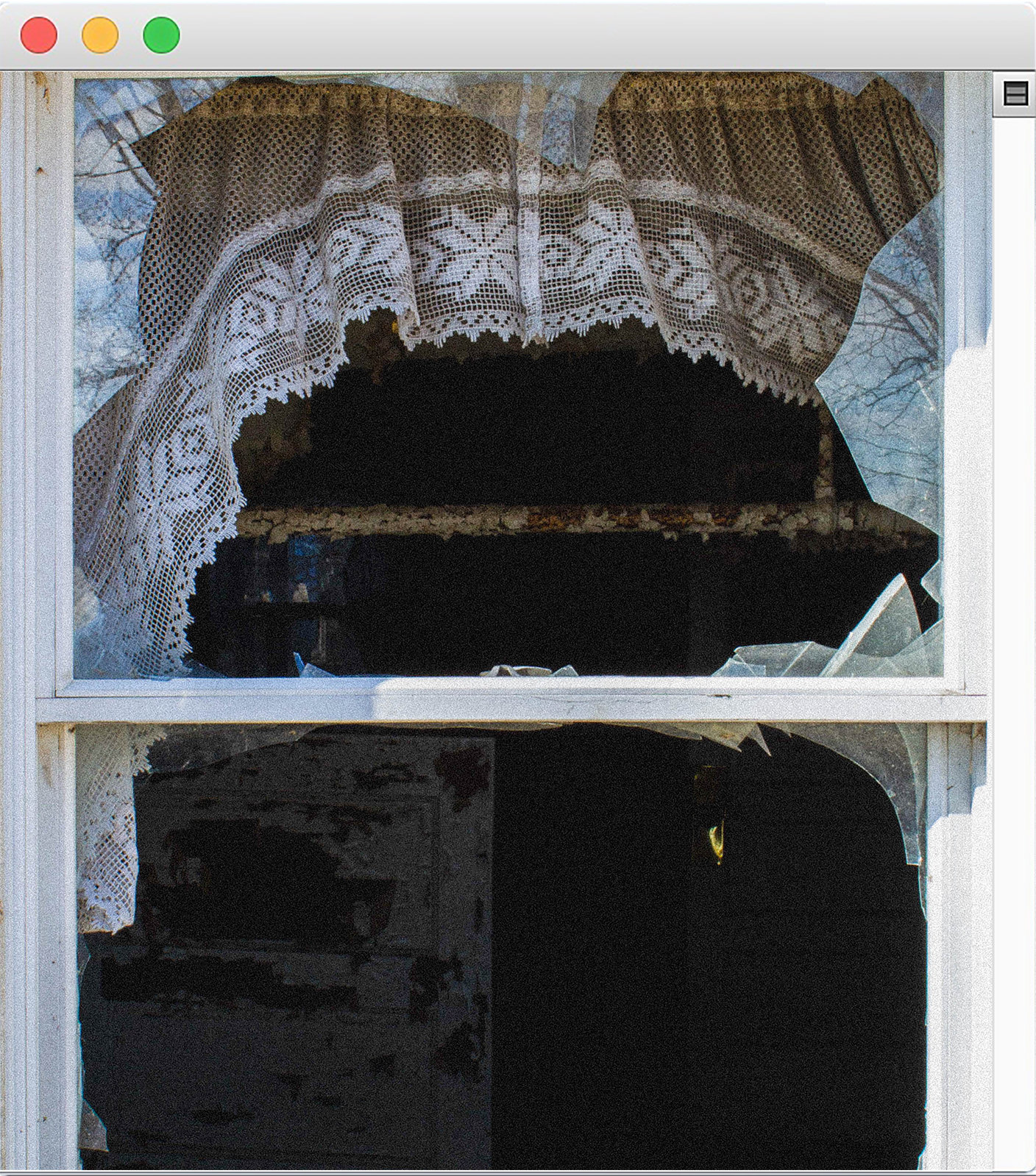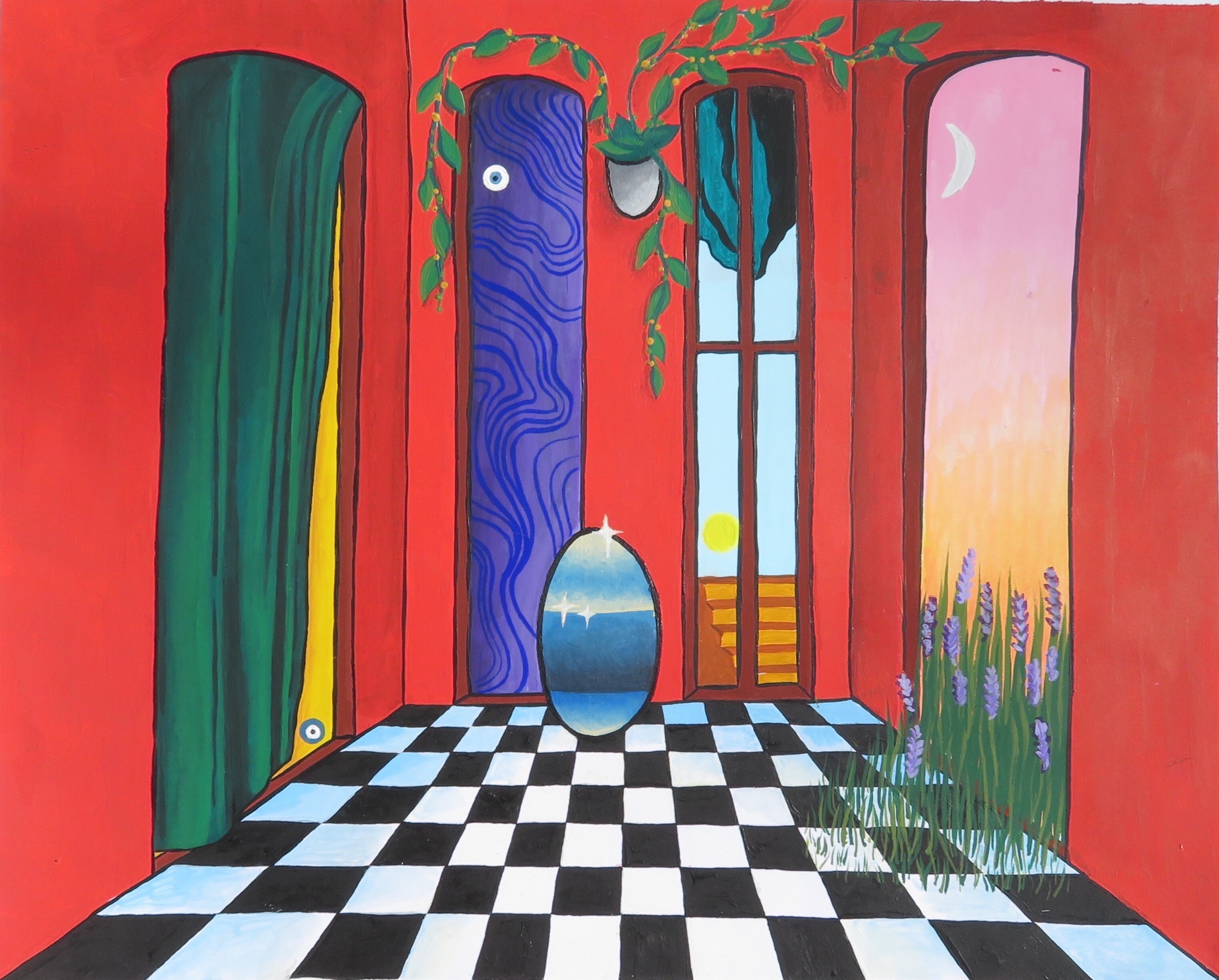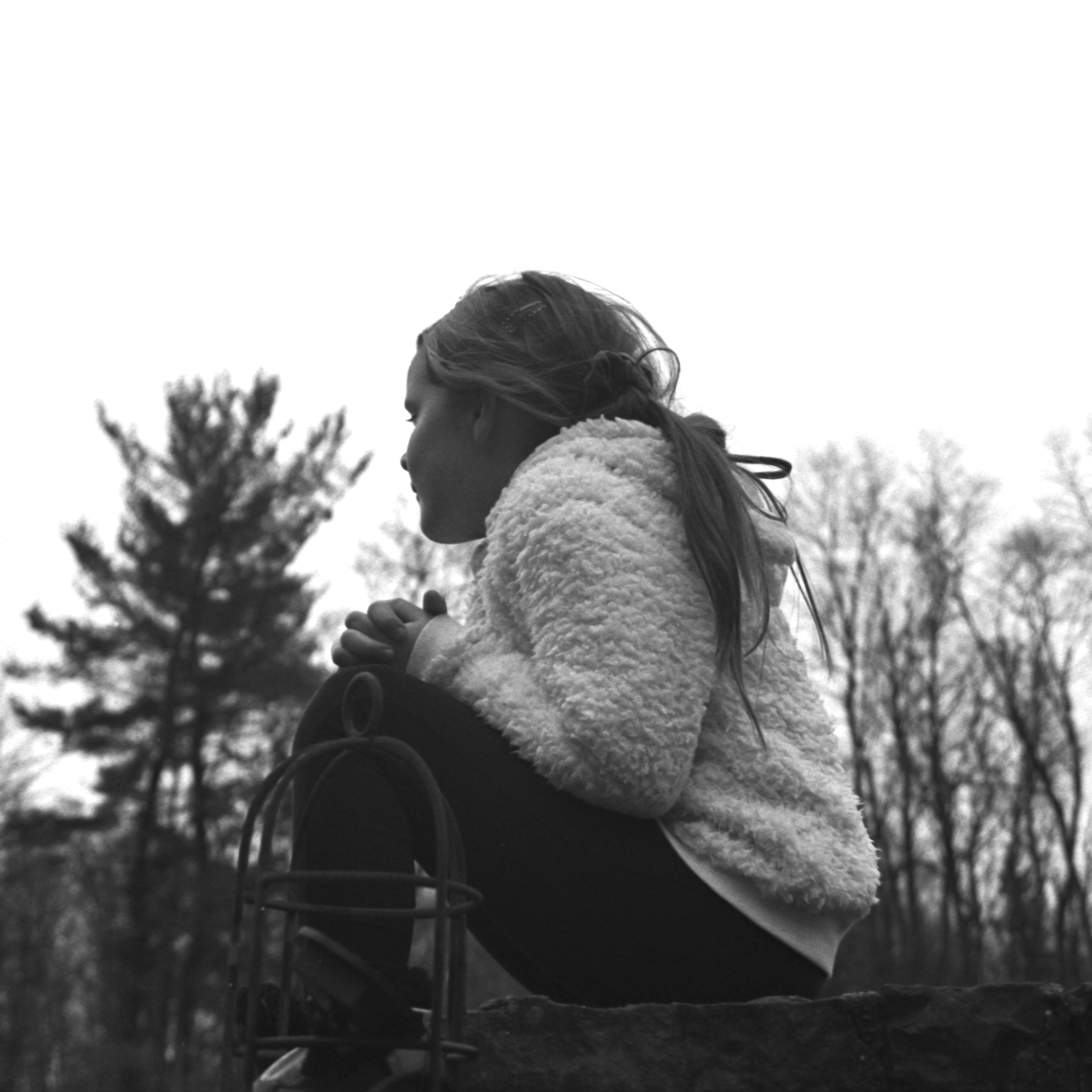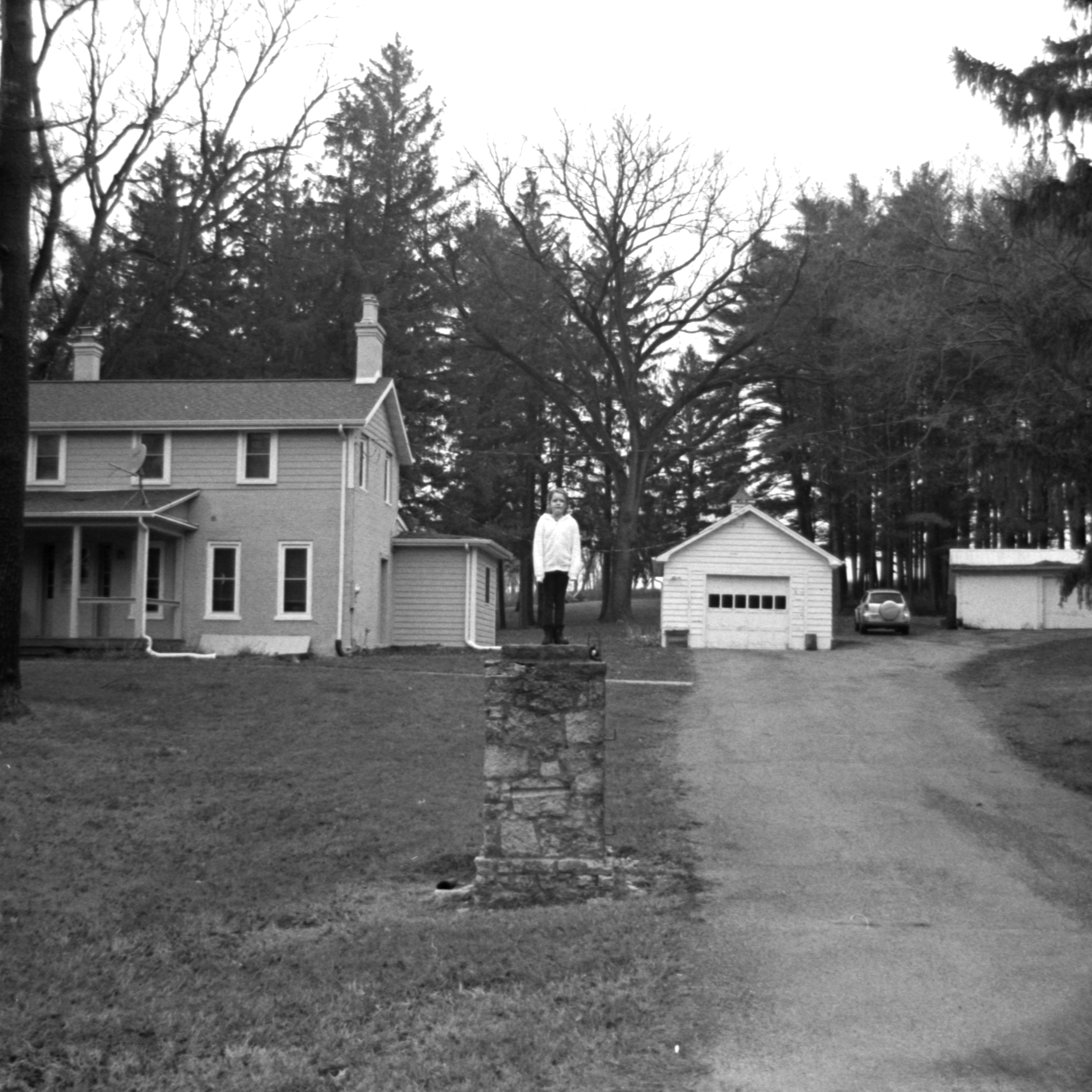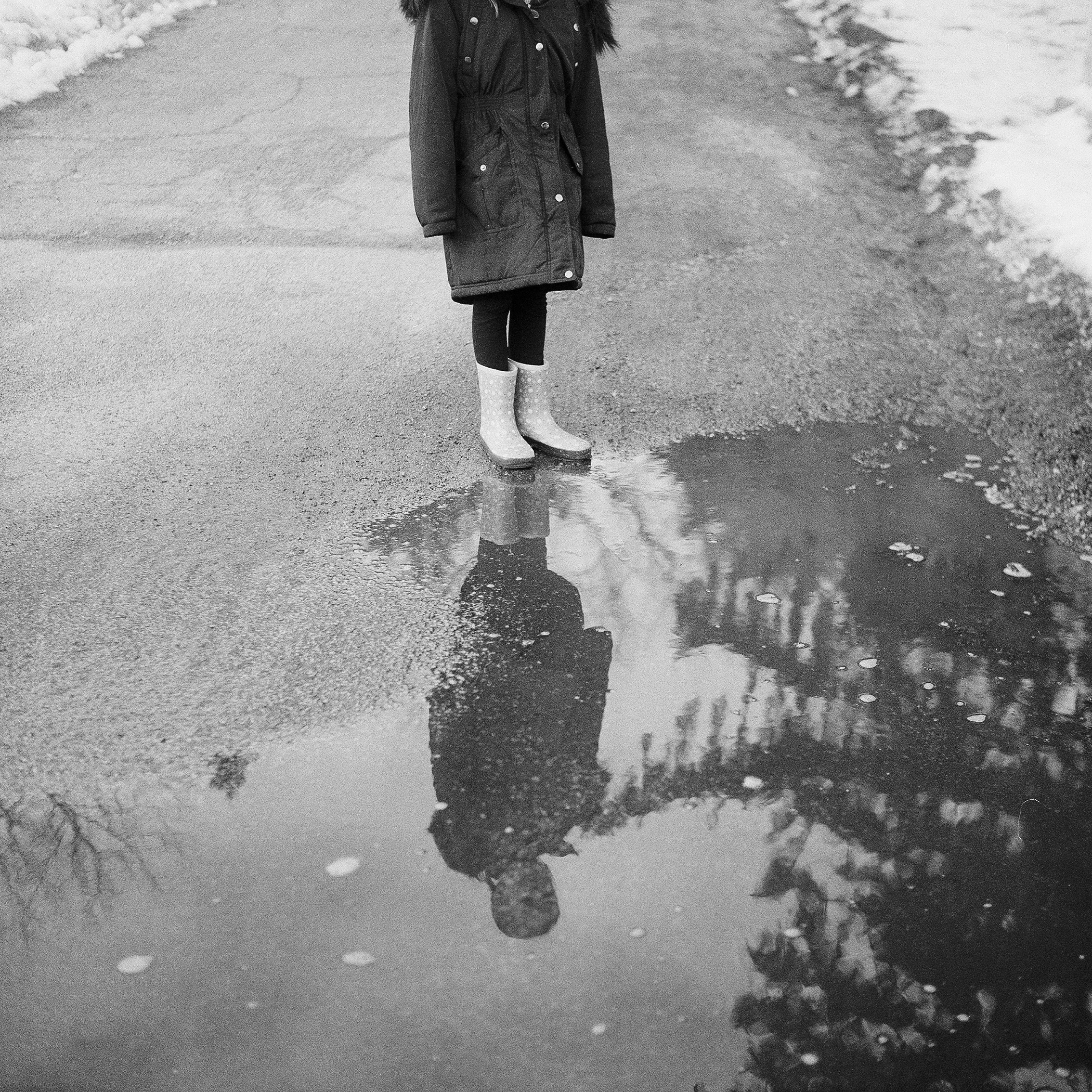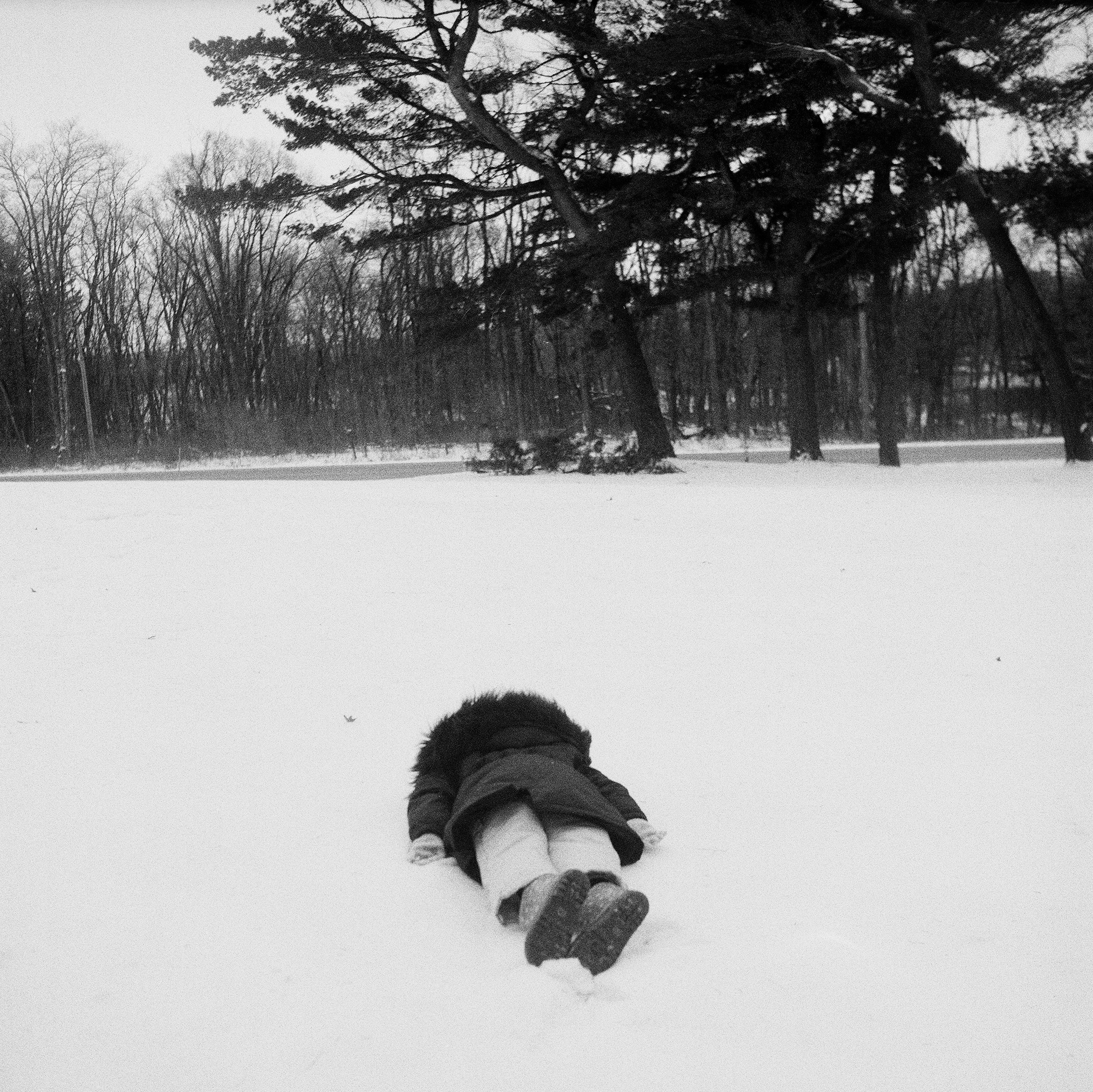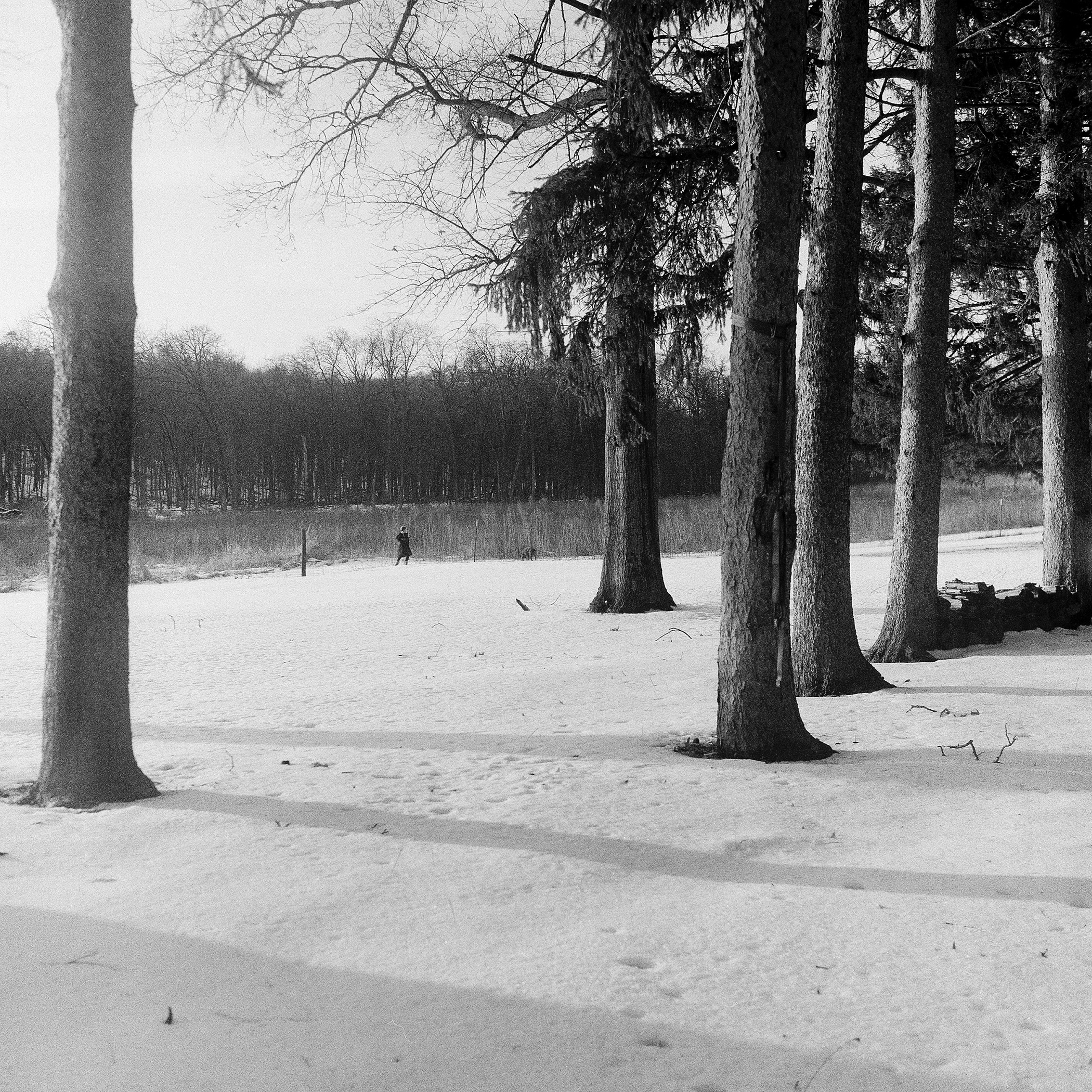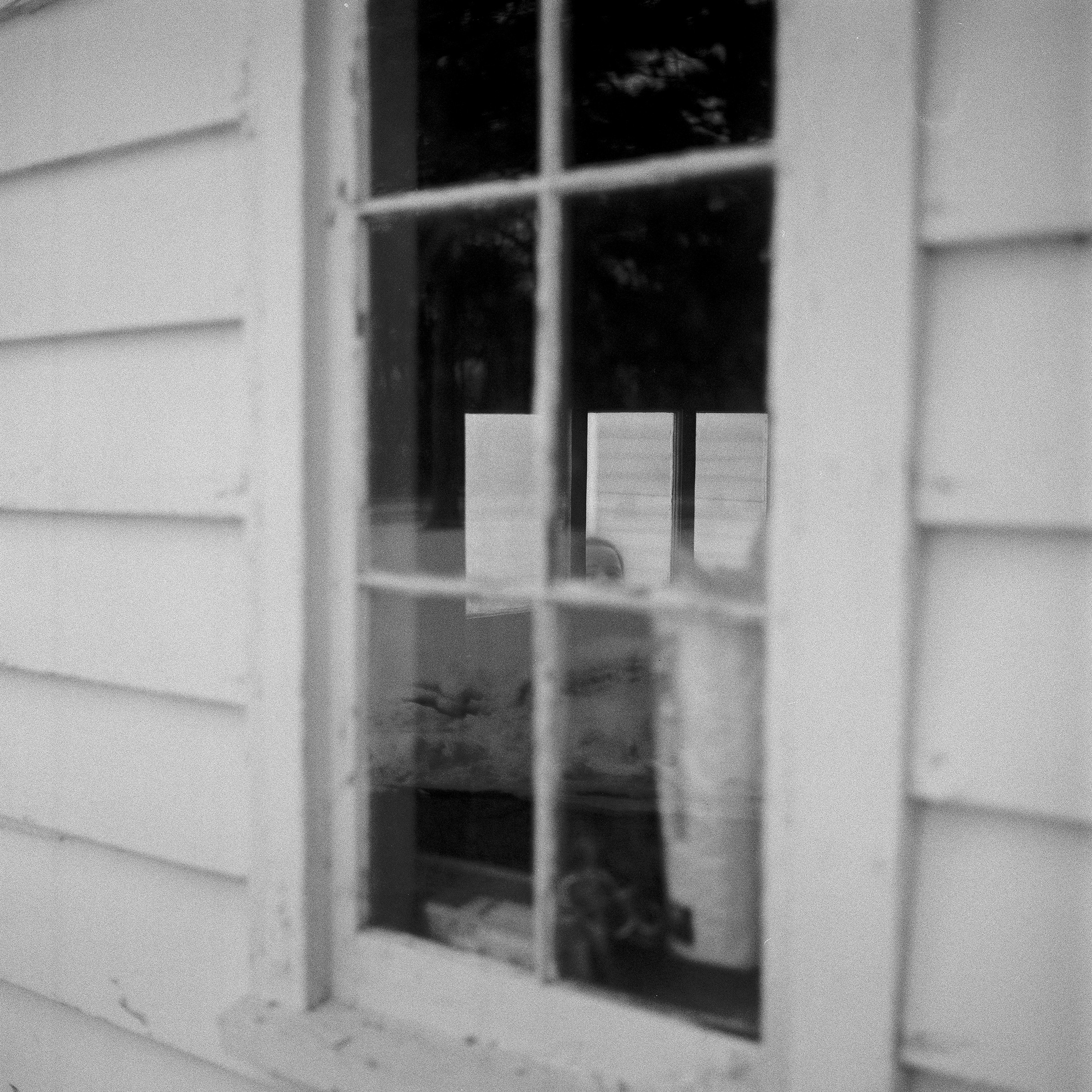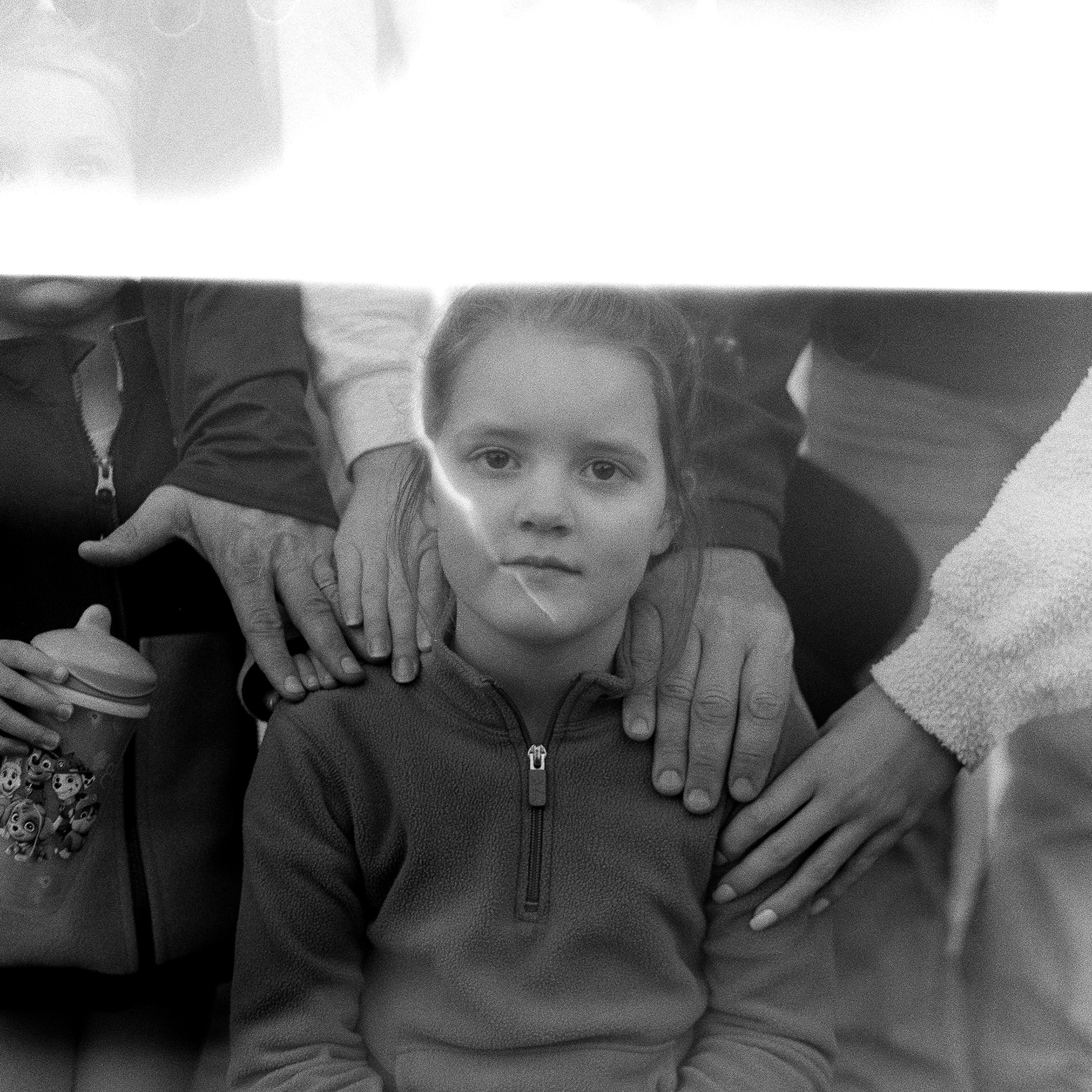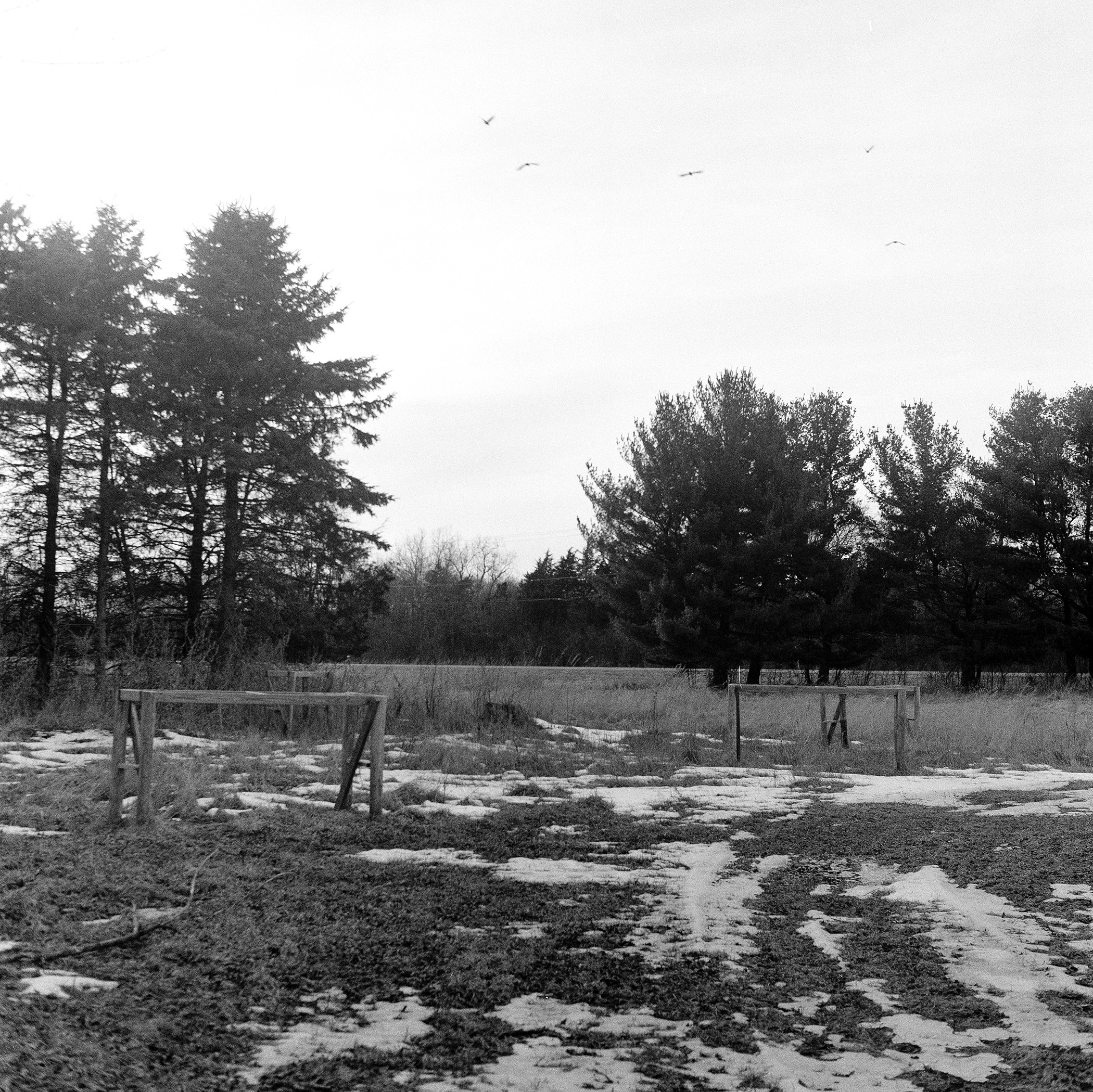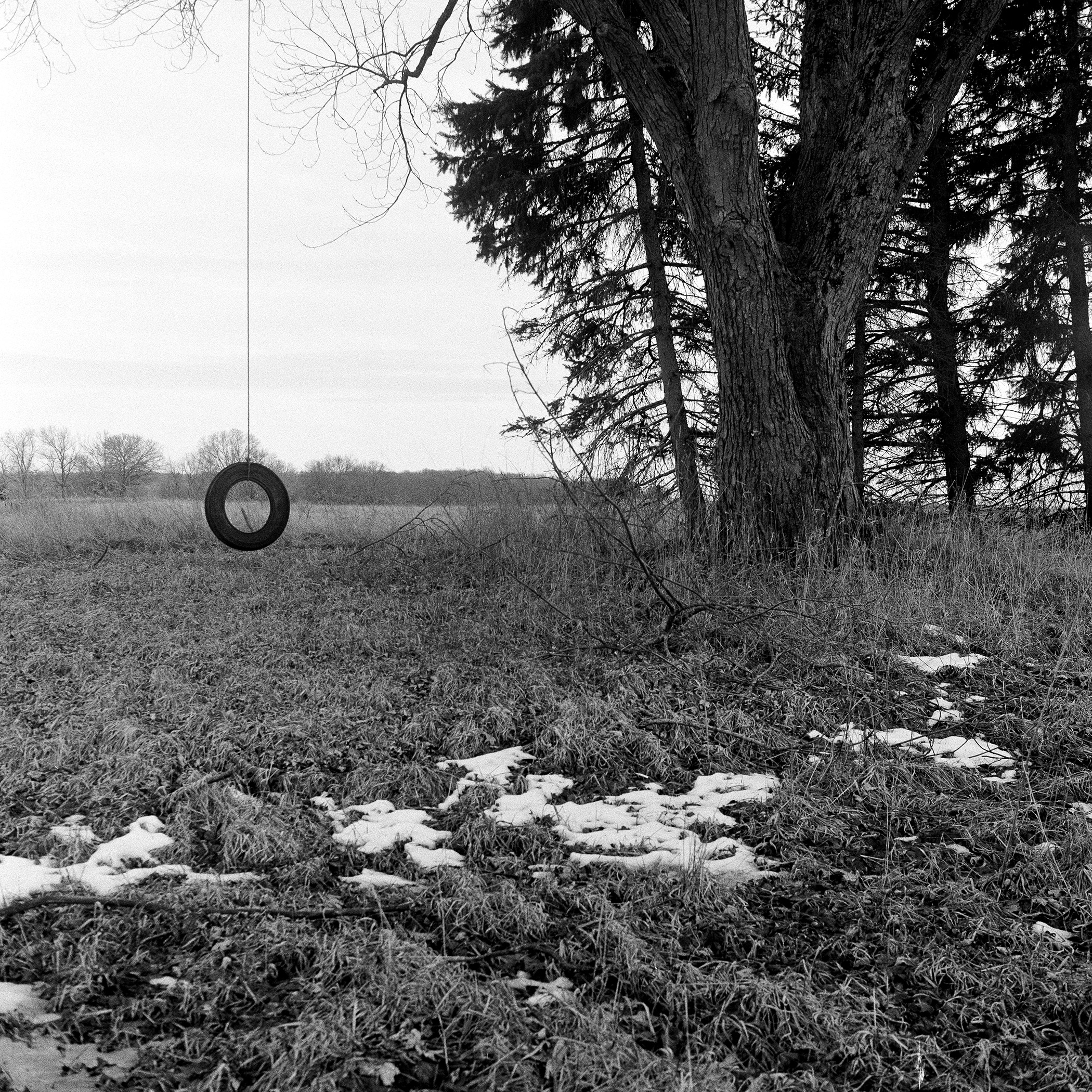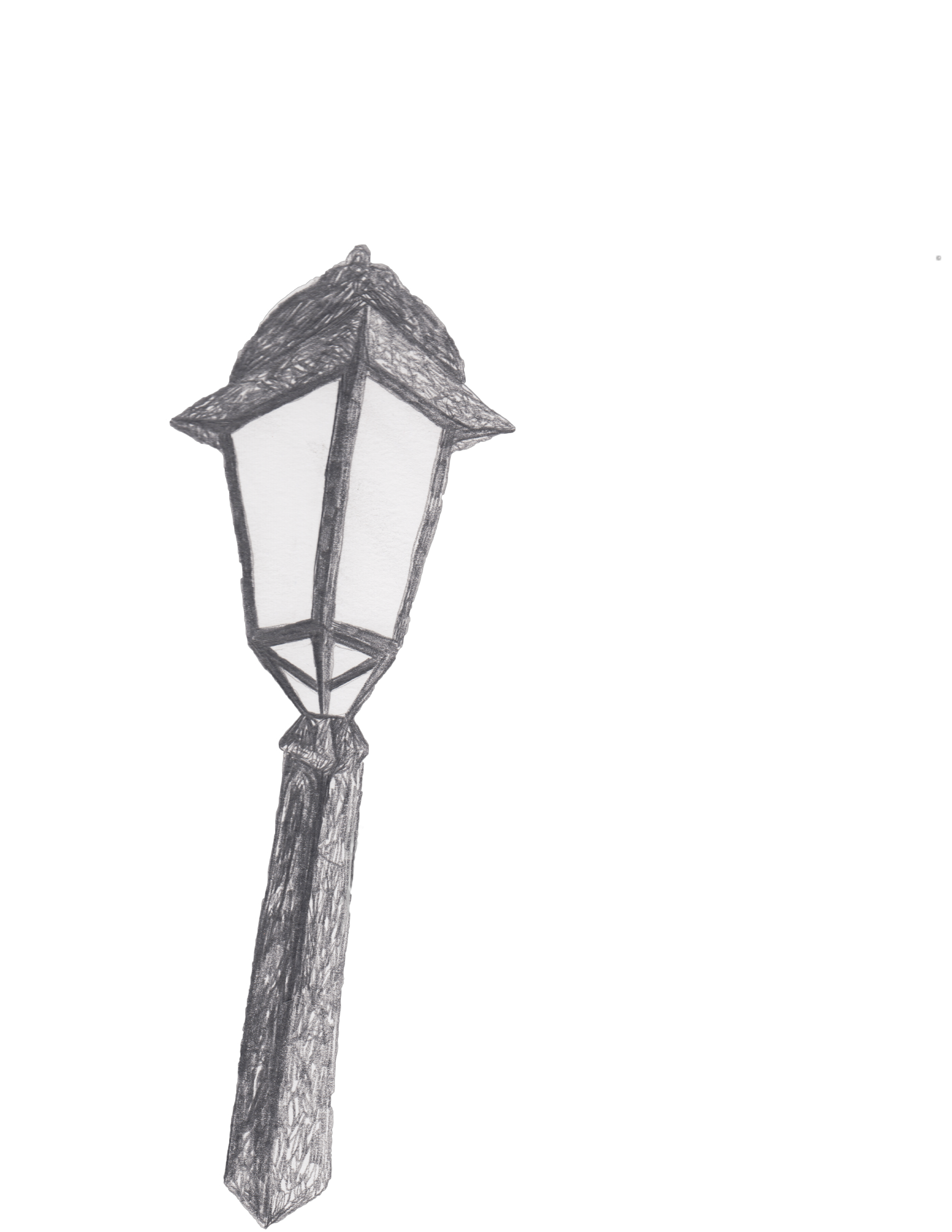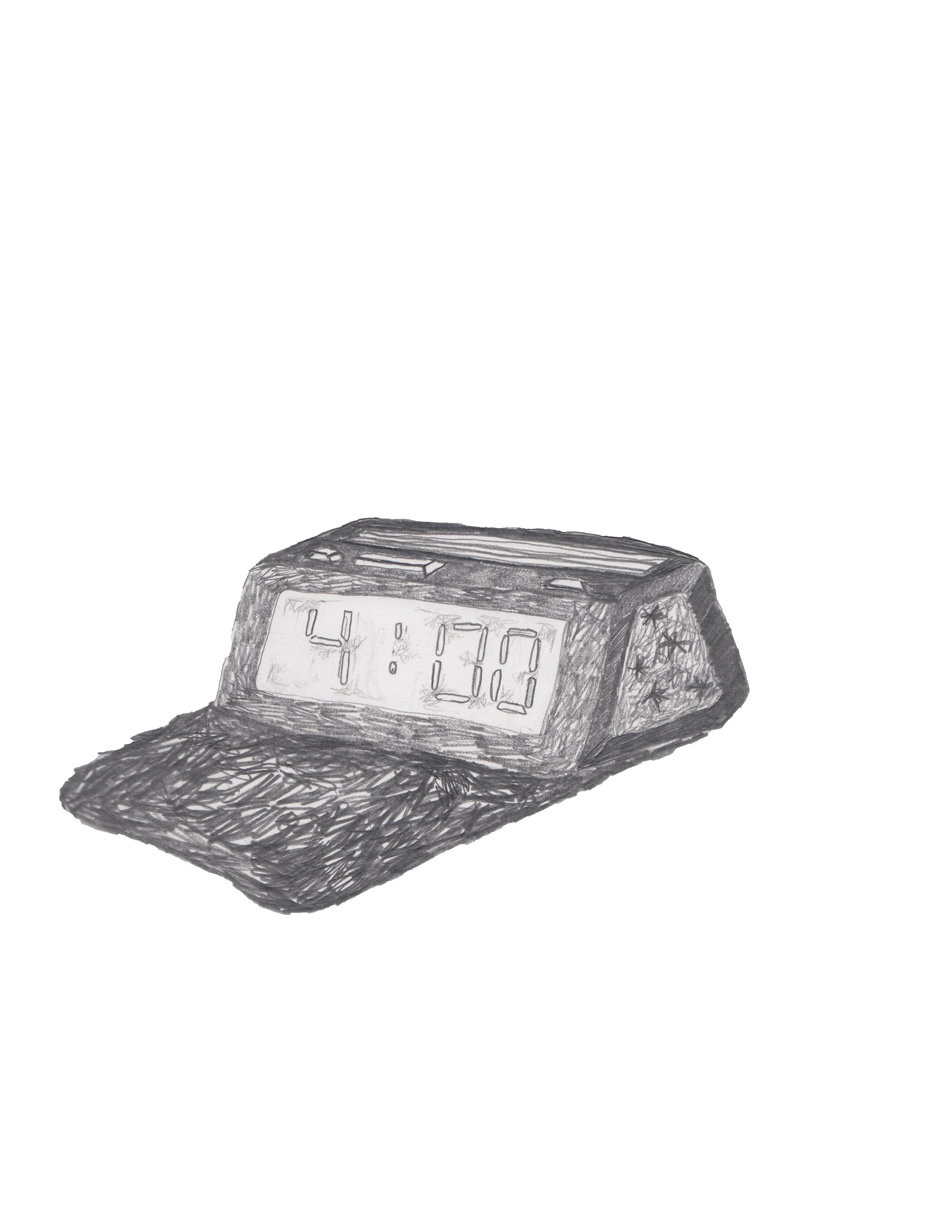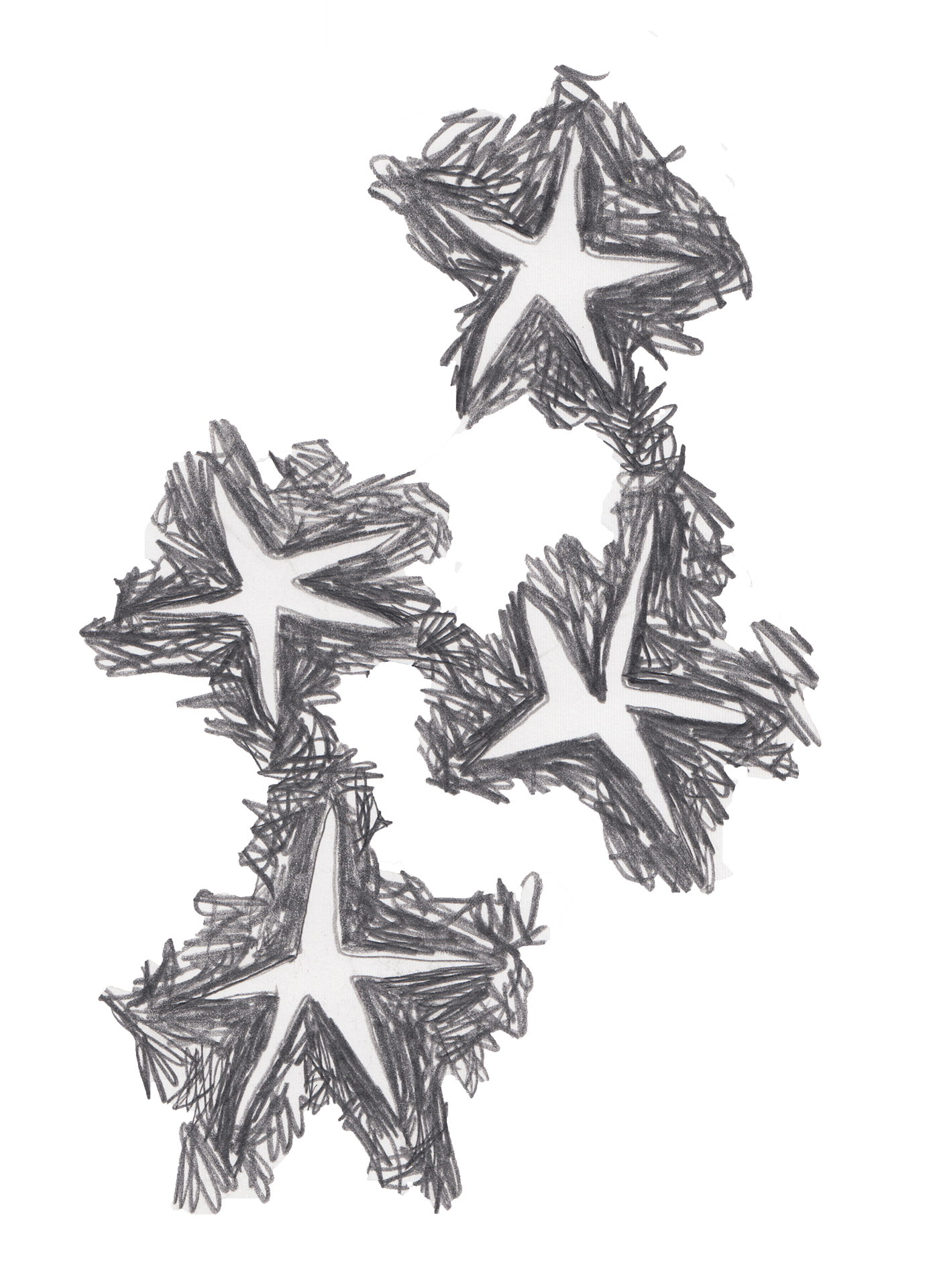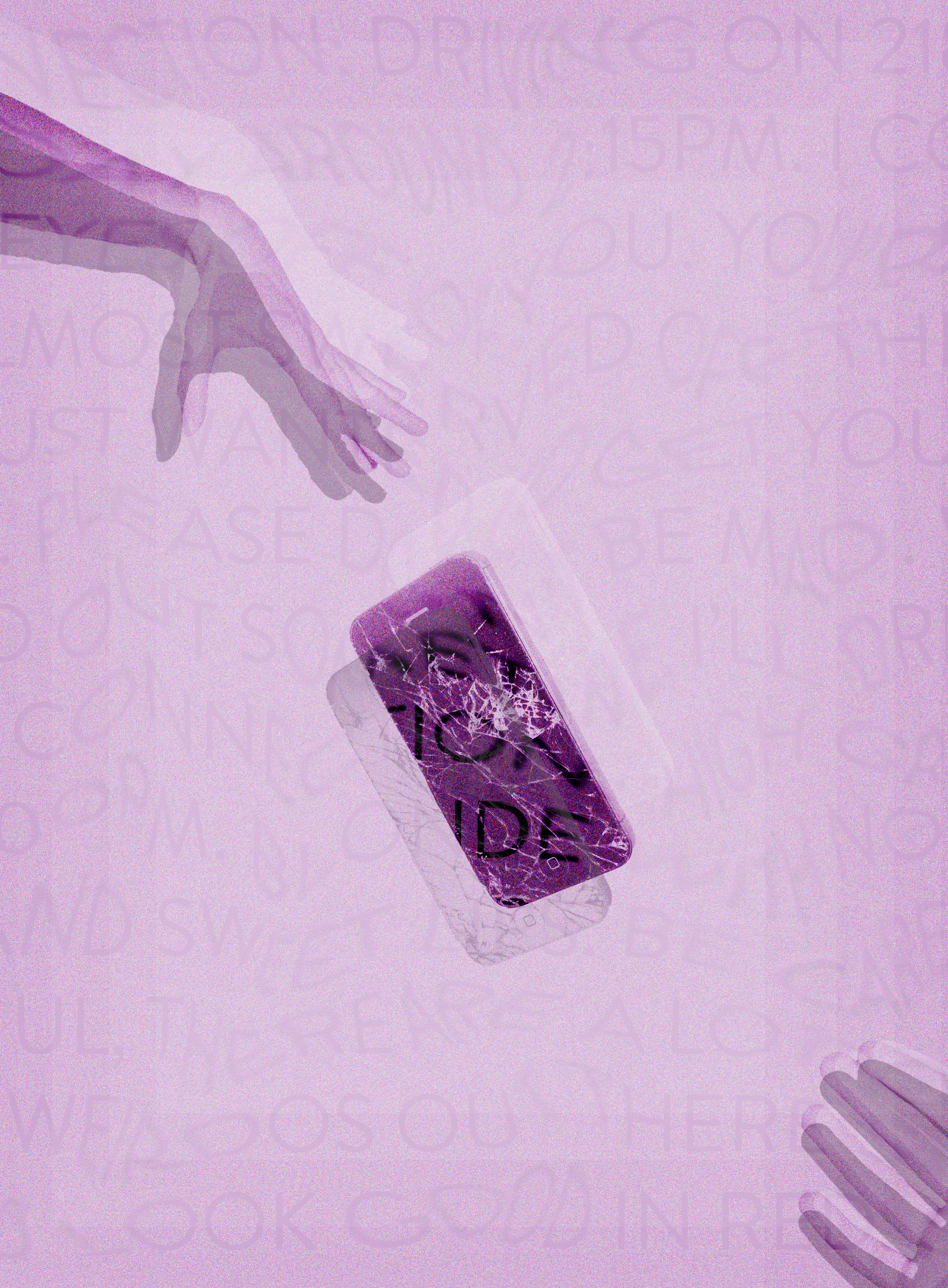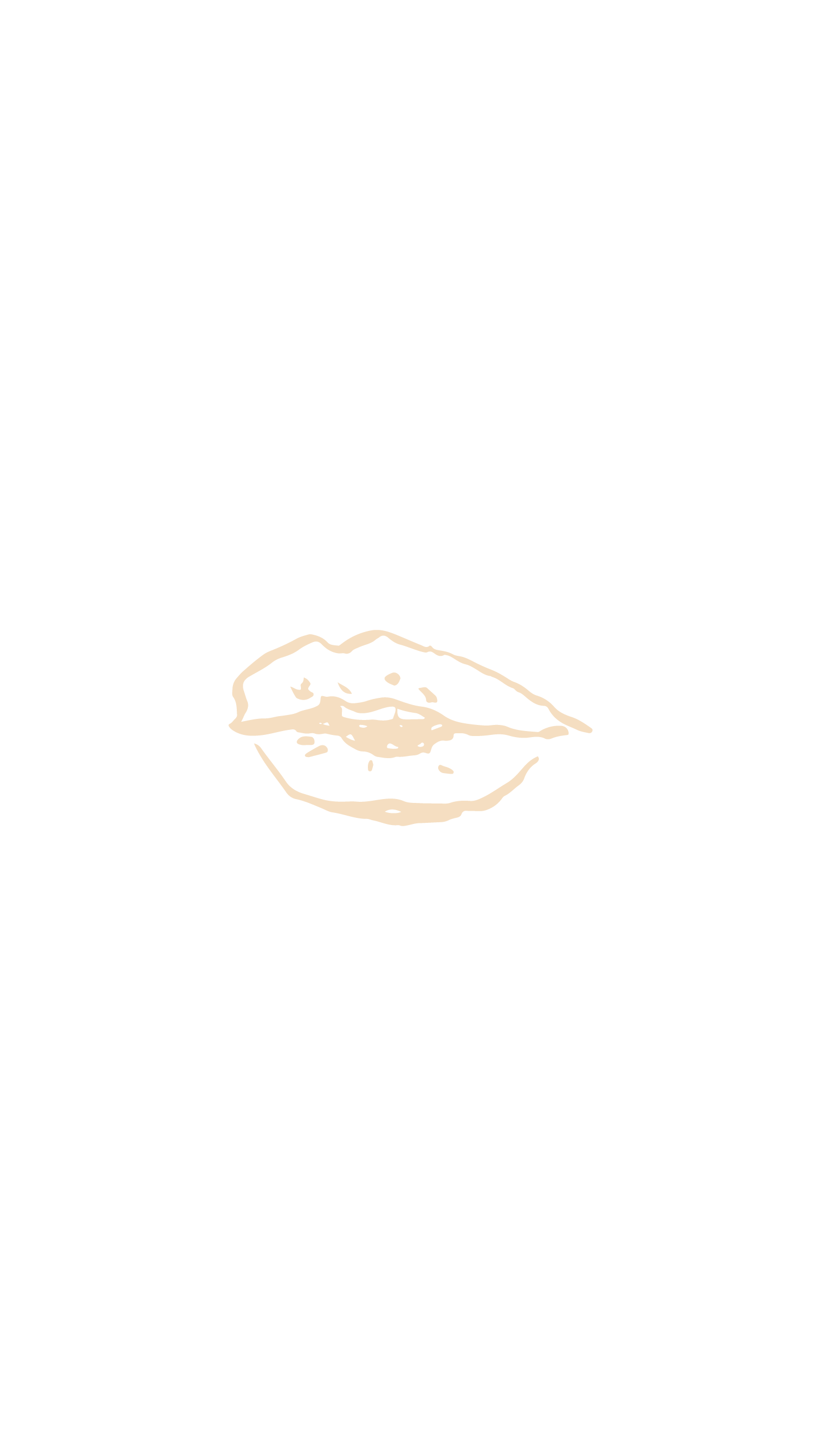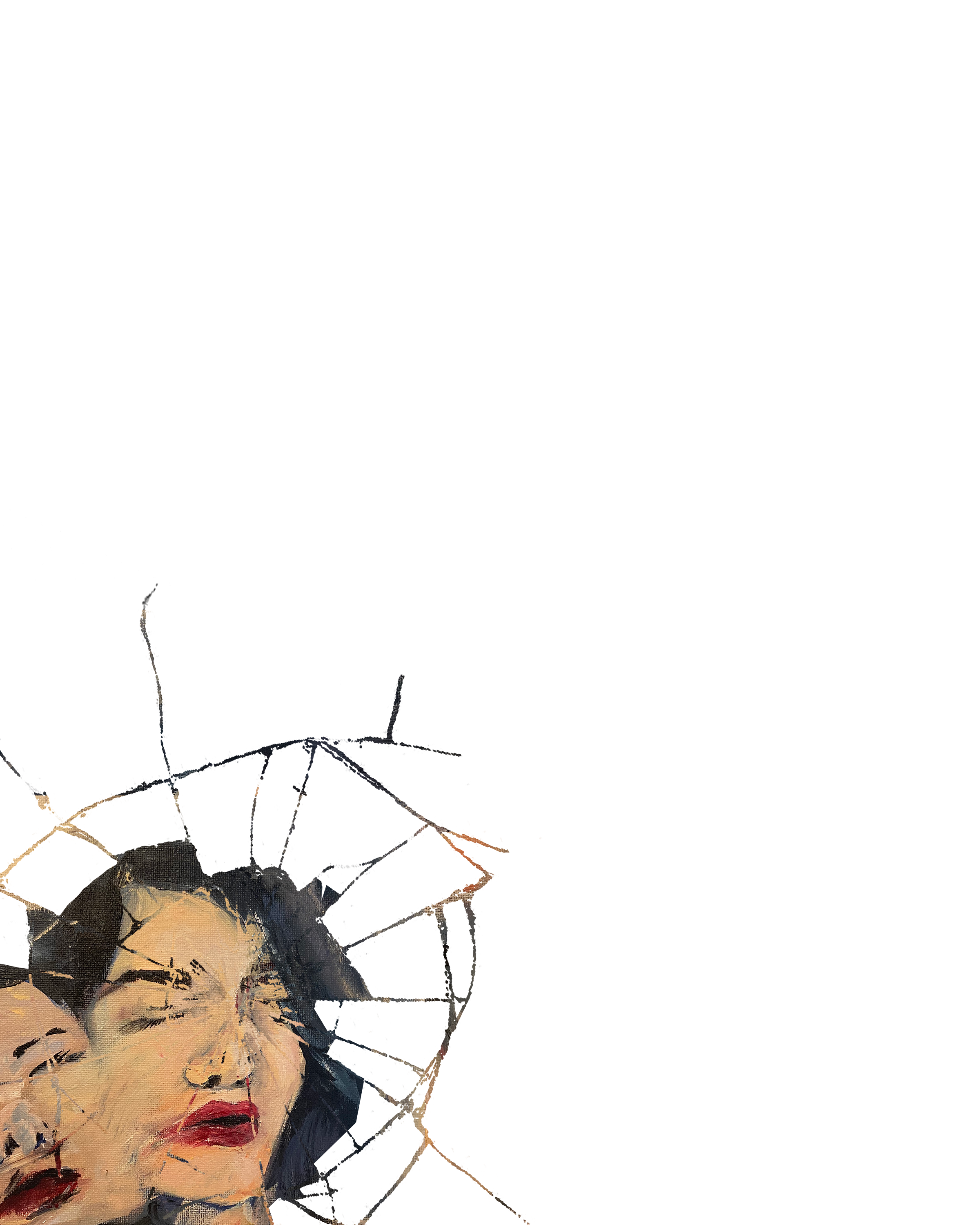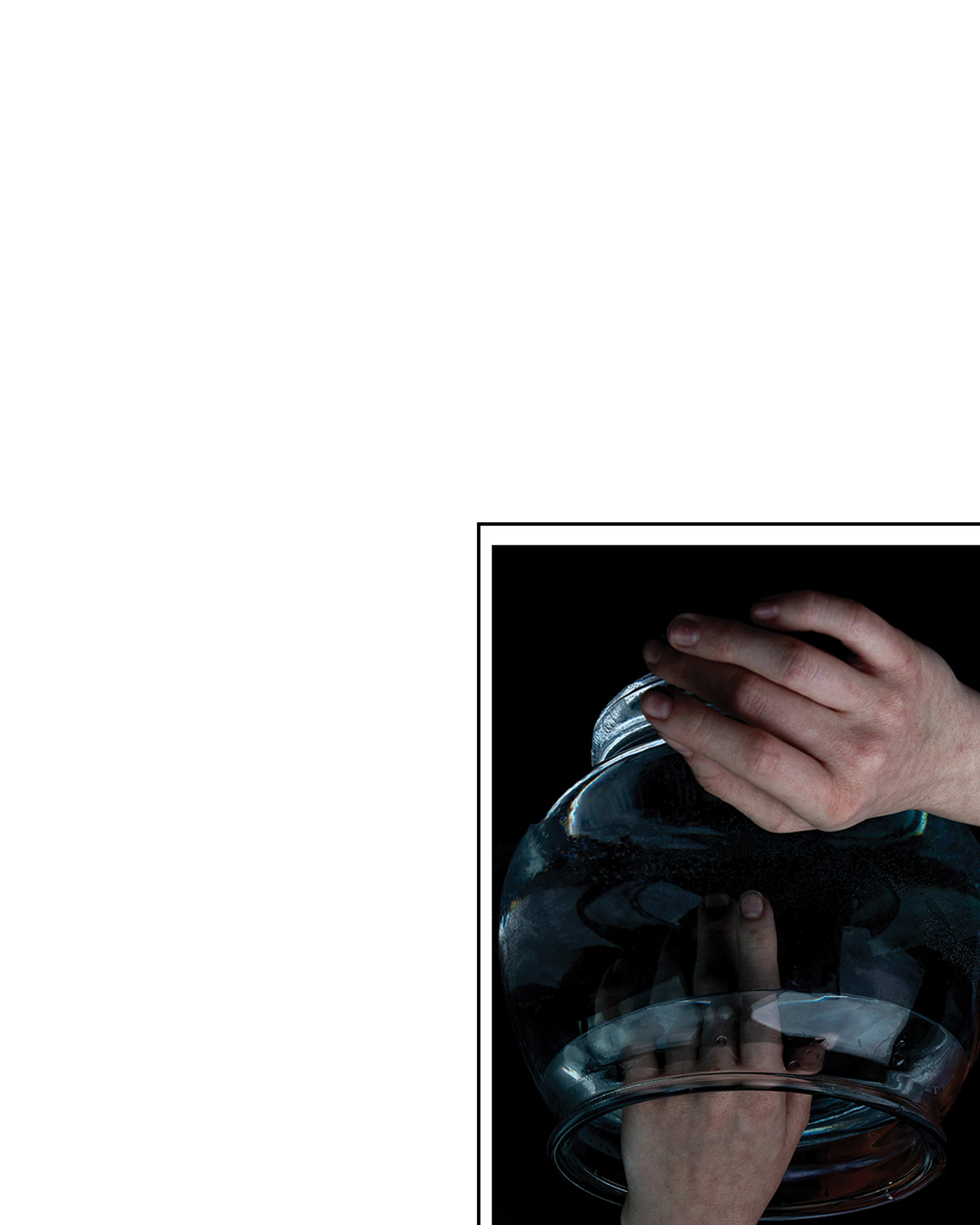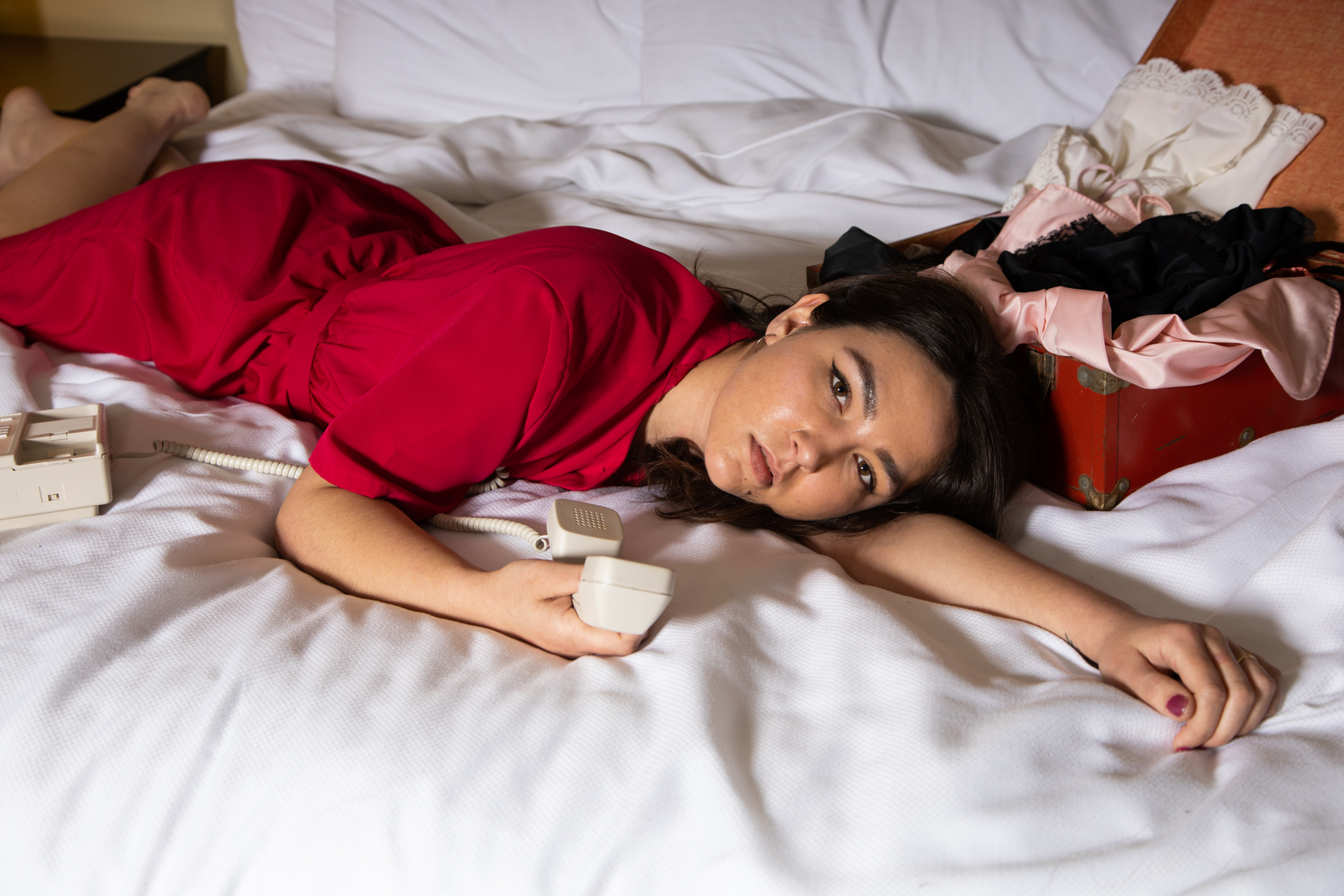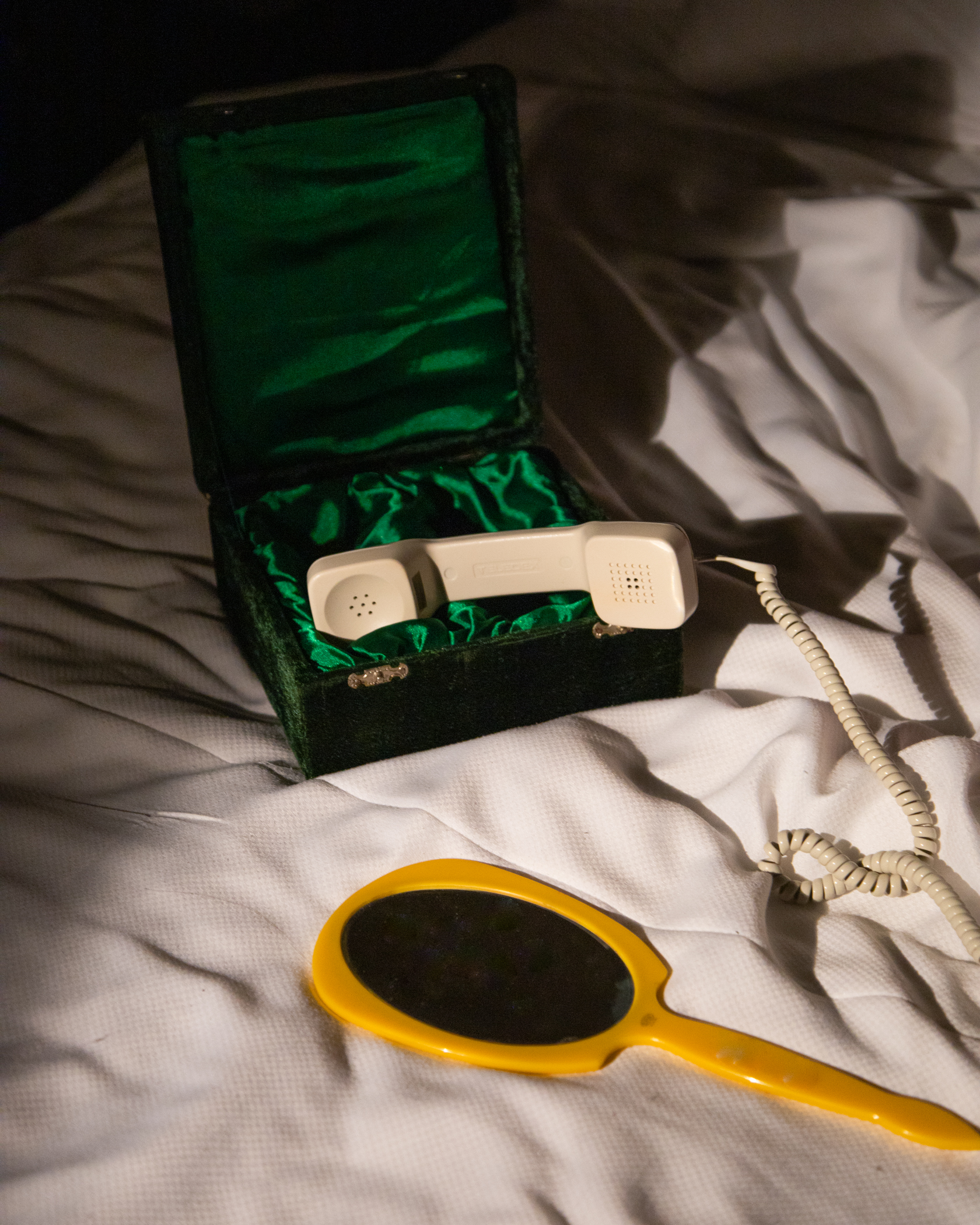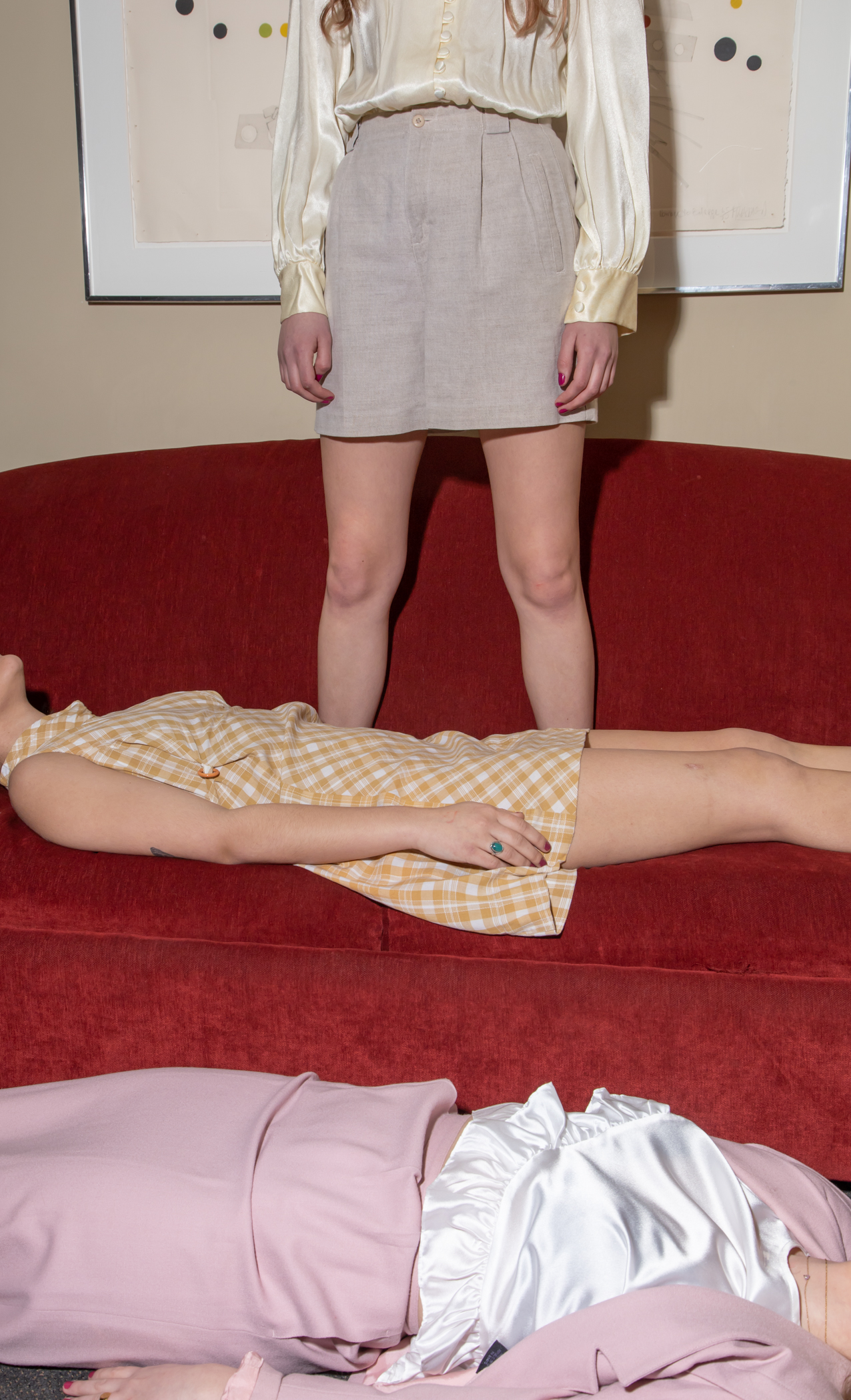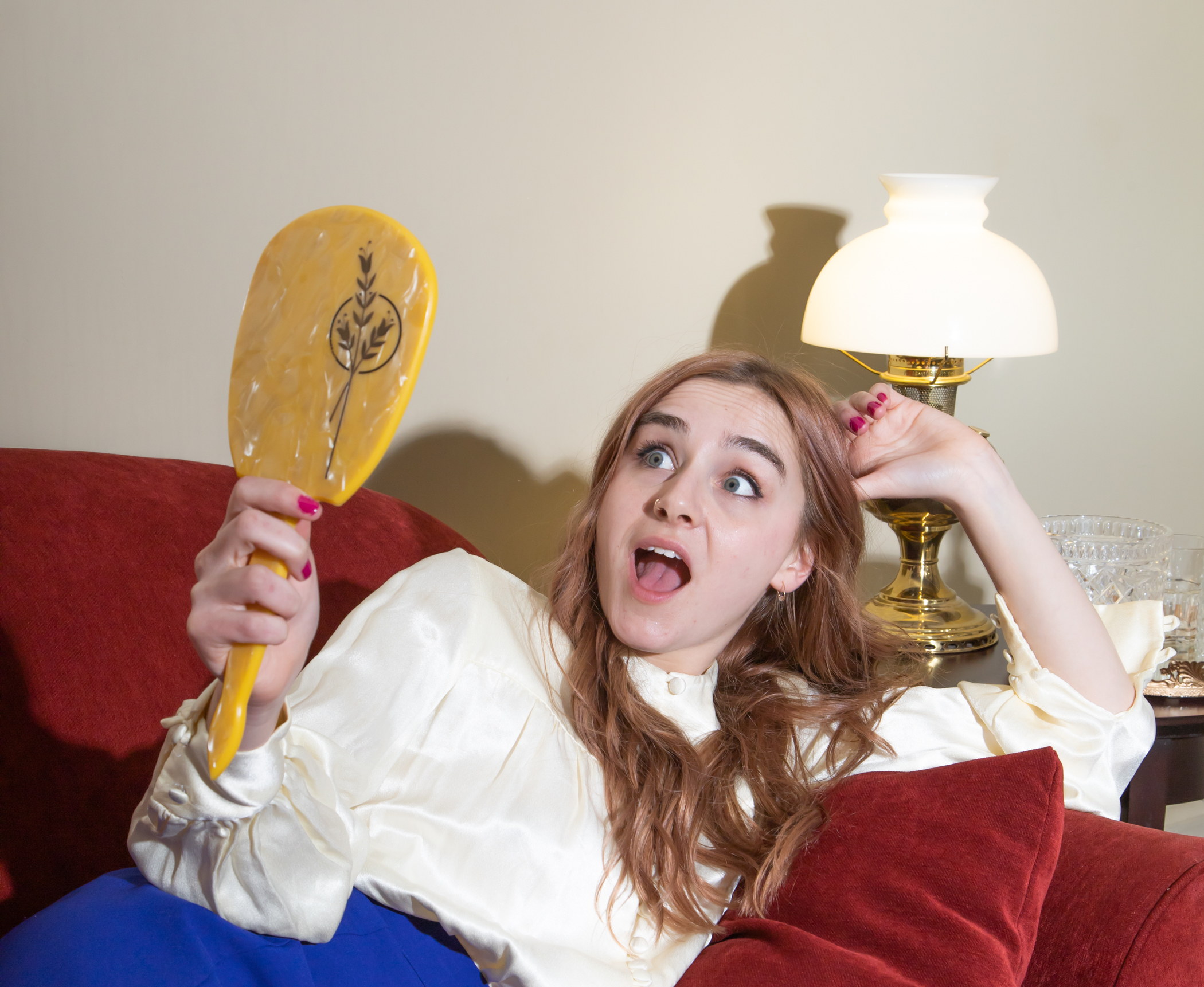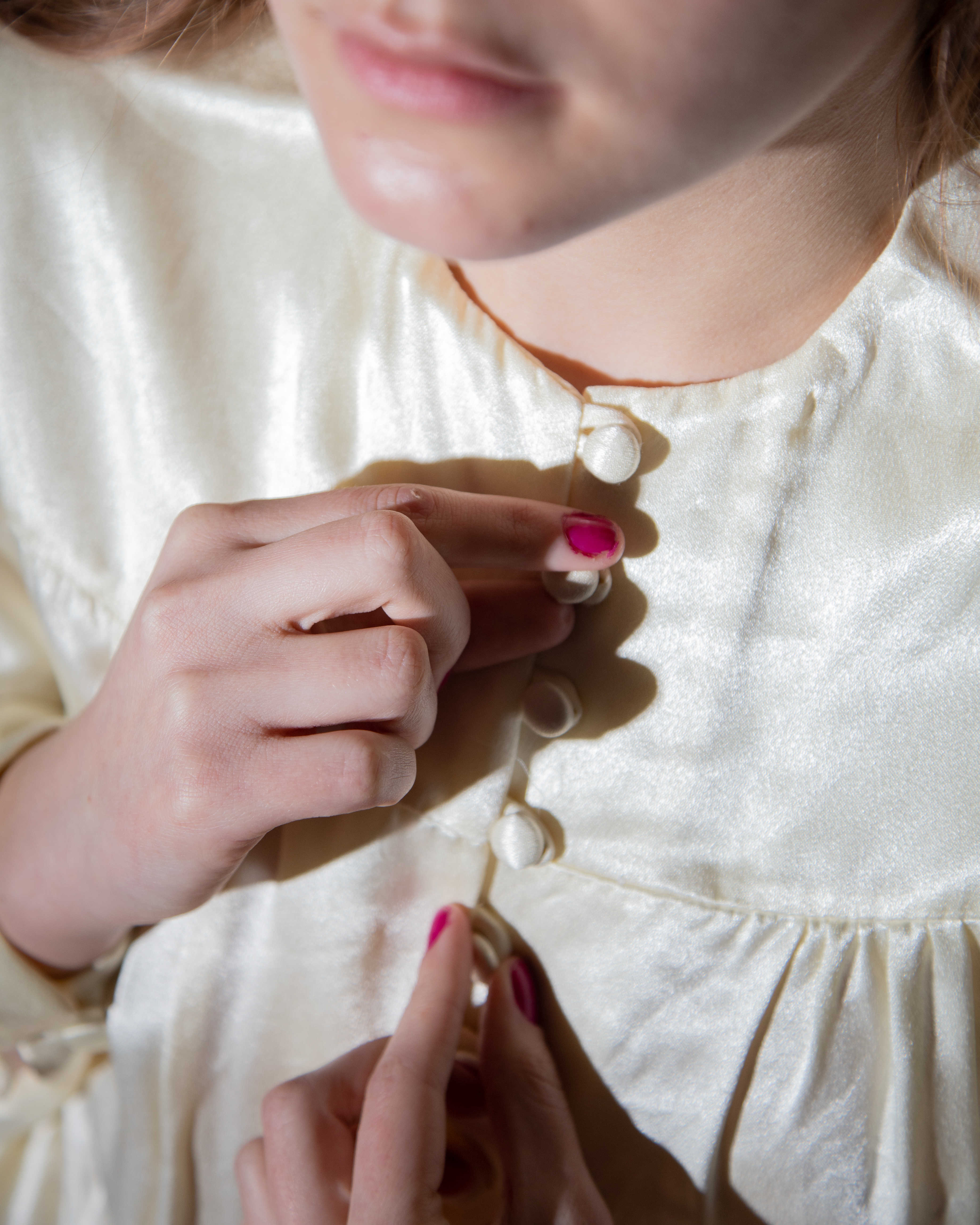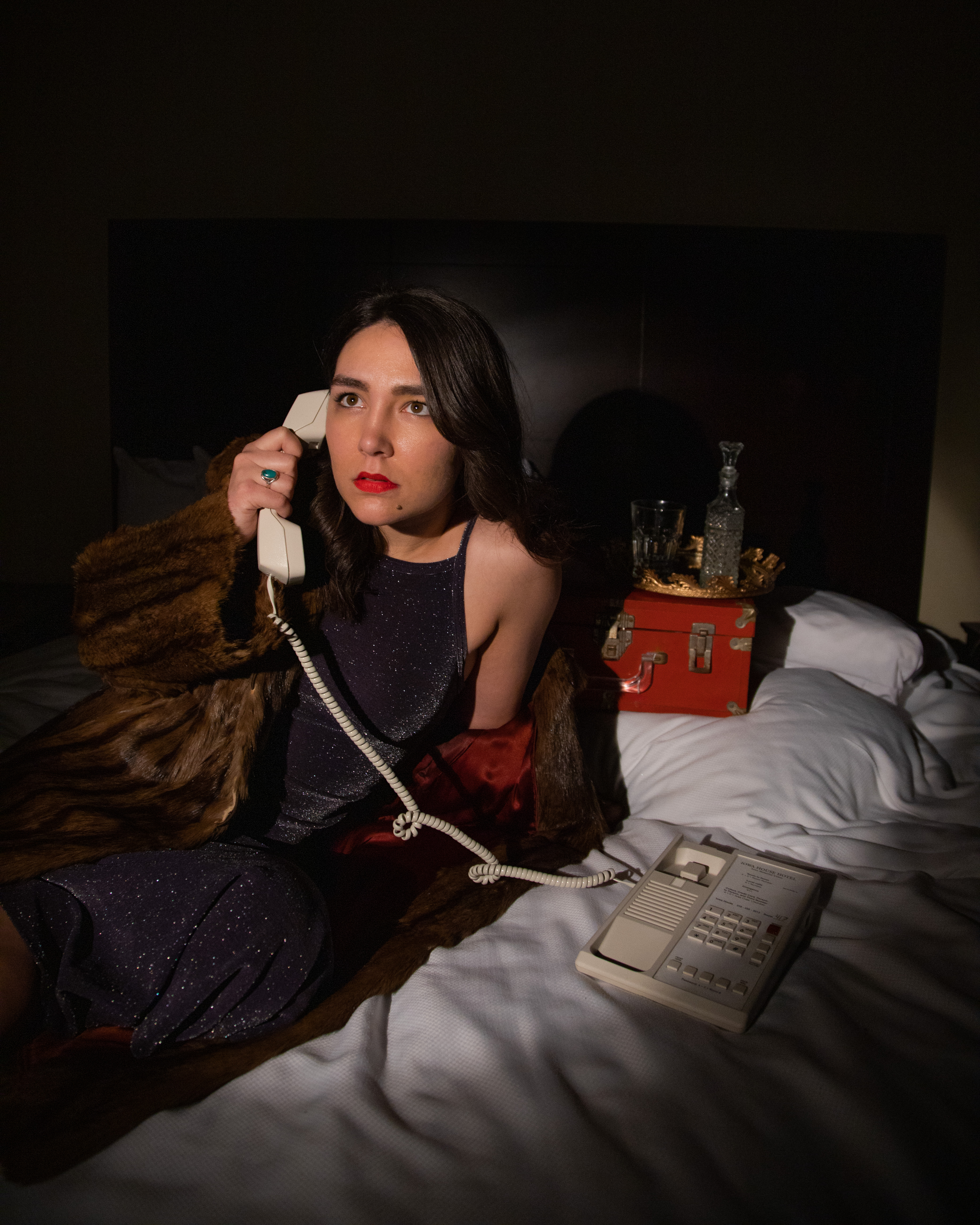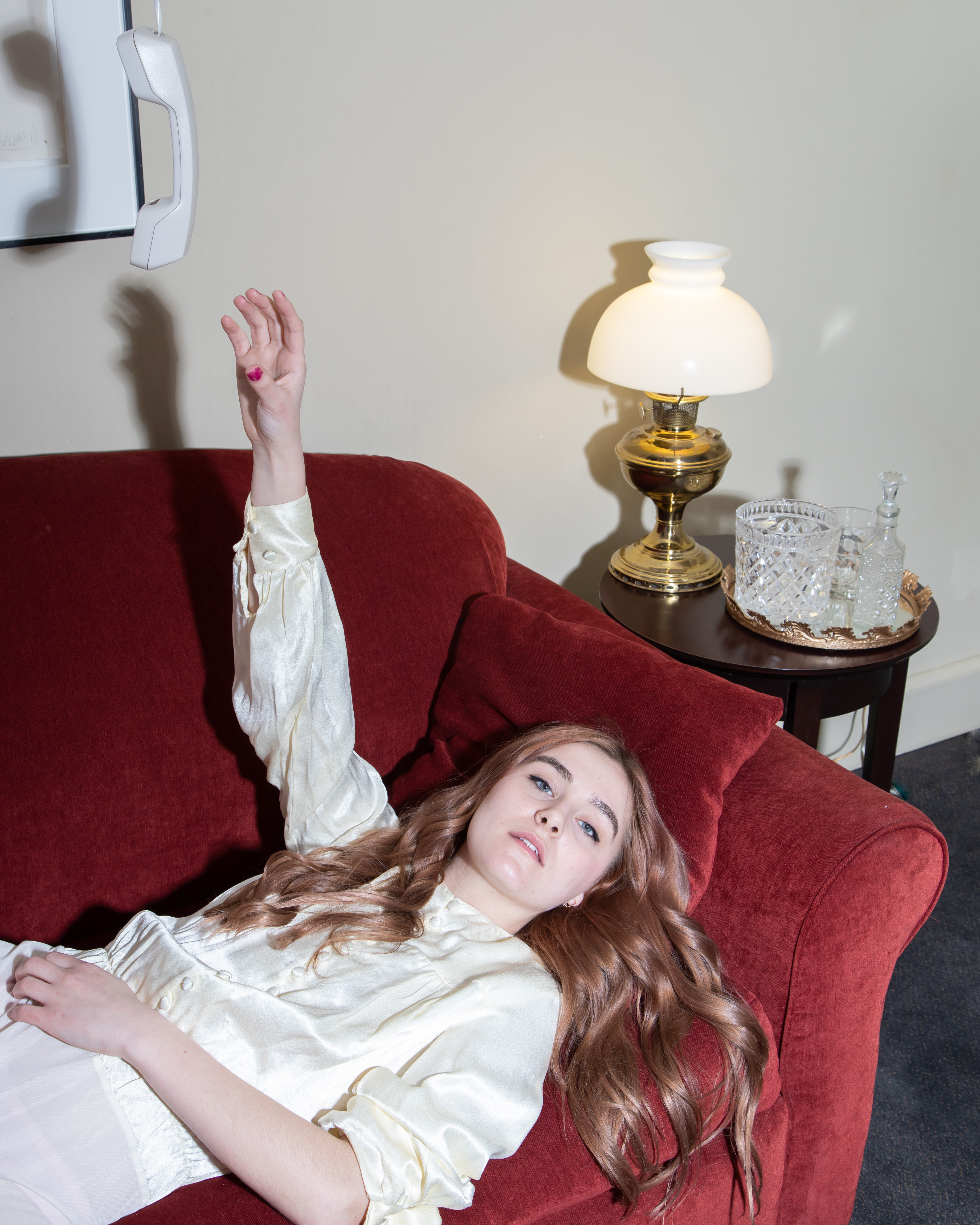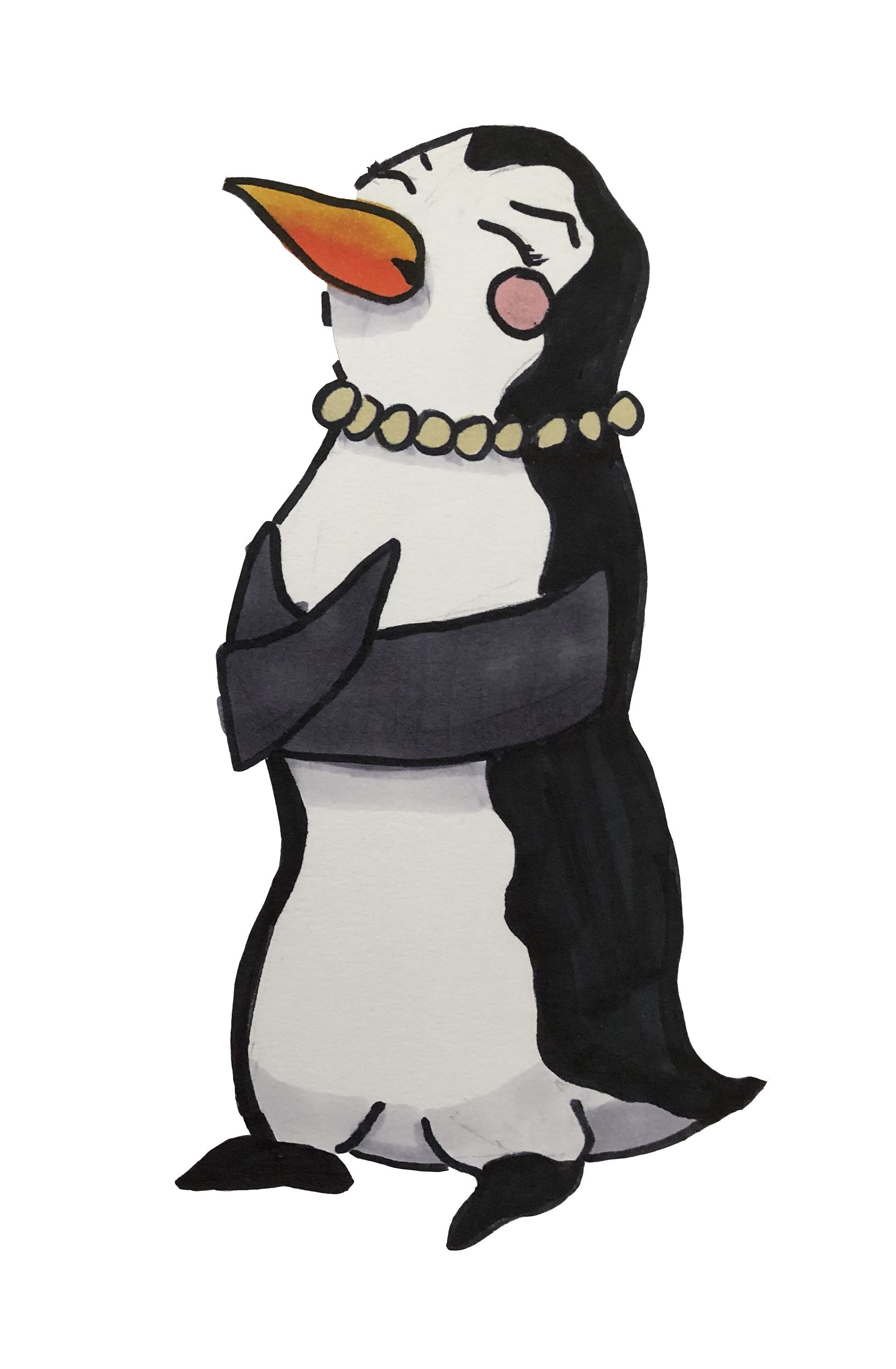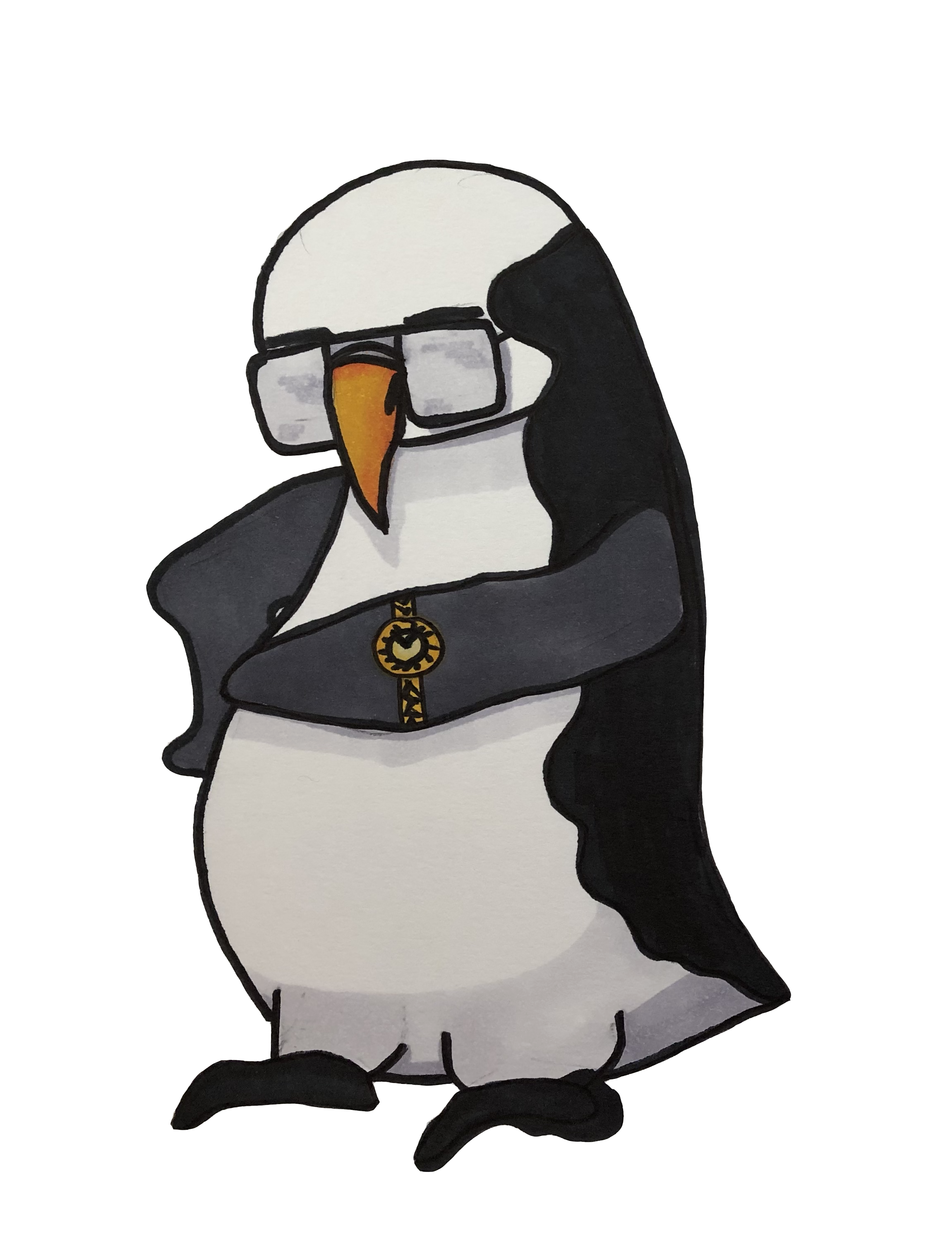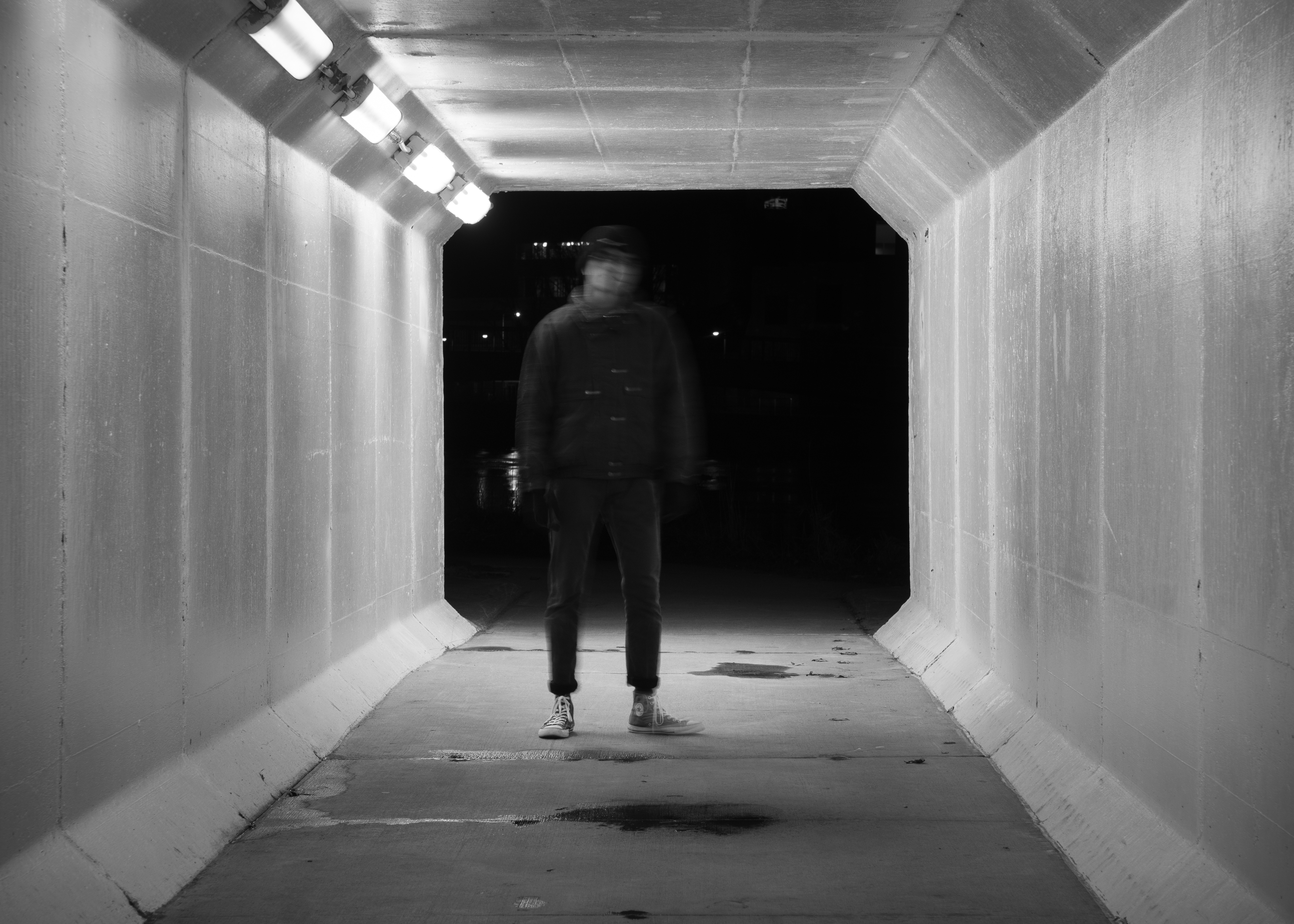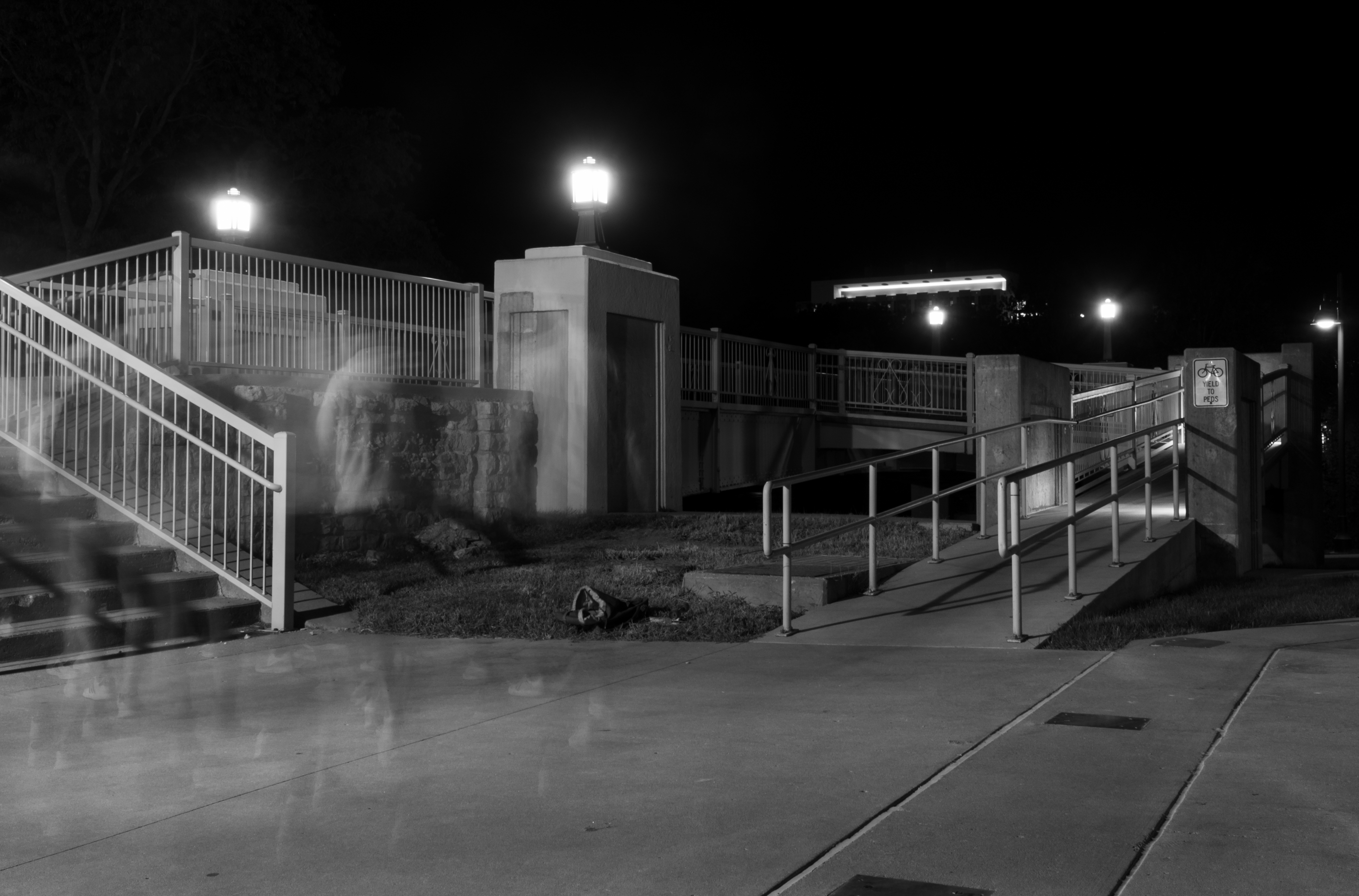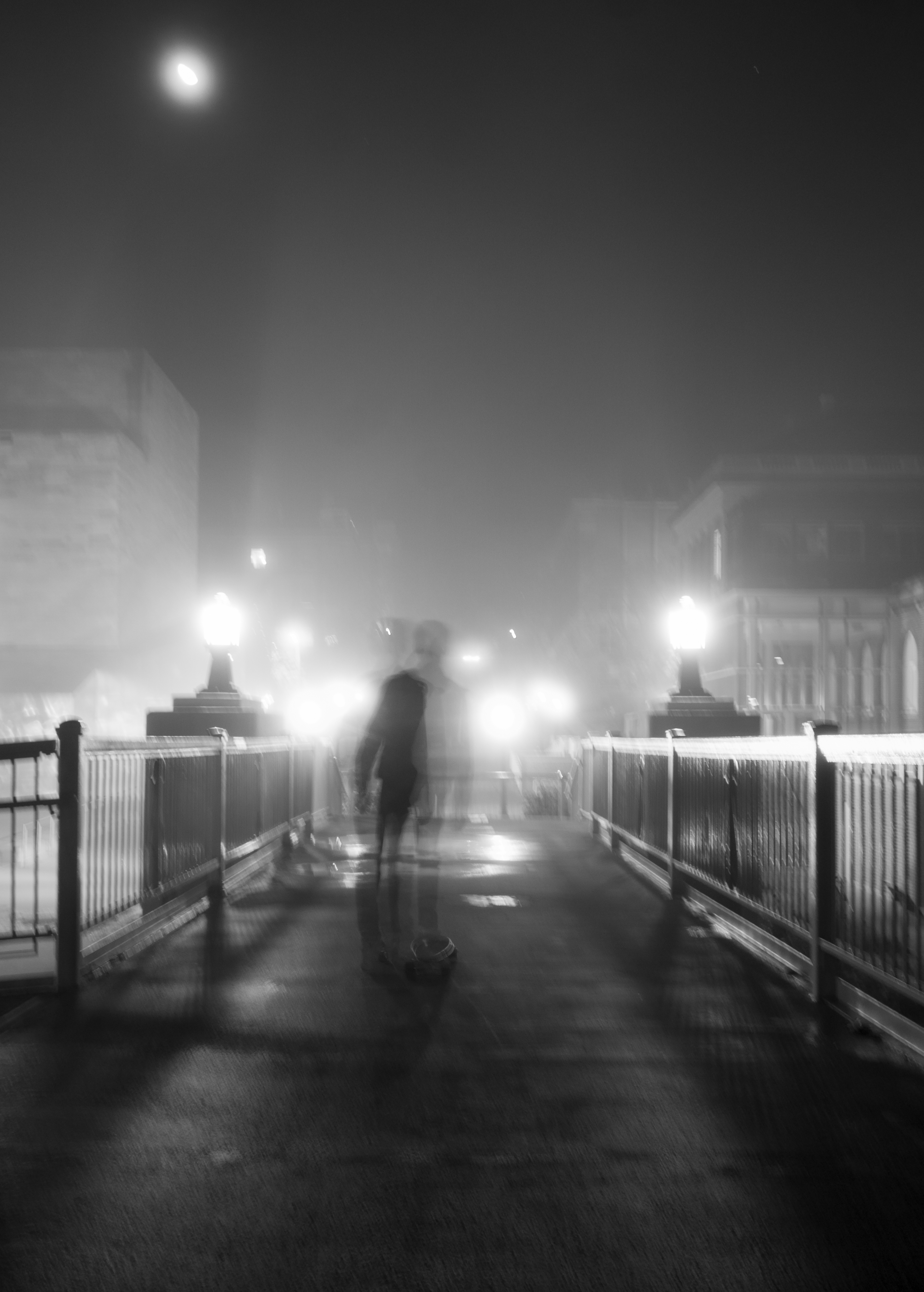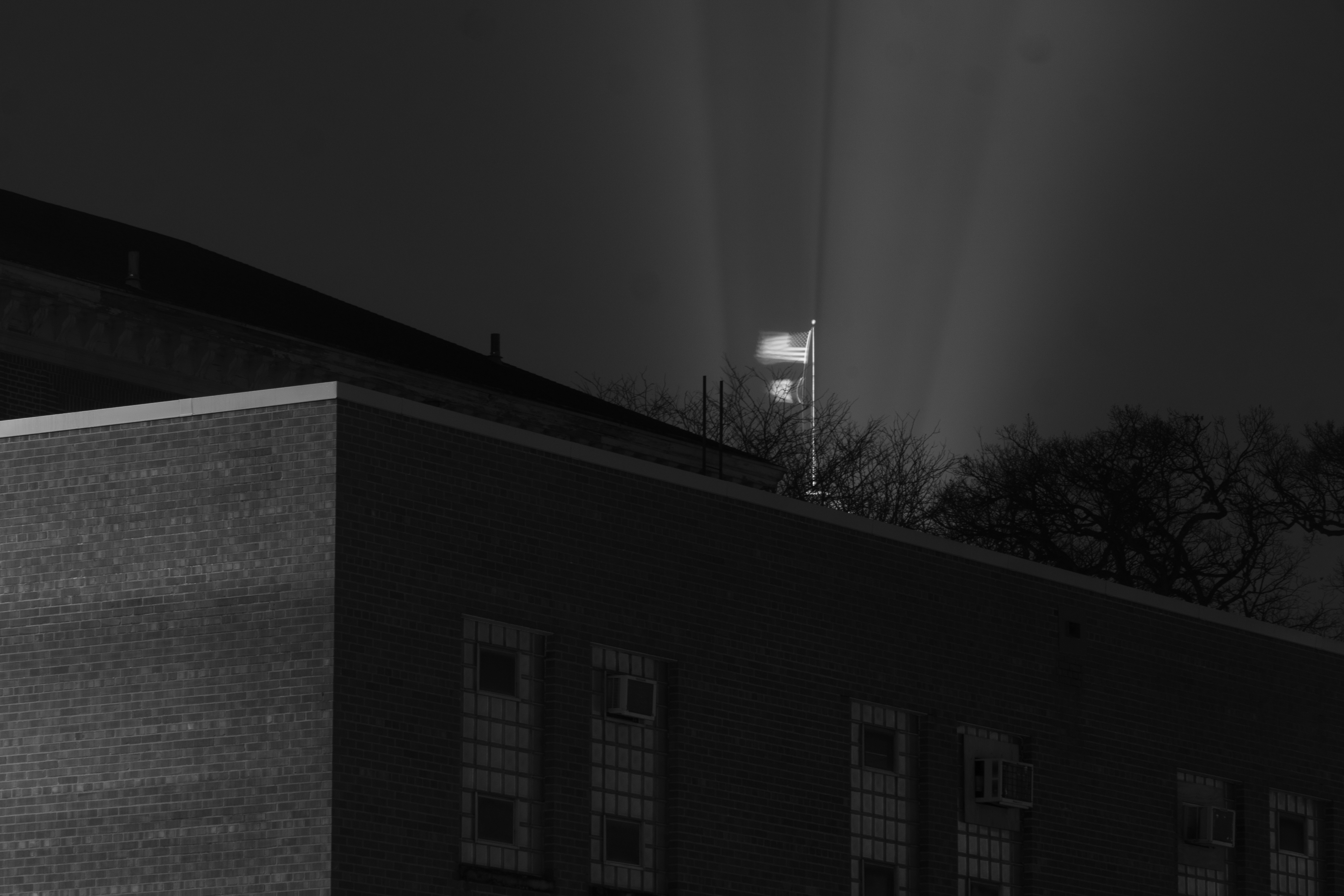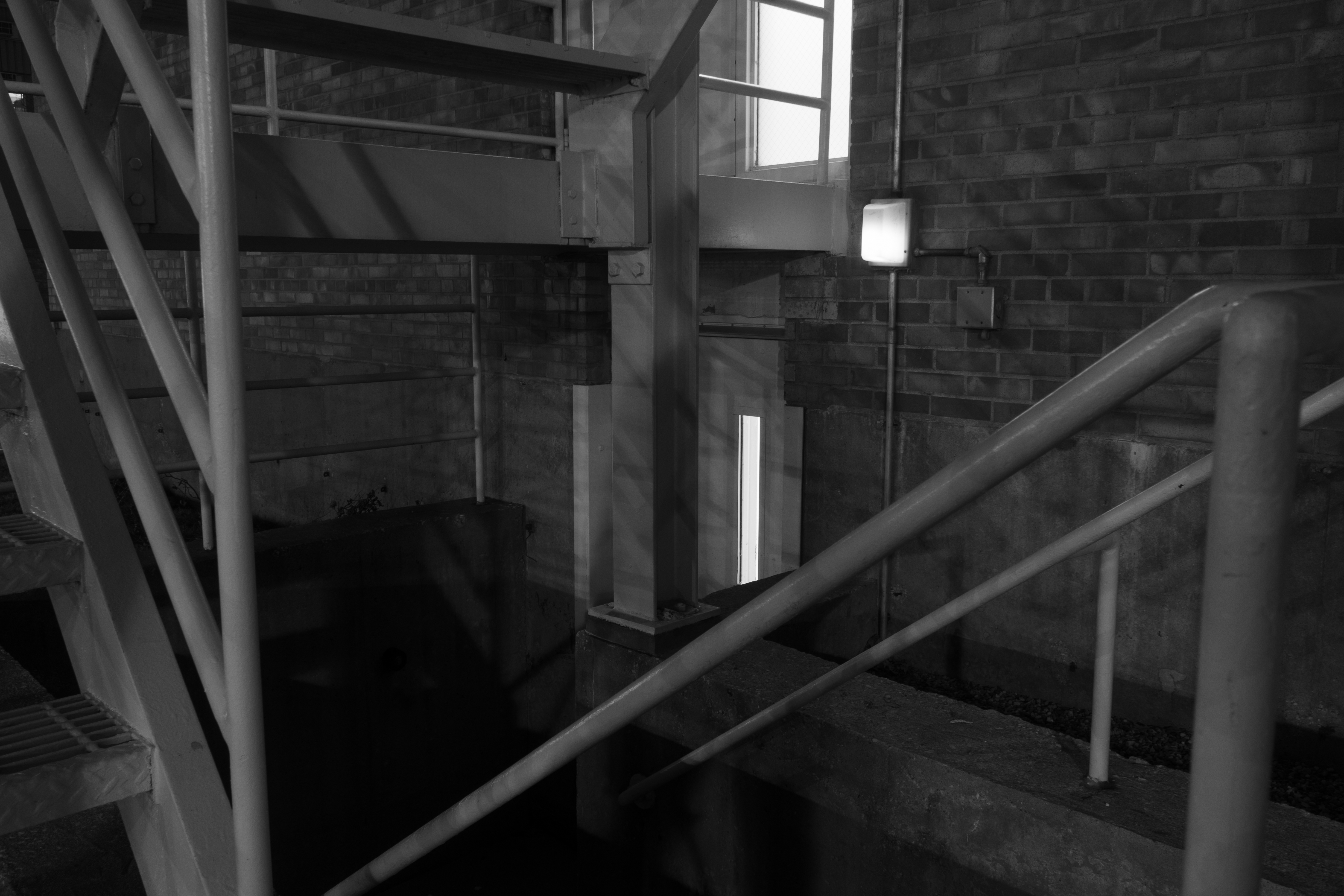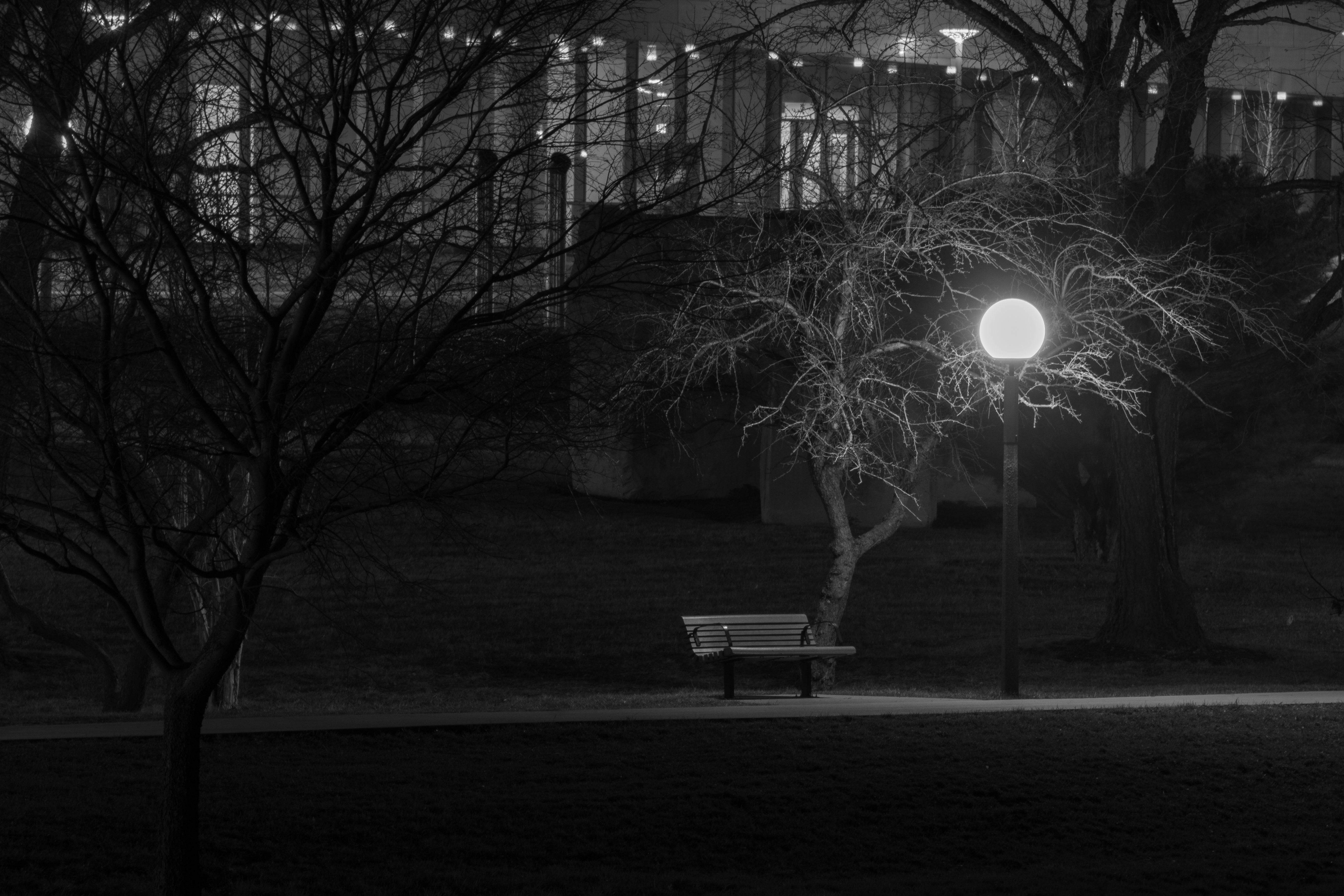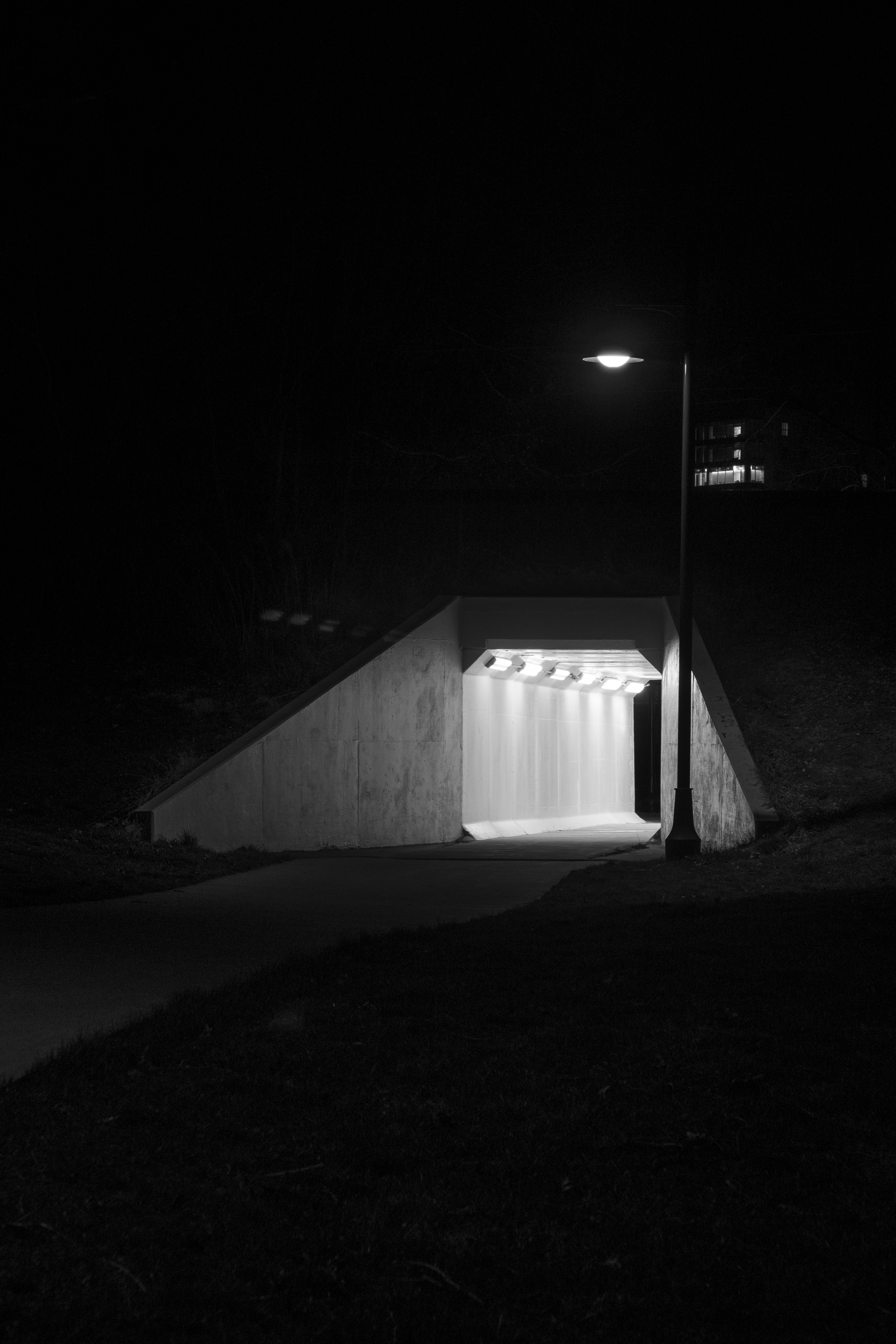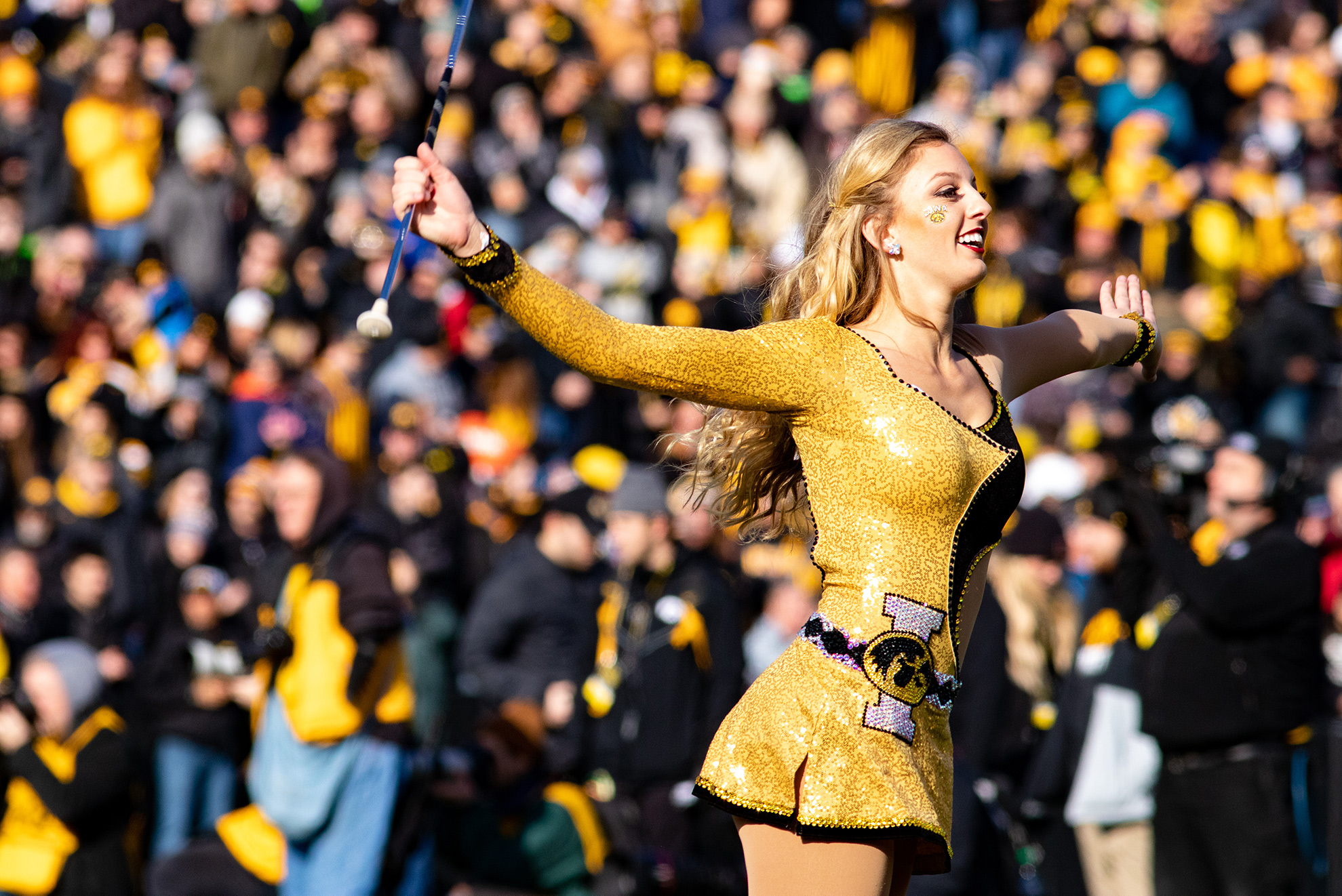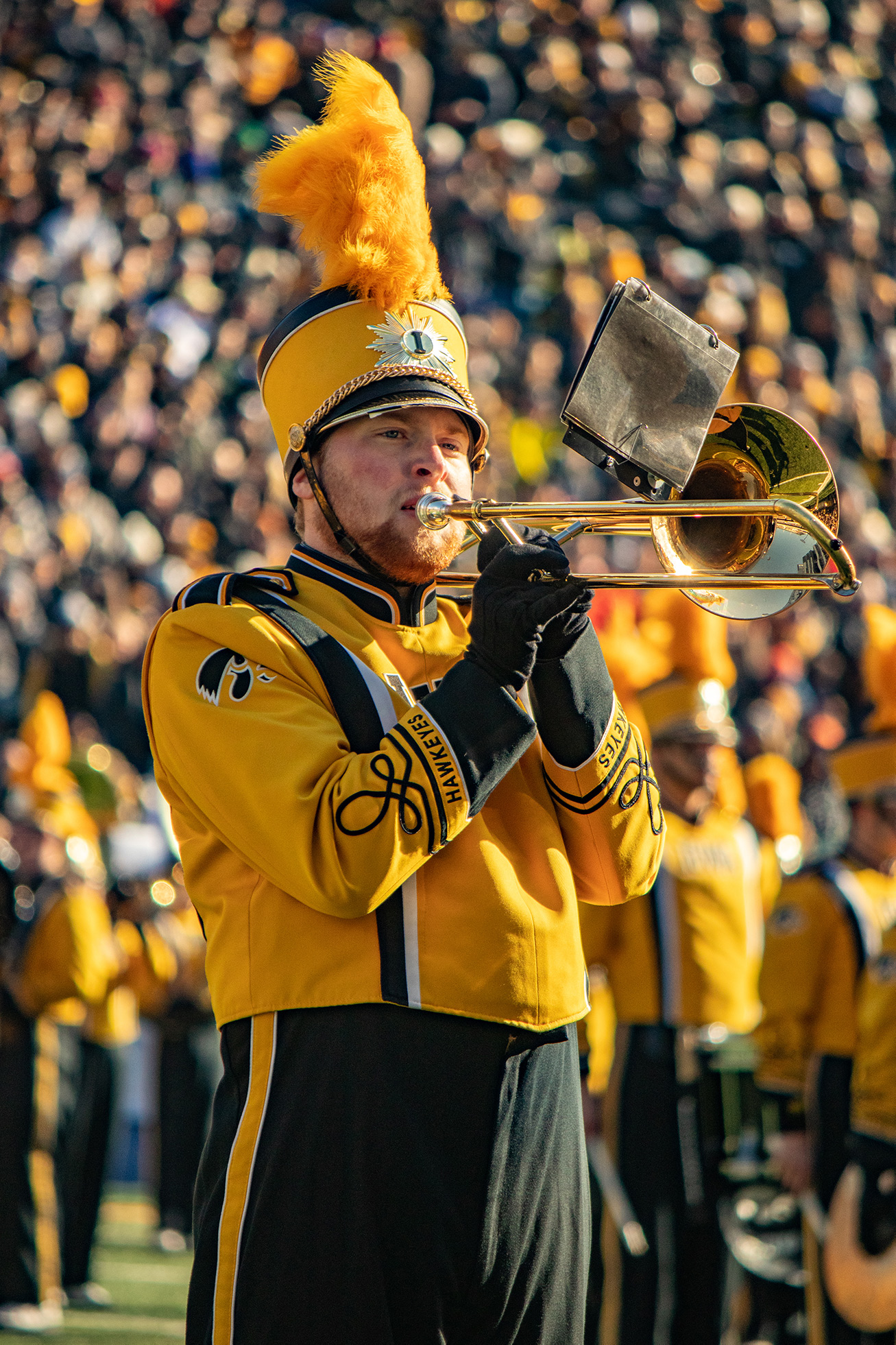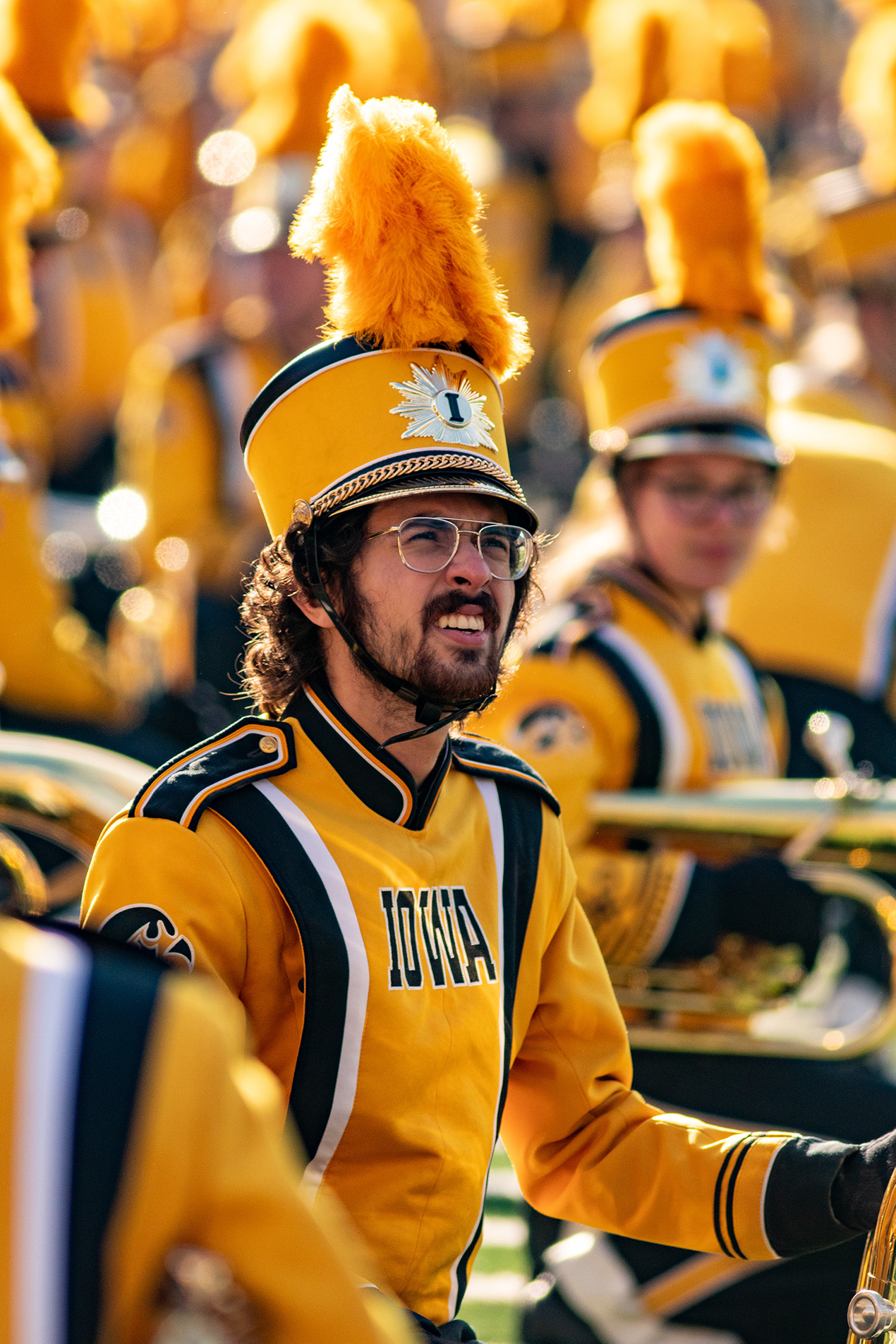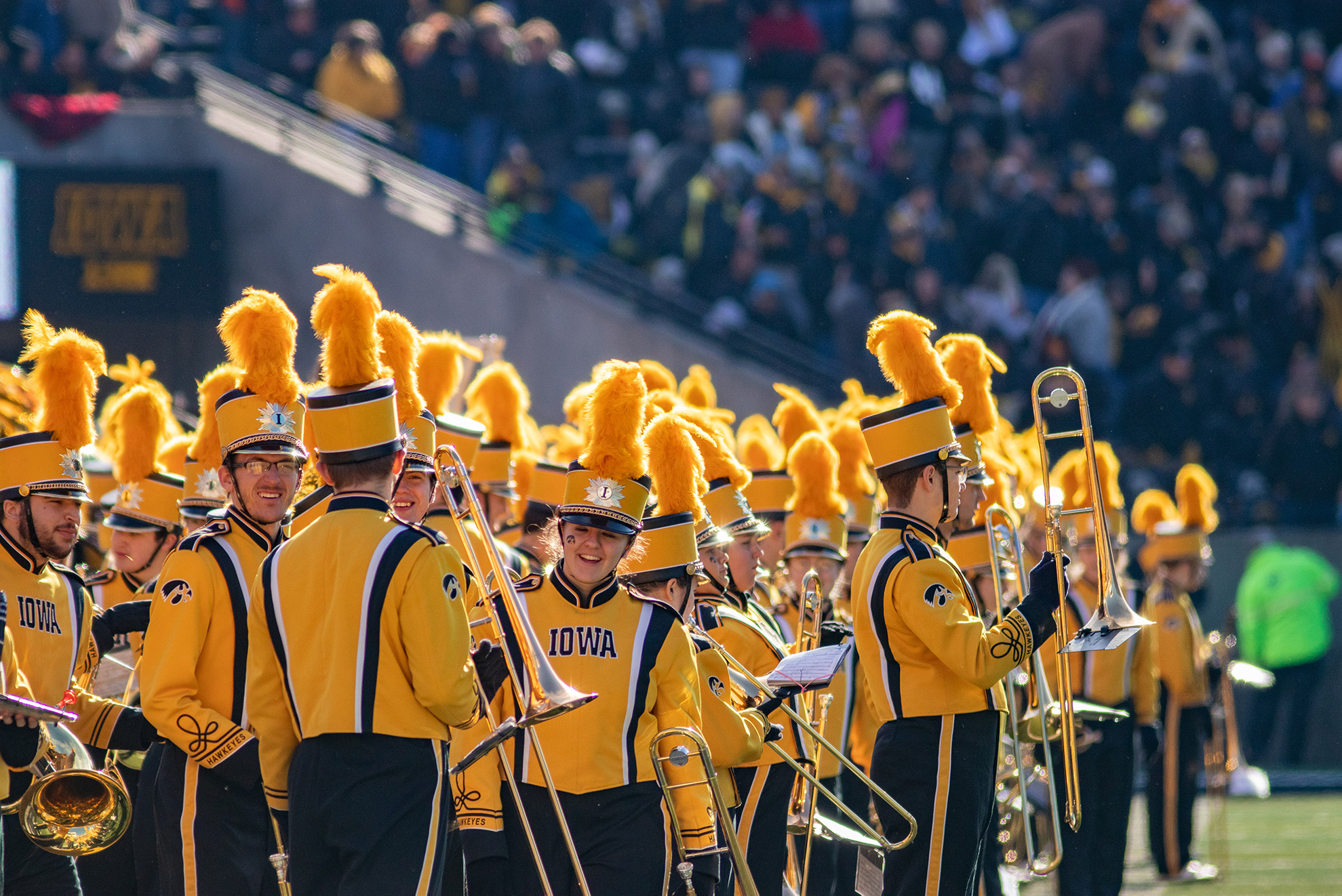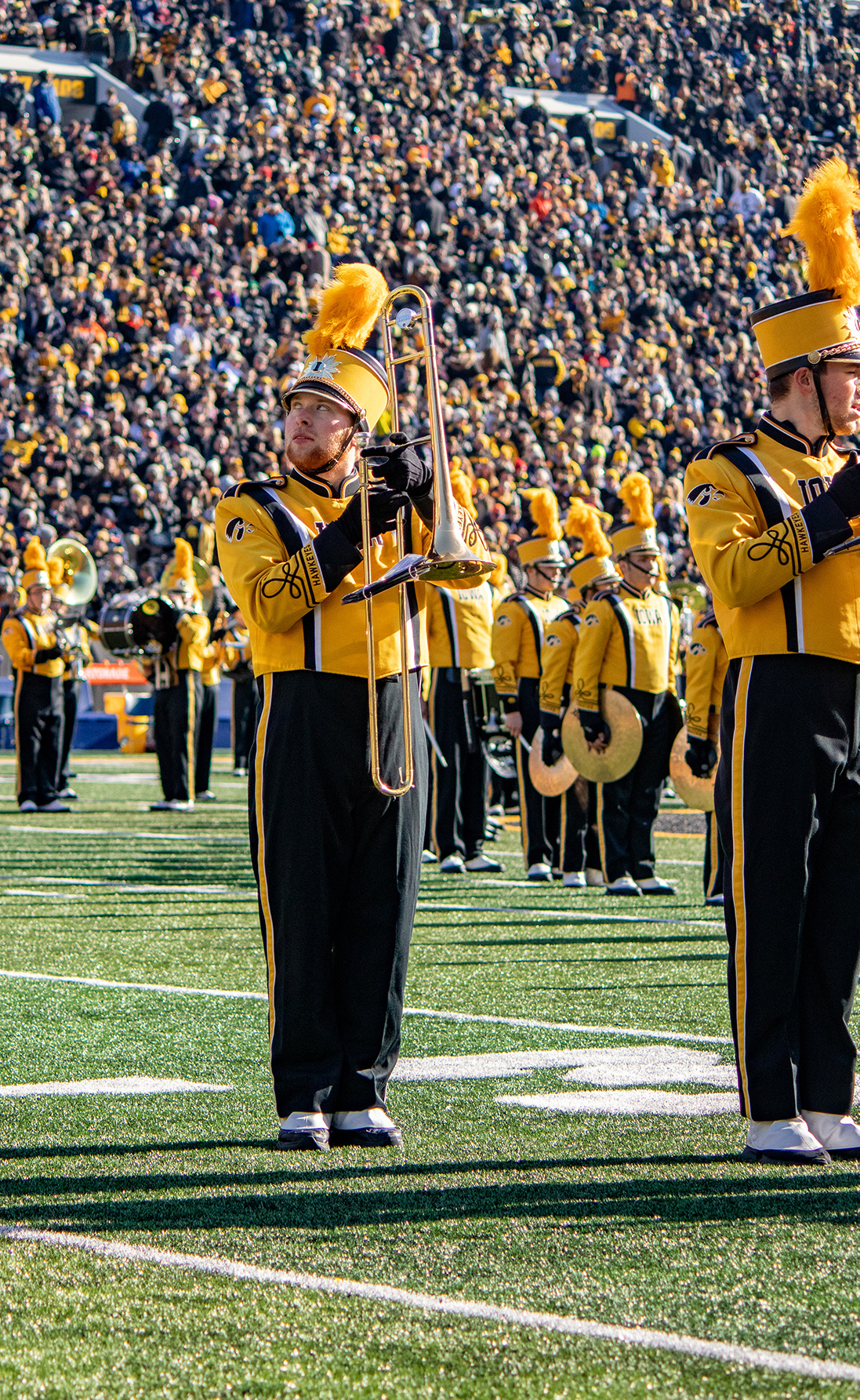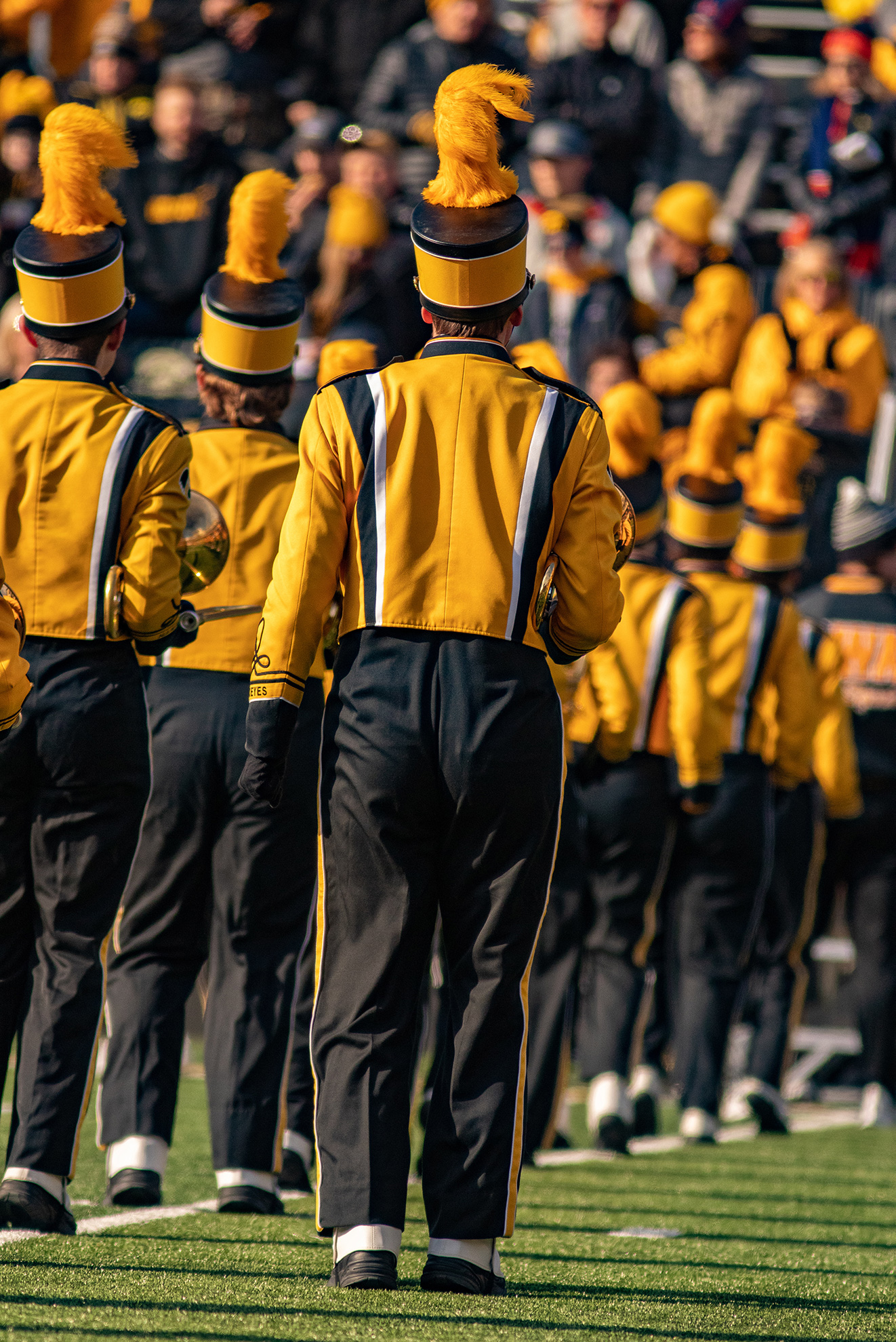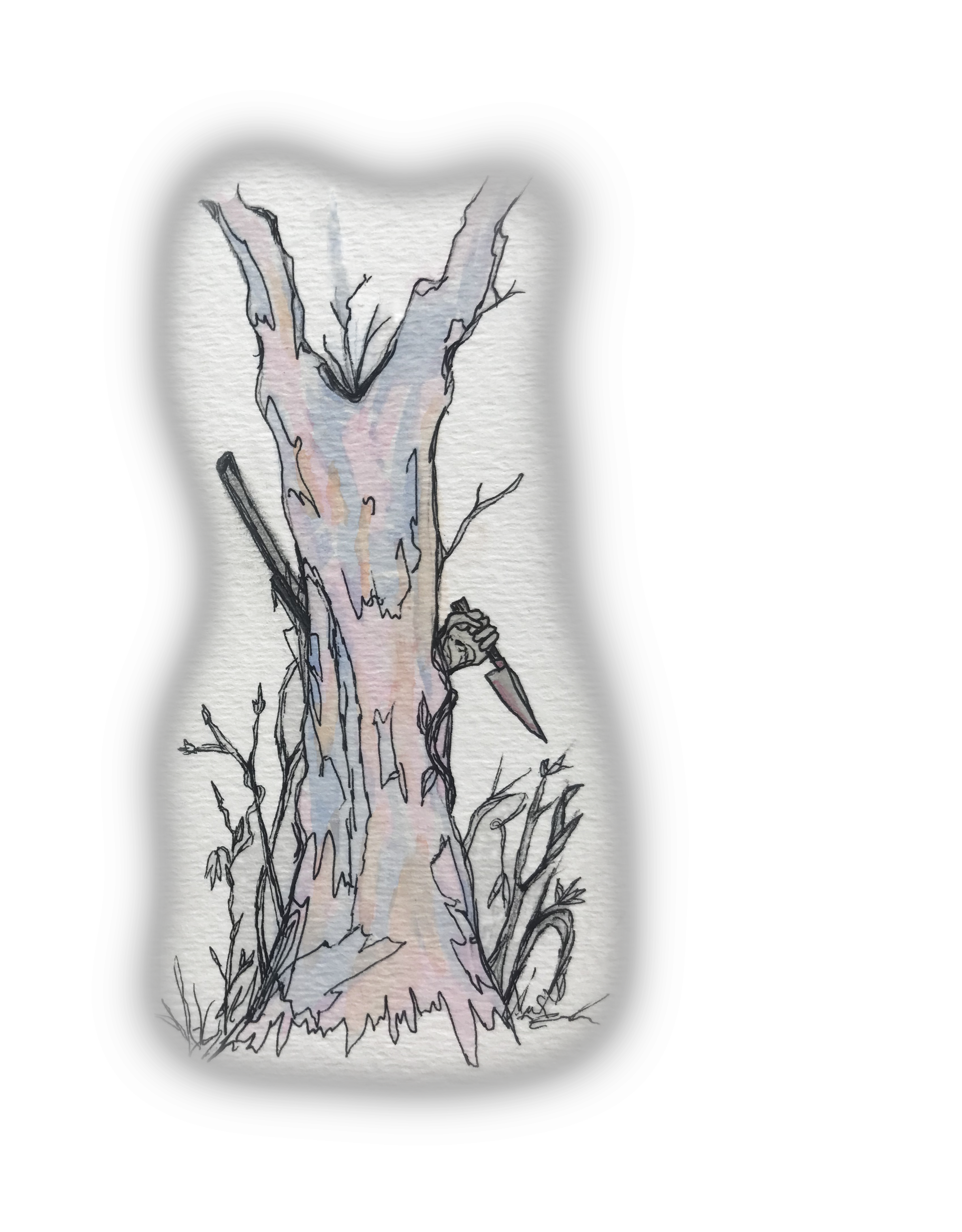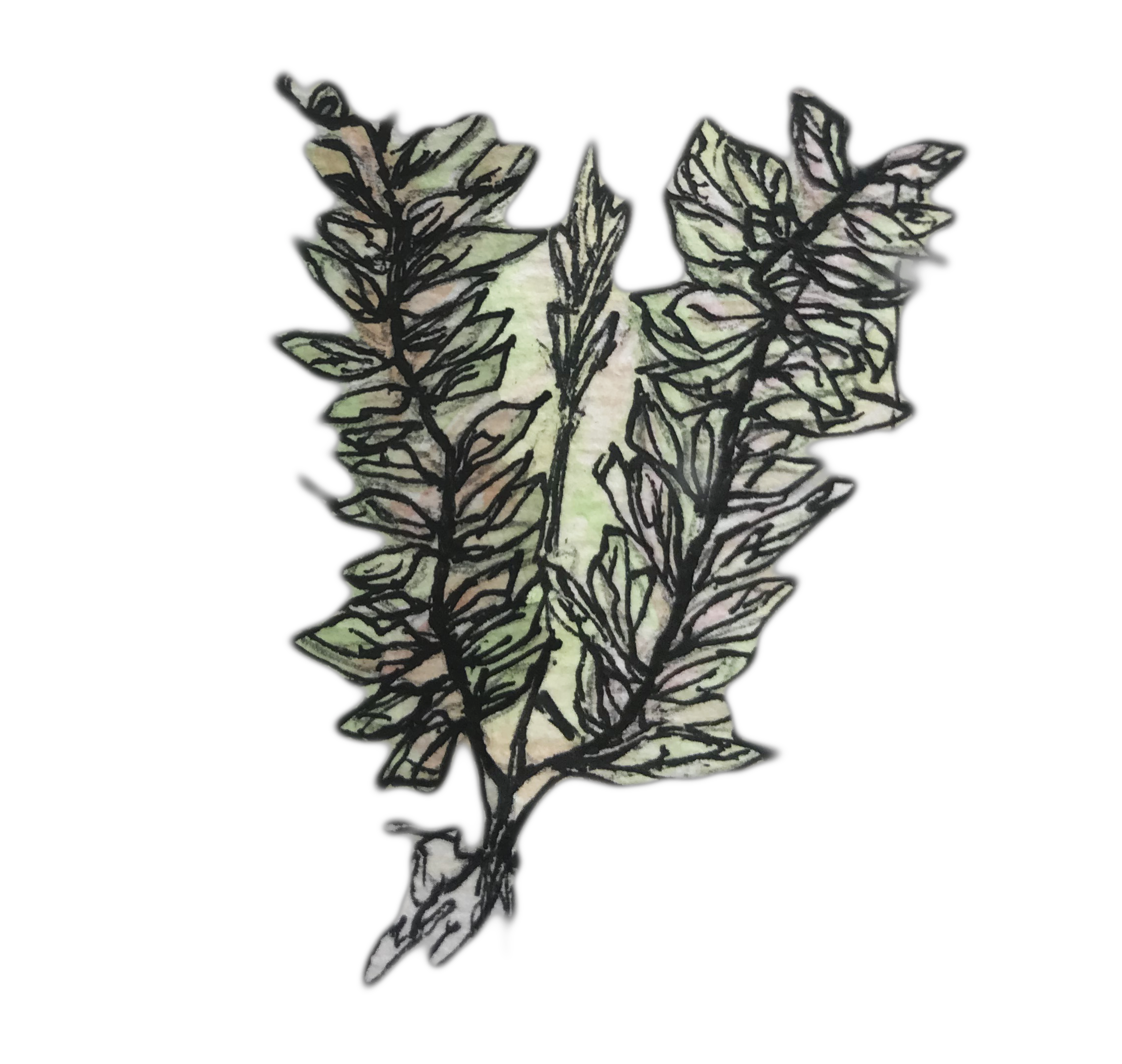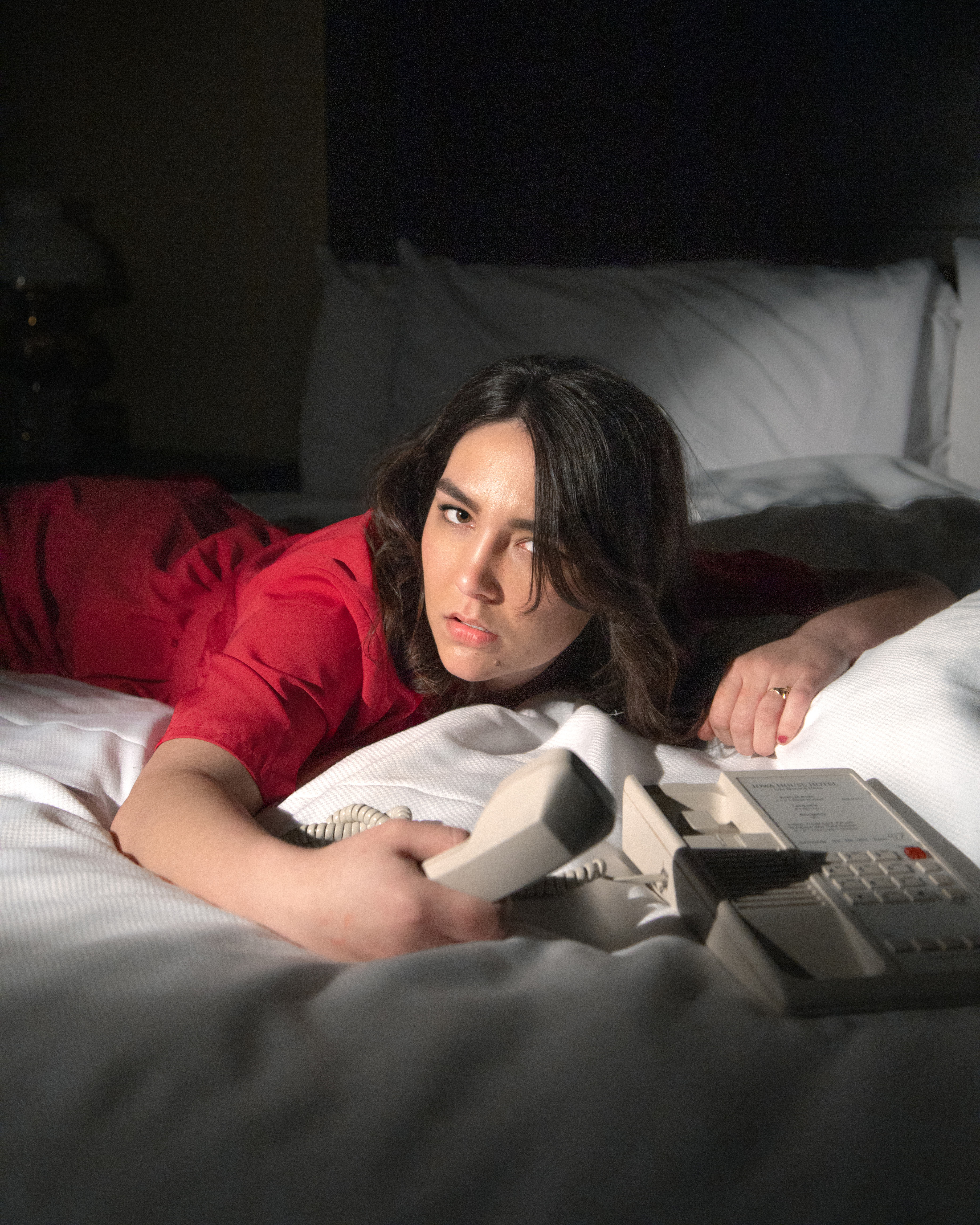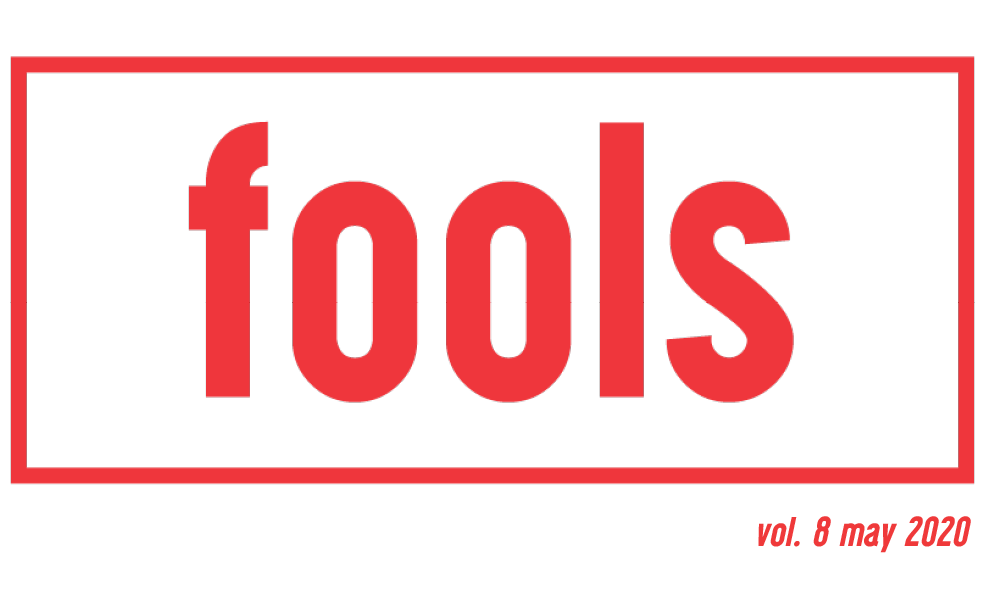Tavola starts as Tavola normally does, with Irene Lottini striding combat-boot tipped legs down third floor Phillips Hall, keys dangling from one hand, a cheerful chirp of “Ciao!” in the other, before she swings the doors to room 315 open for the half-scattered group of language learners gathered in the hall. I am one of them.
Once I’ve pulled into my usual spot around the room’s table— hence the reason it’s called Tavola Italiana, literally meaning Italian Table — Irene smiles and shoots me a quick, “ Come va ?” I give a shrug, a wince, and a tired “ va. ”
Claudia Sartini-Rideout is the next to come in, dumping her bag on a chair next to Irene before scuttling to the microwave to make her lunch, shouting across the room as she goes.
I only catch a few verbs, but Irene is laughing and yelling back, voice booming over the table.
Then comes Katja Liimatta, then, five minutes later, Lucia Gemmani. By them Cinzia Blum is talking animatedly, breaking occasionally to repeat some of the harder sections to the studenti. I lean forward to focus on what she’s saying, my brain lagging every few words, and after a few minutes I have to sit back and shake my head, too overwhelmed.
“Cosa significa ragni?” I ask Lucia quickly, stumbling over the words, and she translates. It’s ‘spiders.’
“ E scarafaggi?” Roaches. I look to where Claudia is speaking, grabbing her arms and making shuddering motions as she talks.
The conversation is about bugs, that I can figure out. The rest is mush in my head. I try to listen again, but nothing is making sense, and soon there’s a stale kind of frustration bubbling under my forehead.
There’s countless women at this table, all strong and fluent, and I so desperately want to join them, to be able to sit somewhat level with them, but I catch and catch until my brain overloads, until it all shuts down, until all I’m listening to is white, fuzzed noise.
There are two big facts that I know about myself: I’m Italian-American, and I’m gay.
I’m fully aware that, as someone who identifies as queer, I don’t really conventionally fit into the gay community, a place rightfully obsessed with labels. Queer is an umbrella term and an identity, but when you rarely meet anyone who uses it like you do, it’s hard to feel that sense of solidarity.
My Gay-Straight Alliance advisor thought I was an ally until I graduated, and my sister didn’t know until I mentioned it on a call in college, three years after I ‘came out.’ I’ve been told I’m the most “staight looking gay anyone has ever seen,” and I get that it’s supposed to be a good thing, especially when dealing with homophobes, but it’s still left a gap in my head between me and the overarching community.
I’m here, under the giant queer umbrella, but everyone else is under their own little parasols. I deal with similar struggles — though I am cis and white and lucky enough to have the privileges attributed to those identities — but there’s still this feeling of being outside something I’m technically included in.
I’m protective of the queer community — it’s still my community — but sometimes it feels as if it doesn’t love me back. I’ve always felt as if I haven’t had enough evidence of my sexuality for the queer community.
I don’t know what caused this — though I’m starting to think it’s likely a vice I’ve internalized — but I do know that others’ perception of me is not something I can control, and I've learned that it’s not something I need to.
I can’t control the fact that I’m queer, just like I can’t control my heritage, but I do have more freedom when it comes to discovering the Italian parts of myself. While it won’t be easy learning an entire language and culture, I know it’ll be a fresh start for me.
So, at 18 I turned to Italian, picked up language courses against my advisor’s wishes, and ran full force into detangling my identity.
Claudia Sartini-Rideout is a character in the best sense of the word. She’s a Cheshire-smiled, curly haired woman with a habit of leaning over her classroom's lecture podium like a cat ready to pounce, grinning as she chirps out a quick, “ Novita?” to the class. She’s a stickler for every student speaking in Italian at least once before she starts class.
As a reward — or incentive —for taking quizzes, she brings a gallon-sized ziplock bag bursting with a variety of candy for her students. The first time she whips the bag out, she announces, “Chocolate is good for the brain,” and then, after everyone’s got a piece, she scrawls ‘cioccolata’ on the board in half-dried marker, sounding it out for us.
When we try to bargain with her for extra credit, extensions on homework, or any other goodies college students desperately try to wrangle out of their teachers, Claudia will prop a hand on her hip and say, “Ask me in Italian and maybe I’ll do it,” and from there it’s a flutter of notes and Googling words and sputtered piacere s, all ending in Claudia scoffing and turning back to the whiteboard to slowly go over how to actually ask the question.
Claudia has a soft, motherly tone to her voice, one that can’t help but make you feel, for once, sorry that you didn’t do your homework. She’s approachable, if a bit mischievous, and I knew she would be great to interview.
When I first sit down in Claudia’s office, I’m imagining her telling me a triumphant story about the professoresse, about five regal Italian women who beat the odds, fought off the patriarchy, and carved a place for themselves here in Iowa City, which they all did, but not, it turns out, in the way I’d thought.
As Claudia starts to speak, I find out that the professoresse aren’t all Italian professors, most of them are considered lecturers, holding PhDs in other fields.
Claudia has a PhD in Geology, and to begin with, had only planned on staying in America for grad school, coming to Iowa specifically because her sister was here. But Claudia stayed, met her husband and had a kid and, over the years, veered away from research and more into language. It’s more personable for her.
I ask her what it’s like on her end, as someone who’s living in a culture that’s she’s not native to, and she pauses a bit, sits back to think.
”In a way,” she says. “I feel like I belong to both places and I don’t belong to either place. My family has helped a lot. Or not, when you have a daughter to drive fifteen million places.”
I ask her about her daughter, then, if Claudia’s teaching her Italian, or if she just grew up knowing it. Claudia sighs at this, shaking her head as if remembering something funny.
“My daughter is a super stubborn individual, and I’m not sure where she got it from.” She leans back and holds her hands up. “My husband says it's from me, but it’s not. I’m sure.”
She pauses.
When Claudia’s daughter was two, she refused to speak Italian. “And I would say, ‘I will not answer you unless you ask me in Italian,’ and she would sit down and scream for two hours.”
She eventually gave up, Claudia explains. Her daughter knows Italian, just won’t speak it around Claudia, and doesn’t really know how to write it, either. Claudia’s making her take classes when she starts at Iowa, though.
“I’m gonna send her to Irene, I think, or Lucia,” Claudia says. “I told her, ‘you need to learn it,” Claudia continues. “I don’t care, but you need to learn it.’”
I wonder vaguely if that’s something that’s come out of a generational difference, or maybe if Claudia’s more stubborn about retaining culture than my family was. It can’t be a societal difference; America is still fighting against immigrants using their native language in public, so much so that even Claudia mentioned how she feels nervous speaking Italian on the phone in public. So is it a difference in perceptions?
Claudia’s interview answered so many things but posed so many more questions, too.
I don’t want to project my own self-doubts onto Claudia, don’t want to present my own identity issues as her own. I hadn’t wanted this essay to be about self-discovery. The professoresse were all supposed to be seperate from that. But after just one interview with Claudia, I knew that wasn’t the case.
Language has the power to become a gateway to self-discovery, and these are the women who hold the key.
This semester I’m taking a class called Images of Modern Italy. It's an upper level, discussion based course that, through a whirlwind of coincidental circumstances, I’m taking after a single semester of Elementary Italian I. Irene, who teaches it, knows this and helps as best she can, checking to see if I’m following in class and making sure to give me the easier parts of our translation projects.
When I offhandedly mention my frustrations at not being able to say what I want, Irene tells me I’m doing fine. “You’ve only just started,” she says, and I know it’s true, but, still, it straight up sucks.
I don’t know if it’s the Gen Z in me, but I want that immediate satisfaction, want to know everything now. But I don’t, and I can’t, and it’s going to be years before I can get there. I think that’s the most frustrating part sometimes.
I can only see the professoresse for where they are now, not for how they struggled to get there. It doesn’t help that I’m constantly surrounded by kids my age who can conjugate on the fly, who seem to know every word out there.
It’s not something I’m proud of, but I’m inherently jealous of my classmates. Not one of them has ever done anything to me. In fact, they’re some of the sweetest people I’ve ever met.
They chat with me before class, smile at me if I see them at work, give me advice about studying abroad. It still doesn’t change the fact that they’ve been to Italy and I haven’t, that they’re basically fluent in Italian and I’m not.
On days when Tavola doesn’t go well, when I can barely understand what’s happening in class and I’m too nervous to ask Irene to translate, I can’t help but almost feel wronged.
I grew up my whole life saying I was Italian-American, but it doesn’t feel true.
The most Italian thing my family does is make pizzelles from a 1920s recipe my mom found on the internet. We have a cookbook called, unironically, The Italian-American Immigrant Cookbook , and Mom, on days when she feels like it, will make pasta. On Sundays as a kid I’d help her cook spaghetti and meatballs, standing on a little red step-stool and helping roll the ground beef into spheres, but that’s about it.
I’m supposed to be Italian-American, but I don't feel it. My parents say that’s what we are, but I just don’t have that connection. It’s the reason I’m doing all this in the first place.
Some days, I feel like I deserve to know more than my classmates do, like I should be in their place. I know it’s stupid, and rude, and ignorant.
I want to be fluent, want that connection, but I’m nowhere close to it. Sometimes it feels like it’s ingrained in me to never get close to it. After all, my name itself is an Italian fuck-up. It’s supposed to be Carmela, not Carmella, but Dad got nervous signing my birth certificate and added the extra ‘L.’
Lucia was always correcting my internalized errors on my assignments last semester, a quiet, red slash through the corner of my name.
Once at Tavola , I was watching the professoresse prance off in rapid-fire Italian with an Italian visitor. Cinzia, who tends to speak for the professoresse as a whole often, started going around the room, introducing the studenti to him with their Italian names, then their real ones. Cinzia got to me, said, “ Si chiama Carmela. ” Then she turned to me, asked, “ Il tuo nome inglese? ”
“Carmella,” I said, and Cinzia shook her head no, started to say ‘No, I mean your English name,’ but Lucia was next to me, speaking up.
“It is Carmella,” she said.
Cinzia made an ‘I see’ kind of face and asked why I’m studying Italian, more for the guest to get a feel of the program than anything, and I mumbled out a horrendously conjugated version of ‘my grandparents were Italian, so…’
Cinzia moved on from me, and I spent the rest of Tavola curled quietly in my seat.
When I call my father for the first time in four weeks, I’ve got steaming insta-teriyaki noodles on my desk and what feels like millions of questions in my head.
18 years of life and I’ve never talked to him about being Italian. He’d mention things offhand in stories, how he’d gone back to Bari for vacation with my nonna when he was three, then, when she got sick, had ended up staying there for seven months. He came back to America fluent in Italian. Only in Italian.
Now, at 56, my father can only speak English.
When I talk to him about life as a first-generation kid, he’s kind of all over the place. I don’t know if he’s ever really talked about his identity as Italian-American, or if it was ever something that crossed his mind.
There isn’t really a sadness to his voice. It’s just a fact he’s seemed to accept. When I ask him what he thinks about all this, he doesn’t really say much about it.
We speak for 40 minutes, Dad and I, and I find he’s just as in limbo as I am, half-in- half-out of cultures and languages, aspects of our identities only semi-spun around ourselves. When I ask him why he never really sought out learning Italian as a kid, if it just didn’t appeal to him, if he didn’t have the opportunity or the means, I can feel his half-shrug through my phone.
“I don’t know,” he tells me. “You don’t think about that when you’re young.”
I meet again with Claudia a week later. My coat’s soaked from the rain when I walk in and I try not to drip on her floors, giving her an awkward ‘ciao.’ The word, furiatingly, still sits awkward on my tongue. Claudia smiles at me anyways, and we chat idly before I start the interview.
We talk about how she’s been able to keep connected with her culture through teaching, something she’s extremely grateful for.
It feels like it should be a simple answer for my problem: if I do the same and keep learning Italian in classes, I’ll be able to connect with culture, and then later with my background. But, the thing is, it’s been months and nothing’s been happening. I’ve been learning about Italian language and history, but it doesn’t feel like anything’s changed.
So I ask, “How do you think all this has influenced your identity?”
Claudia pauses.
“I don’t feel like I belong anywhere,” she muses, a small smile on her face, and I’m sucked in, leaning closer as if it’d help me absorb her words better. “So my identity is kind of weird. [Being Italian] definitely has influenced who I am and how I am and what I do, but I’m kind of split in how I identify.”
There’s been times, too, when she’s afraid her daughter will disconnect, something most apparent back when she was first rejecting the language as a kid. But over the years Claudia has learned that there’s more to the situation.
“[It] really made me think, ‘oh she’s gonna grow that aspect of herself,’ but no, she just doesn’t like to speak the language, but she’s really attached to the culture.”
It reminds me a bit of my mom, the way Claudia’s talking about her daughter. I’ve always talked about how I don’t feel like my family does anything Italian-American, like our traditions are watered-down versions of the original, but Claudia’s making me start to realize that maybe that’s just how my mother is trying to hold onto her heritage. Perhaps there’s more to this than just learning language and customs.
I swerve a bit from that thought, ask Claudia if she’s ever seen a student trying to reconnect after their family disconnected.
“I’ve had some cases which I thought were interesting,” she tells me. “Because [these students] were obviously from Italian-American families, but they didn’t put any effort whatsoever into learning the language. It was almost like they couldn’t care less.”
Claudia can’t say much about anything specific students do to reconnect to their culture, but she has mentioned times when students bring in things for her to translate.
“... I have some students that brought me old documents, I don’t know how they found them, from Italian great-great-grandparents, written in this old Italian with this old, old cursive. I can see it, when we translate something together, it brings something to them.”
I tell her I might bring in my nonno ’s old ship logs; he’d been a fisherman back in Bari. Claudia grins, overjoyed. “I’d love to see them!” she says. We chat a bit more again, then say our goodbyes.
I’ve begun to see the gratefulness in her smile, see just how much Iowa’s Italian program means to her. It starts to make me think that maybe, some day, I’ll start making progress. I hope that then I can let Claudia and the professoresse know how much they’ve helped people like me.
Irene Lottini is a goddamn superhero; it’d be a travesty to describe her as anything less. She’s a woman with a queenly presence and a booming voice, one that builds like a wave as she presents to her classes. The more animated she gets, the louder her voice goes, until it reaches its peak and evens out.
The first time I saw Irene at Tavola , I was afraid of her, but over time I’ve grown to see she’s a wickedly intelligent woman with an insanely dedicated captivation for Italian film and culture. In Images of Modern Italy, every week before we start a new movie, Irene claps her hands, flares her eyes wide, smiles the most cheek-splitting smile, and says, “Now this one is gonna be intense.”
Once, when Claudia was sick, Irene filled in for my Elementary Italian II class. She smiled when she saw me, gave a little wave and a soft “ ciao,” and then proceeded to pull up a song to teach us about the everyday use of qualche volta .
Out of all the professoresse , Irene speaks the fastest. There’s times in class when I can't even begin to translate what she’s saying. Still, there’s been a handful of moments when I’m sitting quiet during Tavola and she’s leaned over to talk with me, albeit knowing my complete inability to conjugate in my head.
I don’t know as much about Irene as I do Claudia, just that she’s got a PhD in Comparative Studies and is what I would consider a legitimate genius. She also, in general, is just insanely good at what she does.
“I like my culture,” Irene says simply. “I like Italian films and I like Italian literature and I like the idea of being able to involve other people, mainly students, in the discussion of Italian culture, at least to present Italian culture to other generations.”
She explains further, “I don't think you can live today in this world without knowing or at least meeting other cultures. We live in a global world, we cannot really even pretend that we are just here.”
Aside from Images of Modern Italy, Irene teaches a class called the Italian-American Experience, which, aside from covering Italian influences on America, includes a project about students’ own heritages.
“When you build your own identity, of course you have to consider your heritage,” she explains, twirling a pen between her fingers. “You have to consider that you’re a part of a society, so you have to consider that the way you act every day is a result of your interaction with that society. That will have an influence on a student. It can’t not have an influence on a student and [their] own process to build [their] own identity.”
It’s an enlightening thing to hear. I know that despite not feeling a connection to the United States, it’s still had an influence on me. Like Irene said, it’s impossible for it not to have. But it makes me think that maybe I haven’t focused enough on understanding why I feel disconnected from my heritage. I’ve always known it was due to my family’s assimilation but I’d never stopped to think about how America has influenced me, or how that influence interacts with my attempts to reconnect with Italian culture.
“When you think about your own reality, it’s a way to process your own identity,” Irene tells me. “Knowing a language forces you to open your mind and opening your mind is always an important step in your own construction of your identity.”
It makes me wonder how many kids out there are trying to do the same thing I am. Are there other Italian-Americans trying to regain their identities, too, or is it less common than I think? Or do others just see it as learning a language and not uncovering part of themselves? I guess, like Claudia said before, the professoresse aren’t able to see personal growth that much, but I still ask Irene about students she’s seen rediscovering Italian.
“Now we are probably talking about third- or fourth-generations [of Italian-Americans] now, so some of the aspects of Italian culture have been lost through different generations,” she says.
“Still,” Irene says. “There is an idea that students have … a willingness … to rediscover the language or the culture or at least the journey that some of their own relatives took to go to this country.”
She doesn’t have a specific answer for me. She tells me maybe about half of most of her classes are Italian-American kids that have interests in learning about culture. Claudia had said less. Maybe Irene pays more attention, or maybe Claudia just gets more gen-ed kids in her classes. Who’s to say.
All I can really get out of it is that neither Claudia nor Irene have any real examples of students trying to rediscover their identity through Italian. Perhaps it’s because they only see them in classroom settings. It could be that I’ve been doing this whole thing wrong. Maybe what’s going to help me most, whatever it may be, is done outside the classroom setting. Maybe that’s why the professoresse don’t have answers for me.
“It might be a little harder [to reconnect] because we are all busy with our own lives, and then cultures change and kids that are fully assimilated lose something,” Irene tells me. “But at the same time even if you don’t reconnect with your grandparents culture, you can connect with the evolution of that culture and how that culture is presented today and is still evolving today.
“That’s your choice. To explore a different culture is your choice.”
It hits me that maybe culture isn’t what I thought it was. This whole time I’d based it off my own abilities and my own connections, if I did enough Italian things or spoke the language well enough to pass as native. Subconsciously, I’d been doing the exact same things that made me feel like an outsider in the queer community. Instead of learning more about my background, I was trying to justify my place in it.
Maybe that’s why I’d been struggling so hard, why I feel at times like I’m going nowhere. Claudia’s daughter doesn’t? speaks Italian, but has more of a connection to Italian traditions, and Irene showed me that some people can relate back to their heritage in unconventional ways. I want to learn Italian, want to reconnect, but maybe there’s other ways to do it.
Honestly, I don’t know. I don’t think I can know. Identity is a finicky thing like that.
In a year I’ll be in Viterbo, Italy, studying abroad, and I can’t say what that will do for me. Maybe it will widen that disconnect, maybe it will close it. Will being in the center of my estranged heritage make me feel more isolated? Will I start to feel at home instead? What if being there doesn’t help make me fluent in Italian? And even if it does, who’s to say that will even show me how to be me?
It’s impossible for me to predict how absorbing Italian language and culture will change me, but it’s also been amazing to learn more about the professoresse, to see how the gears of their identities and knowledge turn. If anything they’ve become role models for me, these women, learning and teaching in novitas and workbook pages and tabled conversations, in lectures and desks and third-floor conference rooms. And while it might not be next to them, they’ve begun to show me how to craft a space for myself. They’ve all extended their hands, pulled out some chairs, and beckoned others to join them, these women at the table.
